Keenly Preesents
Keenly Preesents
Ben Lukas Boysen
Ben Lukas Boysen
Composer & Sound Designer
Ben Lukas Boysen
Composer & Sound Designer
Ben Lukas Boysen
Composer & Sound Designer
Ben Lukas Boysen
Composer & Sound Designer
Ben Lukas Boysen
Composer & Sound Designer
Berlin
Berlin
Berlin
Berlin
Berlin
Ben Lukas Boysen
Ben Lukas Boysen
Ben Lukas Boysen
Ben Lukas Boysen
Ben Lukas Boysen
Mario Gorniok (Interview, Kamera)
Marie Zillgens (Kamera, Schnitt)
Mario Gorniok (Interview, Kamera)
Marie Zillgens (Kamera, Schnitt)
Mario Gorniok (Interv., Kamera)
Marie Zillgens (Kamera, Schnitt)
Mario Gorniok (Interview, Kamera)
Marie Zillgens (Kamera, Schnitt)
Mario Gorniok (Interview, Kamera)
Marie Zillgens (Kamera, Schnitt)
"Always be your own guiding light."
"Always be your own guiding light."
"Always be your own guiding light."
"Always be your own guiding light."
"Always be your own guiding light."
Ben Lukas Boysen is a german Composer & Sound Designer, who describes in this interview the ongoing process of creating music, during which its limits shift permanently, and to what extend it can affect you as an individual.
Ben Lukas Boysen is a german Composer & Sound Designer, who describes in this interview the ongoing process of creating music, during which its limits shift permanently, and to what extend it can affect you as an individual.
Ben Lukas Boysen is a german Composer & Sound Designer, who describes in this interview the ongoing process of creating music, during which its limits shift permanently, and to what extend it can affect you as an individual.
Ben Lukas Boysen is a german Composer & Sound Designer, who describes in this interview the ongoing process of creating music, during which its limits shift permanently, and to what extend it can affect you as an individual.
Ben Lukas Boysen is a german Composer & Sound Designer, who describes in this interview the ongoing process of creating music, during which its limits shift permanently, and to what extend it can affect you as an individual.
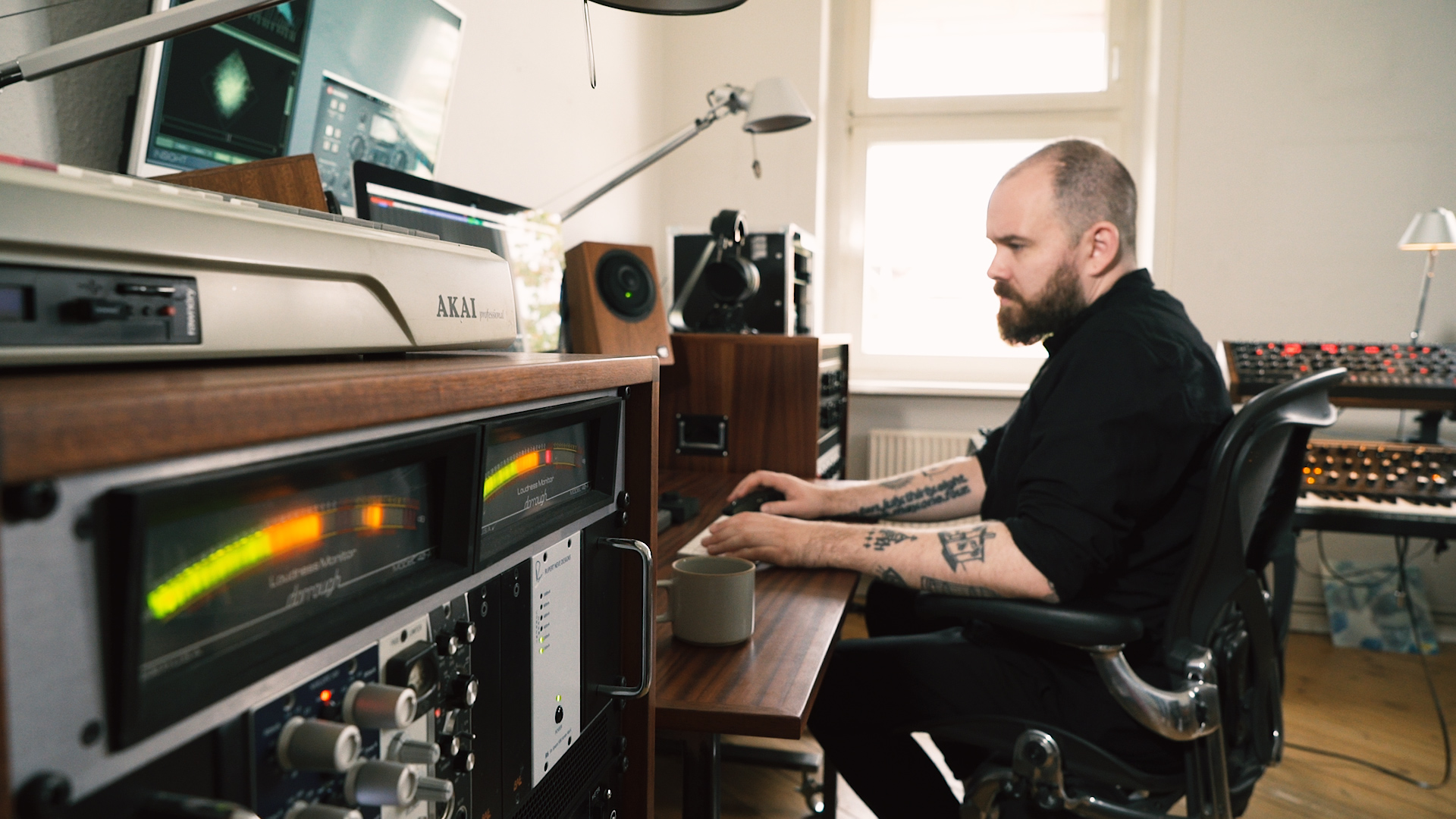
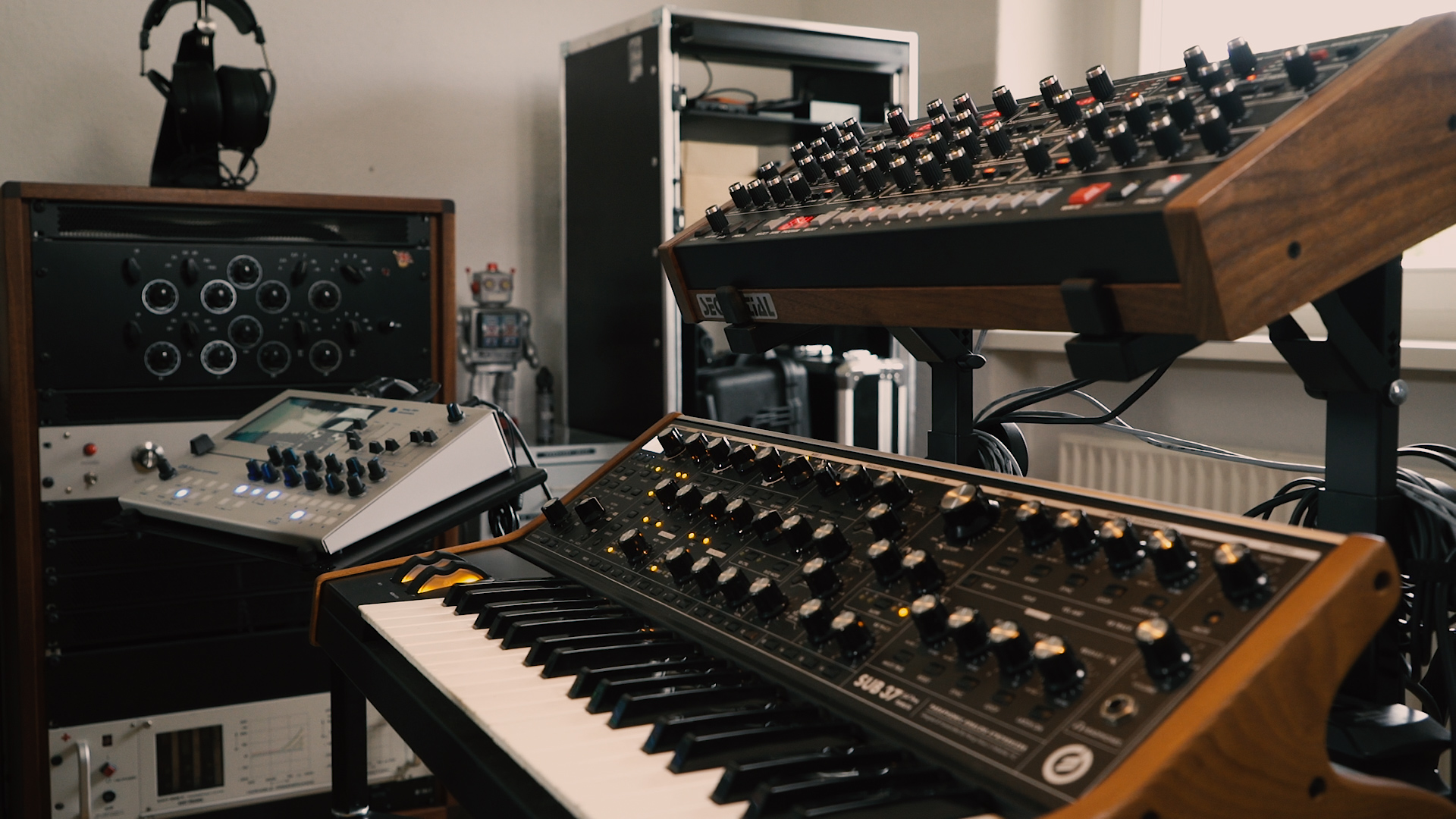
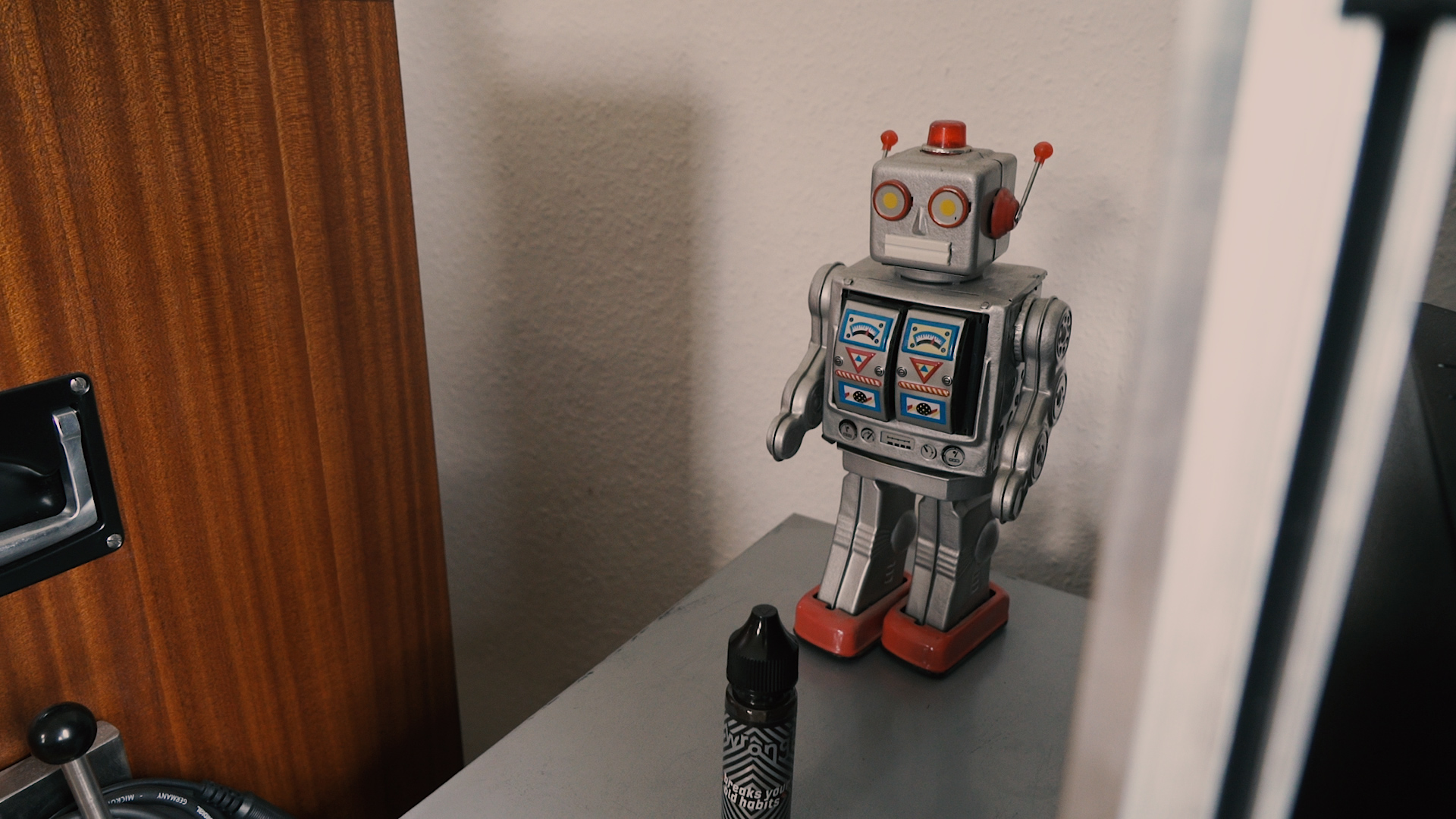
I’m Ben Lukas Boysen and I’m a Composer and Sound Designer from Berlin and I work in Films and Music Production and Video Games.
Do you remember your first intense experience with music?
My first intense music experience has to be a combination of my musical upbringing, which was really the classical side of things because my parents were both, well, musicians and actors and very interested in the Arts, generally. And that led to a huge introduction to all the Classics like Bruckner, Brahms, all that stuff, but also a lot of Jazz.
The second half of it would be my introduction to everything surrounding Warp Records. Squarepusher, Aphex Twin, Autechre.
Well, where you learn things in music can be very different and are not limited to what at least I thought was the limits of music - which is free Jazz and very experimental stuff - where you just think you cannot go any further than that, but you definitely can and especially Autechre showed that to me in a way that is until this very day very beyond me.
What did you want to be when you grew up?
Paleontologist - if that’s the right word to say - yeah - well I wanted to explore and find out everything about dinosaurs until I listened to music and that was over then, but I think until I was five or six, like that was the only thing I could think about - dig up dinosaurs.
When did you realize you wanted to become a musician?
Right after I finished my paleontology phase, because I was introduced more widely to music generally. It really felt like an unexplainable and black-magical thing to me, like I did not know how people come up with these things, like with the Operas and just simply not understanding anything about instruments because I didn’t play an instrument back then.That was the most exciting thing, because, differently to dinosaurs I knew they existed and basically following back that trace, that’s what you have to do, and with music it just opened up a universe that I did not know. It’s like discovering a new color and that’s also when the educational process of my parents began, where we would exchange and listen and discuss and, yeah, it was, yeah, the best time. And there was also no limit to what you could find out about it. With every new record you discover something and it felt - or it actually still does feel - like a undepleatable resource. Like, you can always go back and even though you only have twelve notes and a couple of instruments - given the amount of records that are out there - it just never gets, never gets boring. Like, the first thing I do in the morning after the coffee is like, I put on any record, just dive right back into it.
I think the drive with - yeah it was around like five or seven - that exploded still keeps going today where I just think: "Yeah that was still the right decision. Best decision!" Like amongst many wrong decisions that was the perfect decision to do, because I’m not exactly sure what I was able to do.
Your most intense moment in your job so far?
The most intense moment in my job so far must be the recordings we had earlier this year with the Babelsberger Cinema Orchester, because you basically just come in after weeks of composing and they sit down and nail your composition on the first attempt and the - that for once - and also it is extremely humbling that you basically just witness people being excellent at their job - the Orchestrator and the forty-plus Musicians and the Conductor - and it’s just like, very talented and devoted people bring your composition to life which makes you - which is extremely humbling and at the same time also makes you feel like a Rockstar, which is also good every now and then. That was fantastic, and I hope it’s only the beginning of many more movies to come. But it was the first time recording with an Orchestra and it’s hopefully not gonna be the last, and will be a forever cherished moment in my heart.
Is there anything in your job so far what made you feel unsure?
Every album or every score, at least in my case, has a point where I’m not exactly sure why I’m doing what I’m doing - and if it’s actually good. But that’s I think a very, very important artistic defence mechanism, to double check your choices and it’s not so much a - you’re not doubting the general thing you do in life or your occupation, it’s more that this particular process or a particular project can feel very frustrating or you feel somewhat fraudulent while doing it, because you just think like how - I don’t even know how that thing works really, because you find out something, like even a positive event can make you question your abilities. So, yeah, the short answer would be pretty much every album I ever made, made me doubt myself - to a certain extent. And in this doubt within lies also the motivation to go on. Like, if you wouldn’t have these moments where you absolutely say: "This is crap", you wouldn’t think about why you’re doing what you’re doing, so, yeah, if you don’t have these frustrations in your work I strongly believe you’re underestimating its value, maybe, because it’s super important to double check. And, yeah, every album and I’m thankful for it.
Some words to future musicians
Always be your own light! You know, you’re own guiding light. If you know, if you have something to say and you know what you want to do, stick with it. It might take a couple of years, or longer even sometimes, but if you have a message to send, stick with it, like, work on it, refine it, do it again and fail a couple of times, or very often, but just stick with it, like, trust in the things you deem important. And it doesn’t even matter - I talk from experience - if you don’t have all the skills right from the start, focus on what you want to learn when you need it and then assemble a tool kit that supports your creativity and the thing that you want to do, whatever it is. Really, really, really trust in yourself to, yeah, to sound a bit B-movie-like, but it is, it’s the truth, it’s just, I think it’s said so often because that’s the only thing that really matters and most people know that.
Berlin, September 2019
I’m Ben Lukas Boysen and I’m a Composer and Sound Designer from Berlin and I work in Films and Music Production and Video Games.
Do you remember your first intense experience with music?
My first intense music experience has to be a combination of my musical upbringing, which was really the classical side of things because my parents were both, well, musicians and actors and very interested in the Arts, generally. And that led to a huge introduction to all the Classics like Bruckner, Brahms, all that stuff, but also a lot of Jazz.
The second half of it would be my introduction to everything surrounding Warp Records. Squarepusher, Aphex Twin, Autechre.
Well, where you learn things in music can be very different and are not limited to what at least I thought was the limits of music - which is free Jazz and very experimental stuff - where you just think you cannot go any further than that, but you definitely can and especially Autechre showed that to me in a way that is until this very day very beyond me.
What did you want to be when you grew up?
Paleontologist - if that’s the right word to say - yeah - well I wanted to explore and find out everything about dinosaurs until I listened to music and that was over then, but I think until I was five or six, like that was the only thing I could think about - dig up dinosaurs.
When did you realize you wanted to become a musician?
Right after I finished my paleontology phase, because I was introduced more widely to music generally. It really felt like an unexplainable and black-magical thing to me, like I did not know how people come up with these things, like with the Operas and just simply not understanding anything about instruments because I didn’t play an instrument back then.That was the most exciting thing, because, differently to dinosaurs I knew they existed and basically following back that trace, that’s what you have to do, and with music it just opened up a universe that I did not know. It’s like discovering a new color and that’s also when the educational process of my parents began, where we would exchange and listen and discuss and, yeah, it was, yeah, the best time. And there was also no limit to what you could find out about it. With every new record you discover something and it felt - or it actually still does feel - like a undepleatable resource. Like, you can always go back and even though you only have twelve notes and a couple of instruments - given the amount of records that are out there - it just never gets, never gets boring. Like, the first thing I do in the morning after the coffee is like, I put on any record, just dive right back into it.
I think the drive with - yeah it was around like five or seven - that exploded still keeps going today where I just think: "Yeah that was still the right decision. Best decision!" Like amongst many wrong decisions that was the perfect decision to do, because I’m not exactly sure what I was able to do.
Your most intense moment in your job so far?
The most intense moment in my job so far must be the recordings we had earlier this year with the Babelsberger Cinema Orchester, because you basically just come in after weeks of composing and they sit down and nail your composition on the first attempt and the - that for once - and also it is extremely humbling that you basically just witness people being excellent at their job - the Orchestrator and the forty-plus Musicians and the Conductor - and it’s just like, very talented and devoted people bring your composition to life which makes you - which is extremely humbling and at the same time also makes you feel like a Rockstar, which is also good every now and then. That was fantastic, and I hope it’s only the beginning of many more movies to come. But it was the first time recording with an Orchestra and it’s hopefully not gonna be the last, and will be a forever cherished moment in my heart.
Is there anything in your job so far what made you feel unsure?
Every album or every score, at least in my case, has a point where I’m not exactly sure why I’m doing what I’m doing - and if it’s actually good. But that’s I think a very, very important artistic defence mechanism, to double check your choices and it’s not so much a - you’re not doubting the general thing you do in life or your occupation, it’s more that this particular process or a particular project can feel very frustrating or you feel somewhat fraudulent while doing it, because you just think like how - I don’t even know how that thing works really, because you find out something, like even a positive event can make you question your abilities. So, yeah, the short answer would be pretty much every album I ever made, made me doubt myself - to a certain extent. And in this doubt within lies also the motivation to go on. Like, if you wouldn’t have these moments where you absolutely say: "This is crap", you wouldn’t think about why you’re doing what you’re doing, so, yeah, if you don’t have these frustrations in your work I strongly believe you’re underestimating its value, maybe, because it’s super important to double check. And, yeah, every album and I’m thankful for it.
Some words to future musicians
Always be your own light! You know, you’re own guiding light. If you know, if you have something to say and you know what you want to do, stick with it. It might take a couple of years, or longer even sometimes, but if you have a message to send, stick with it, like, work on it, refine it, do it again and fail a couple of times, or very often, but just stick with it, like, trust in the things you deem important. And it doesn’t even matter - I talk from experience - if you don’t have all the skills right from the start, focus on what you want to learn when you need it and then assemble a tool kit that supports your creativity and the thing that you want to do, whatever it is. Really, really, really trust in yourself to, yeah, to sound a bit B-movie-like, but it is, it’s the truth, it’s just, I think it’s said so often because that’s the only thing that really matters and most people know that.
Berlin, September 2019
I’m Ben Lukas Boysen and I’m a Composer and Sound Designer from Berlin and I work in Films and Music Production and Video Games.
Do you remember your first intense experience with music?
My first intense music experience has to be a combination of my musical upbringing, which was really the classical side of things because my parents were both, well, musicians and actors and very interested in the Arts, generally. And that led to a huge introduction to all the Classics like Bruckner, Brahms, all that stuff, but also a lot of Jazz.
The second half of it would be my introduction to everything surrounding Warp Records. Squarepusher, Aphex Twin, Autechre.
Well, where you learn things in music can be very different and are not limited to what at least I thought was the limits of music - which is free Jazz and very experimental stuff - where you just think you cannot go any further than that, but you definitely can and especially Autechre showed that to me in a way that is until this very day very beyond me.
What did you want to be when you grew up?
Paleontologist - if that’s the right word to say - yeah - well I wanted to explore and find out everything about dinosaurs until I listened to music and that was over then, but I think until I was five or six, like that was the only thing I could think about - dig up dinosaurs.
When did you realize you wanted to become a musician?
Right after I finished my paleontology phase, because I was introduced more widely to music generally. It really felt like an unexplainable and black-magical thing to me, like I did not know how people come up with these things, like with the Operas and just simply not understanding anything about instruments because I didn’t play an instrument back then.That was the most exciting thing, because, differently to dinosaurs I knew they existed and basically following back that trace, that’s what you have to do, and with music it just opened up a universe that I did not know. It’s like discovering a new color and that’s also when the educational process of my parents began, where we would exchange and listen and discuss and, yeah, it was, yeah, the best time. And there was also no limit to what you could find out about it. With every new record you discover something and it felt - or it actually still does feel - like a undepleatable resource. Like, you can always go back and even though you only have twelve notes and a couple of instruments - given the amount of records that are out there - it just never gets, never gets boring. Like, the first thing I do in the morning after the coffee is like, I put on any record, just dive right back into it.
I think the drive with - yeah it was around like five or seven - that exploded still keeps going today where I just think: "Yeah that was still the right decision. Best decision!" Like amongst many wrong decisions that was the perfect decision to do, because I’m not exactly sure what I was able to do.
Your most intense moment in your job so far?
The most intense moment in my job so far must be the recordings we had earlier this year with the Babelsberger Cinema Orchester, because you basically just come in after weeks of composing and they sit down and nail your composition on the first attempt and the - that for once - and also it is extremely humbling that you basically just witness people being excellent at their job - the Orchestrator and the forty-plus Musicians and the Conductor - and it’s just like, very talented and devoted people bring your composition to life which makes you - which is extremely humbling and at the same time also makes you feel like a Rockstar, which is also good every now and then. That was fantastic, and I hope it’s only the beginning of many more movies to come. But it was the first time recording with an Orchestra and it’s hopefully not gonna be the last, and will be a forever cherished moment in my heart.
Is there anything in your job so far what made you feel unsure?
Every album or every score, at least in my case, has a point where I’m not exactly sure why I’m doing what I’m doing - and if it’s actually good. But that’s I think a very, very important artistic defence mechanism, to double check your choices and it’s not so much a - you’re not doubting the general thing you do in life or your occupation, it’s more that this particular process or a particular project can feel very frustrating or you feel somewhat fraudulent while doing it, because you just think like how - I don’t even know how that thing works really, because you find out something, like even a positive event can make you question your abilities. So, yeah, the short answer would be pretty much every album I ever made, made me doubt myself - to a certain extent. And in this doubt within lies also the motivation to go on. Like, if you wouldn’t have these moments where you absolutely say: "This is crap", you wouldn’t think about why you’re doing what you’re doing, so, yeah, if you don’t have these frustrations in your work I strongly believe you’re underestimating its value, maybe, because it’s super important to double check. And, yeah, every album and I’m thankful for it.
Some words to future musicians
Always be your own light! You know, you’re own guiding light. If you know, if you have something to say and you know what you want to do, stick with it. It might take a couple of years, or longer even sometimes, but if you have a message to send, stick with it, like, work on it, refine it, do it again and fail a couple of times, or very often, but just stick with it, like, trust in the things you deem important. And it doesn’t even matter - I talk from experience - if you don’t have all the skills right from the start, focus on what you want to learn when you need it and then assemble a tool kit that supports your creativity and the thing that you want to do, whatever it is. Really, really, really trust in yourself to, yeah, to sound a bit B-movie-like, but it is, it’s the truth, it’s just, I think it’s said so often because that’s the only thing that really matters and most people know that.
Berlin, September 2019
I’m Ben Lukas Boysen and I’m a Composer and Sound Designer from Berlin and I work in Films and Music Production and Video Games.
Do you remember your first intense experience with music?
My first intense music experience has to be a combination of my musical upbringing, which was really the classical side of things because my parents were both, well, musicians and actors and very interested in the Arts, generally. And that led to a huge introduction to all the Classics like Bruckner, Brahms, all that stuff, but also a lot of Jazz.
The second half of it would be my introduction to everything surrounding Warp Records. Squarepusher, Aphex Twin, Autechre.
Well, where you learn things in music can be very different and are not limited to what at least I thought was the limits of music - which is free Jazz and very experimental stuff - where you just think you cannot go any further than that, but you definitely can and especially Autechre showed that to me in a way that is until this very day very beyond me.
What did you want to be when you grew up?
Paleontologist - if that’s the right word to say - yeah - well I wanted to explore and find out everything about dinosaurs until I listened to music and that was over then, but I think until I was five or six, like that was the only thing I could think about - dig up dinosaurs.
When did you realize you wanted to become a musician?
Right after I finished my paleontology phase, because I was introduced more widely to music generally. It really felt like an unexplainable and black-magical thing to me, like I did not know how people come up with these things, like with the Operas and just simply not understanding anything about instruments because I didn’t play an instrument back then.That was the most exciting thing, because, differently to dinosaurs I knew they existed and basically following back that trace, that’s what you have to do, and with music it just opened up a universe that I did not know. It’s like discovering a new color and that’s also when the educational process of my parents began, where we would exchange and listen and discuss and, yeah, it was, yeah, the best time. And there was also no limit to what you could find out about it. With every new record you discover something and it felt - or it actually still does feel - like a undepleatable resource. Like, you can always go back and even though you only have twelve notes and a couple of instruments - given the amount of records that are out there - it just never gets, never gets boring. Like, the first thing I do in the morning after the coffee is like, I put on any record, just dive right back into it.
I think the drive with - yeah it was around like five or seven - that exploded still keeps going today where I just think: "Yeah that was still the right decision. Best decision!" Like amongst many wrong decisions that was the perfect decision to do, because I’m not exactly sure what I was able to do.
Your most intense moment in your job so far?
The most intense moment in my job so far must be the recordings we had earlier this year with the Babelsberger Cinema Orchester, because you basically just come in after weeks of composing and they sit down and nail your composition on the first attempt and the - that for once - and also it is extremely humbling that you basically just witness people being excellent at their job - the Orchestrator and the forty-plus Musicians and the Conductor - and it’s just like, very talented and devoted people bring your composition to life which makes you - which is extremely humbling and at the same time also makes you feel like a Rockstar, which is also good every now and then. That was fantastic, and I hope it’s only the beginning of many more movies to come. But it was the first time recording with an Orchestra and it’s hopefully not gonna be the last, and will be a forever cherished moment in my heart.
Is there anything in your job so far what made you feel unsure?
Every album or every score, at least in my case, has a point where I’m not exactly sure why I’m doing what I’m doing - and if it’s actually good. But that’s I think a very, very important artistic defence mechanism, to double check your choices and it’s not so much a - you’re not doubting the general thing you do in life or your occupation, it’s more that this particular process or a particular project can feel very frustrating or you feel somewhat fraudulent while doing it, because you just think like how - I don’t even know how that thing works really, because you find out something, like even a positive event can make you question your abilities. So, yeah, the short answer would be pretty much every album I ever made, made me doubt myself - to a certain extent. And in this doubt within lies also the motivation to go on. Like, if you wouldn’t have these moments where you absolutely say: "This is crap", you wouldn’t think about why you’re doing what you’re doing, so, yeah, if you don’t have these frustrations in your work I strongly believe you’re underestimating its value, maybe, because it’s super important to double check. And, yeah, every album and I’m thankful for it.
Some words to future musicians
Always be your own light! You know, you’re own guiding light. If you know, if you have something to say and you know what you want to do, stick with it. It might take a couple of years, or longer even sometimes, but if you have a message to send, stick with it, like, work on it, refine it, do it again and fail a couple of times, or very often, but just stick with it, like, trust in the things you deem important. And it doesn’t even matter - I talk from experience - if you don’t have all the skills right from the start, focus on what you want to learn when you need it and then assemble a tool kit that supports your creativity and the thing that you want to do, whatever it is. Really, really, really trust in yourself to, yeah, to sound a bit B-movie-like, but it is, it’s the truth, it’s just, I think it’s said so often because that’s the only thing that really matters and most people know that.
Berlin, September 2019
I’m Ben Lukas Boysen and I’m a Composer and Sound Designer from Berlin and I work in Films and Music Production and Video Games.
Do you remember your first intense experience with music?
My first intense music experience has to be a combination of my musical upbringing, which was really the classical side of things because my parents were both, well, musicians and actors and very interested in the Arts, generally. And that led to a huge introduction to all the Classics like Bruckner, Brahms, all that stuff, but also a lot of Jazz.
The second half of it would be my introduction to everything surrounding Warp Records. Squarepusher, Aphex Twin, Autechre.
Well, where you learn things in music can be very different and are not limited to what at least I thought was the limits of music - which is free Jazz and very experimental stuff - where you just think you cannot go any further than that, but you definitely can and especially Autechre showed that to me in a way that is until this very day very beyond me.
What did you want to be when you grew up?
Paleontologist - if that’s the right word to say - yeah - well I wanted to explore and find out everything about dinosaurs until I listened to music and that was over then, but I think until I was five or six, like that was the only thing I could think about - dig up dinosaurs.
When did you realize you wanted to become a musician?
Right after I finished my paleontology phase, because I was introduced more widely to music generally. It really felt like an unexplainable and black-magical thing to me, like I did not know how people come up with these things, like with the Operas and just simply not understanding anything about instruments because I didn’t play an instrument back then.That was the most exciting thing, because, differently to dinosaurs I knew they existed and basically following back that trace, that’s what you have to do, and with music it just opened up a universe that I did not know. It’s like discovering a new color and that’s also when the educational process of my parents began, where we would exchange and listen and discuss and, yeah, it was, yeah, the best time. And there was also no limit to what you could find out about it. With every new record you discover something and it felt - or it actually still does feel - like a undepleatable resource. Like, you can always go back and even though you only have twelve notes and a couple of instruments - given the amount of records that are out there - it just never gets, never gets boring. Like, the first thing I do in the morning after the coffee is like, I put on any record, just dive right back into it.
I think the drive with - yeah it was around like five or seven - that exploded still keeps going today where I just think: "Yeah that was still the right decision. Best decision!" Like amongst many wrong decisions that was the perfect decision to do, because I’m not exactly sure what I was able to do.
Your most intense moment in your job so far?
The most intense moment in my job so far must be the recordings we had earlier this year with the Babelsberger Cinema Orchester, because you basically just come in after weeks of composing and they sit down and nail your composition on the first attempt and the - that for once - and also it is extremely humbling that you basically just witness people being excellent at their job - the Orchestrator and the forty-plus Musicians and the Conductor - and it’s just like, very talented and devoted people bring your composition to life which makes you - which is extremely humbling and at the same time also makes you feel like a Rockstar, which is also good every now and then. That was fantastic, and I hope it’s only the beginning of many more movies to come. But it was the first time recording with an Orchestra and it’s hopefully not gonna be the last, and will be a forever cherished moment in my heart.
Is there anything in your job so far what made you feel unsure?
Every album or every score, at least in my case, has a point where I’m not exactly sure why I’m doing what I’m doing - and if it’s actually good. But that’s I think a very, very important artistic defence mechanism, to double check your choices and it’s not so much a - you’re not doubting the general thing you do in life or your occupation, it’s more that this particular process or a particular project can feel very frustrating or you feel somewhat fraudulent while doing it, because you just think like how - I don’t even know how that thing works really, because you find out something, like even a positive event can make you question your abilities. So, yeah, the short answer would be pretty much every album I ever made, made me doubt myself - to a certain extent. And in this doubt within lies also the motivation to go on. Like, if you wouldn’t have these moments where you absolutely say: "This is crap", you wouldn’t think about why you’re doing what you’re doing, so, yeah, if you don’t have these frustrations in your work I strongly believe you’re underestimating its value, maybe, because it’s super important to double check. And, yeah, every album and I’m thankful for it.
Some words to future musicians
Always be your own light! You know, you’re own guiding light. If you know, if you have something to say and you know what you want to do, stick with it. It might take a couple of years, or longer even sometimes, but if you have a message to send, stick with it, like, work on it, refine it, do it again and fail a couple of times, or very often, but just stick with it, like, trust in the things you deem important. And it doesn’t even matter - I talk from experience - if you don’t have all the skills right from the start, focus on what you want to learn when you need it and then assemble a tool kit that supports your creativity and the thing that you want to do, whatever it is. Really, really, really trust in yourself to, yeah, to sound a bit B-movie-like, but it is, it’s the truth, it’s just, I think it’s said so often because that’s the only thing that really matters and most people know that.
Berlin, September 2019
weitere Inspirationen
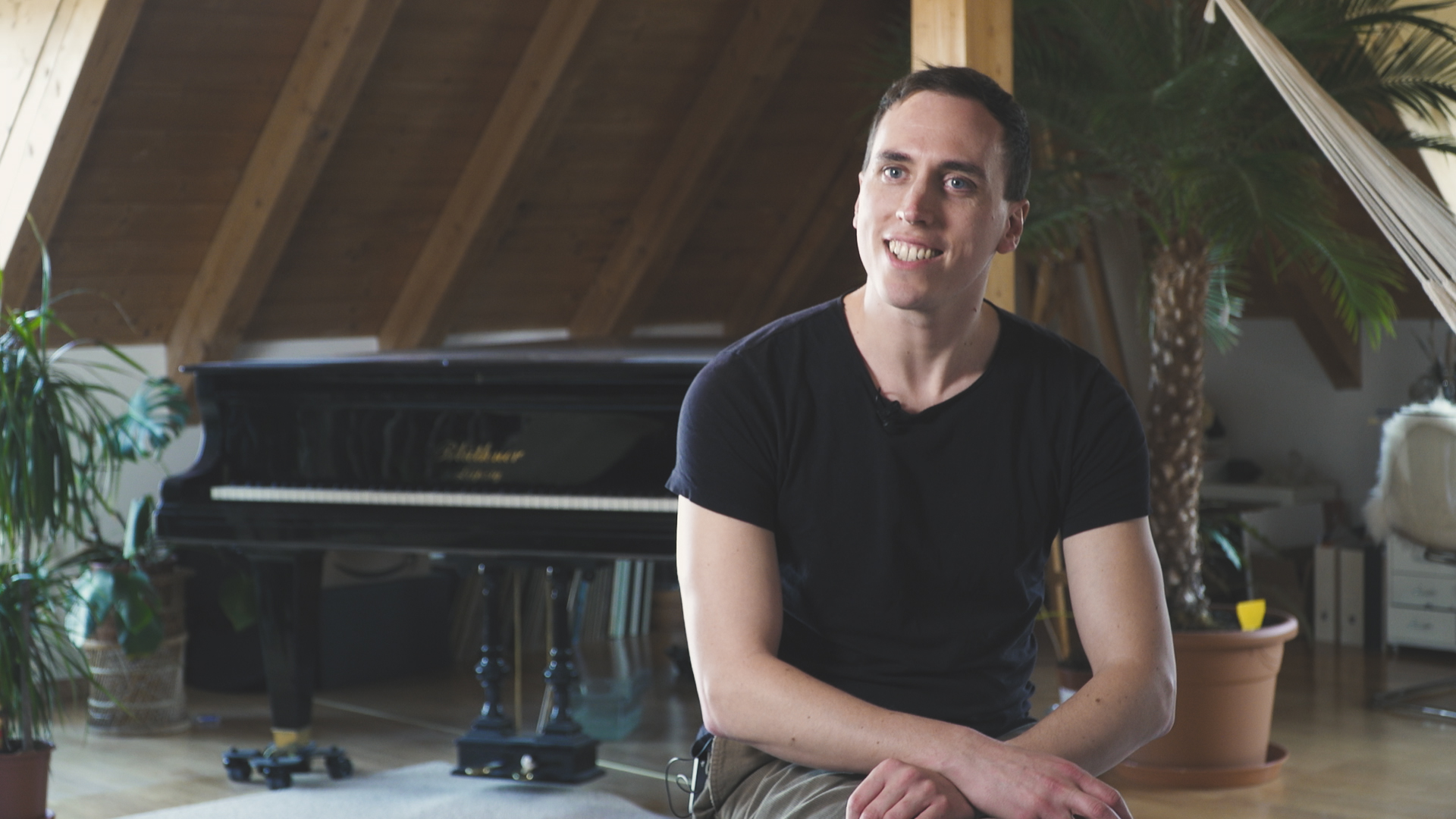
Martin KohlstedtMusician
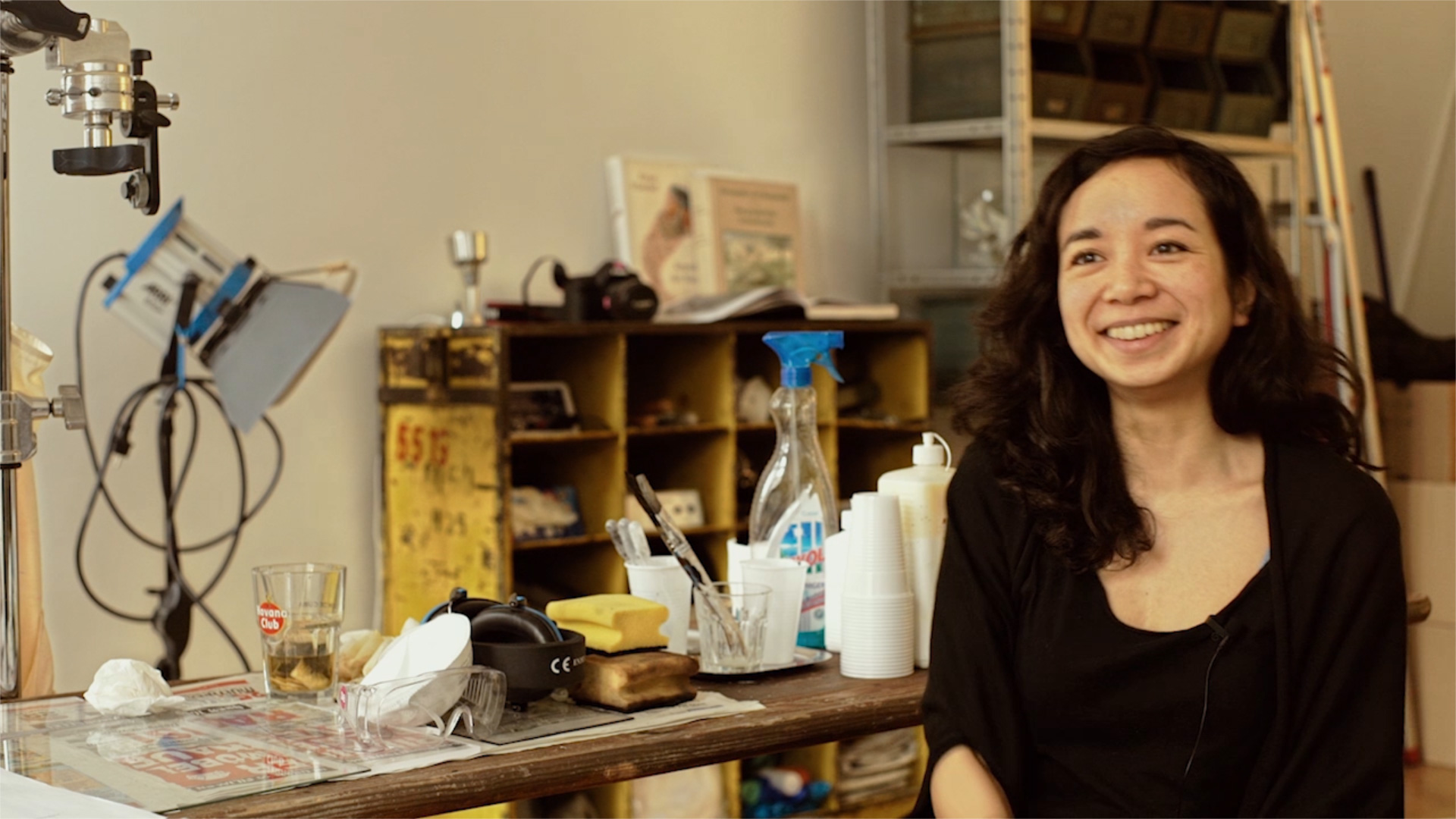
Susi SieFilmemacherin
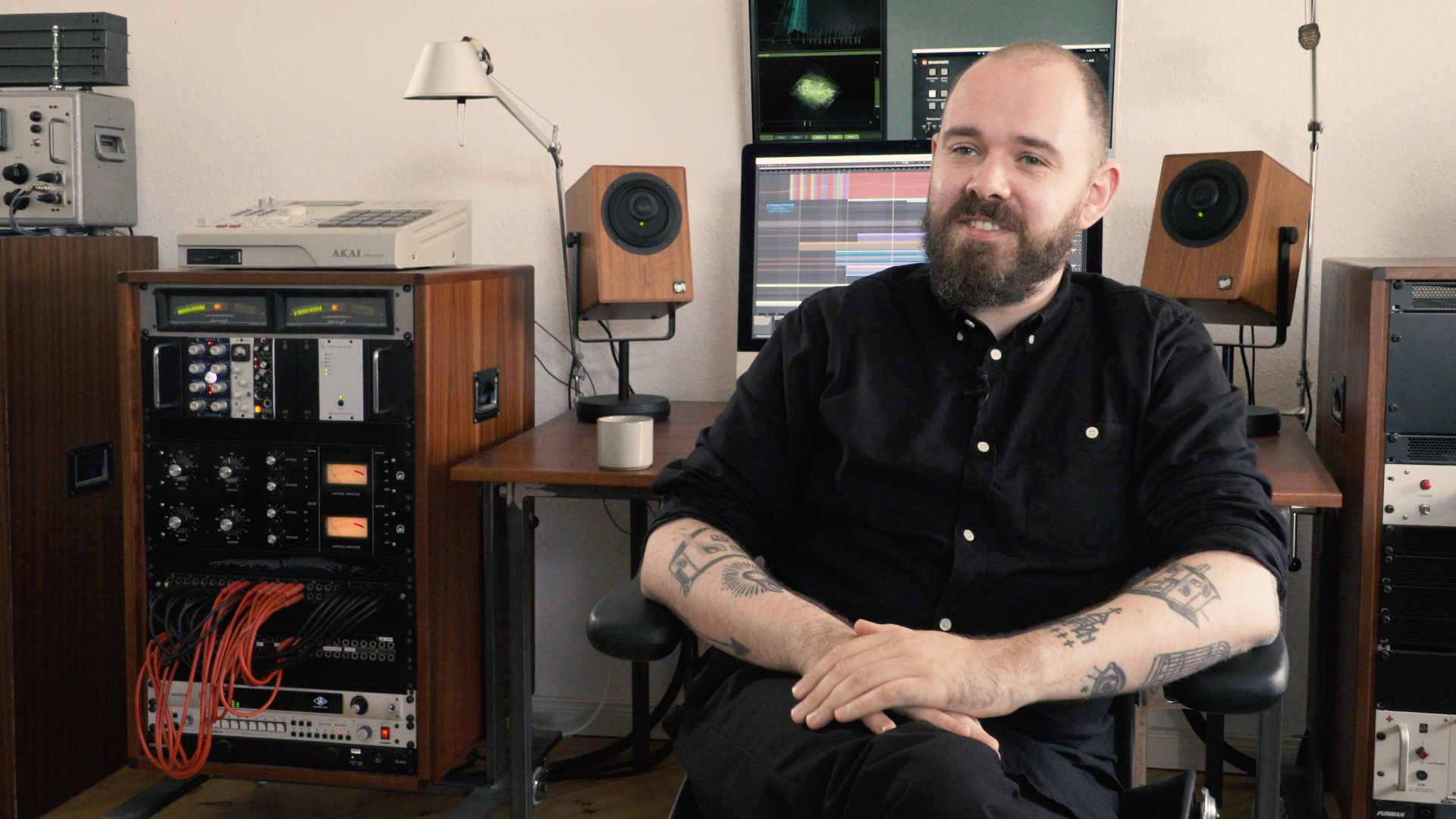
Ben Lukas BoysenMusician
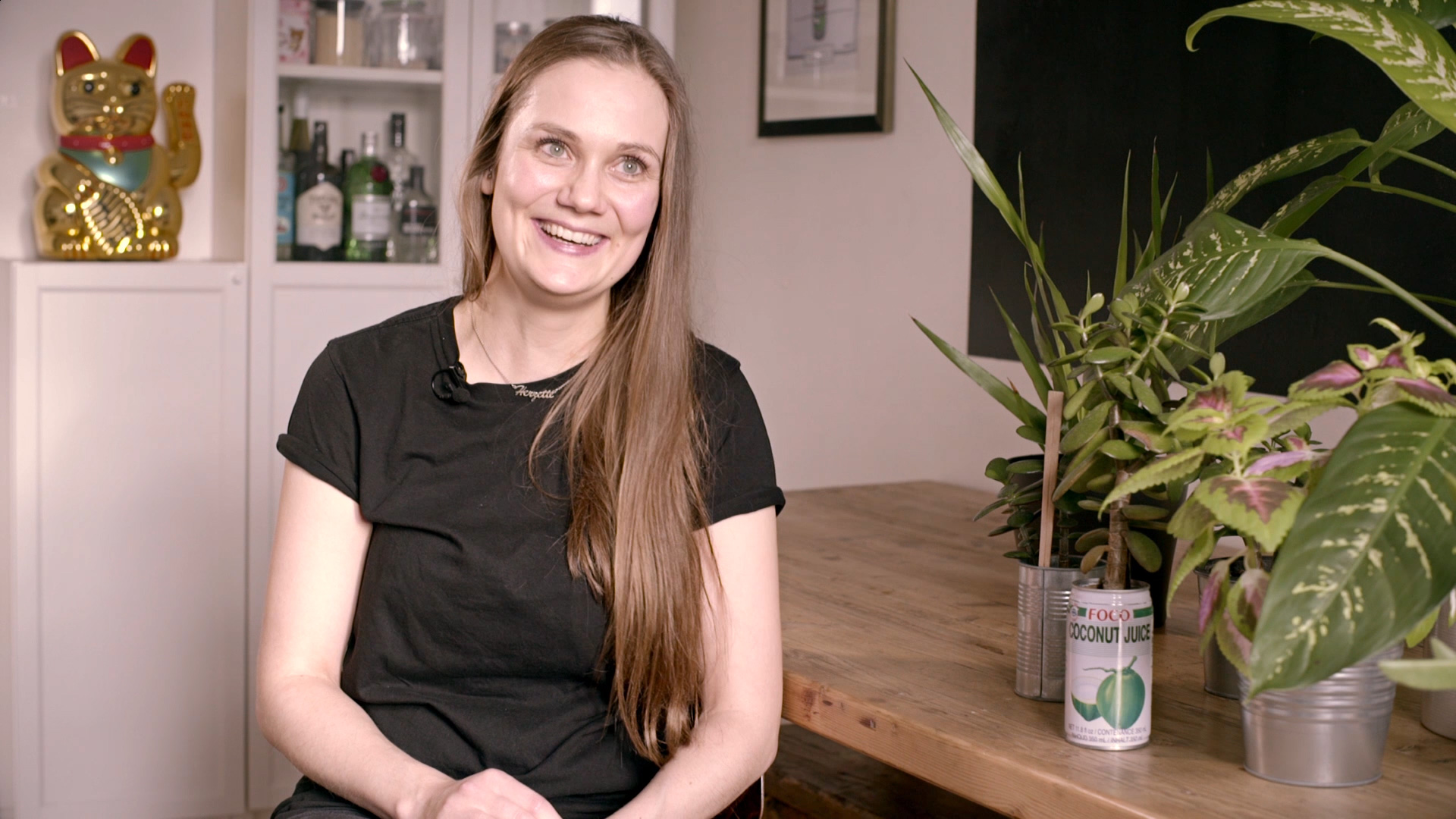
Henriette RietzVisual Storytellerin & Designerin
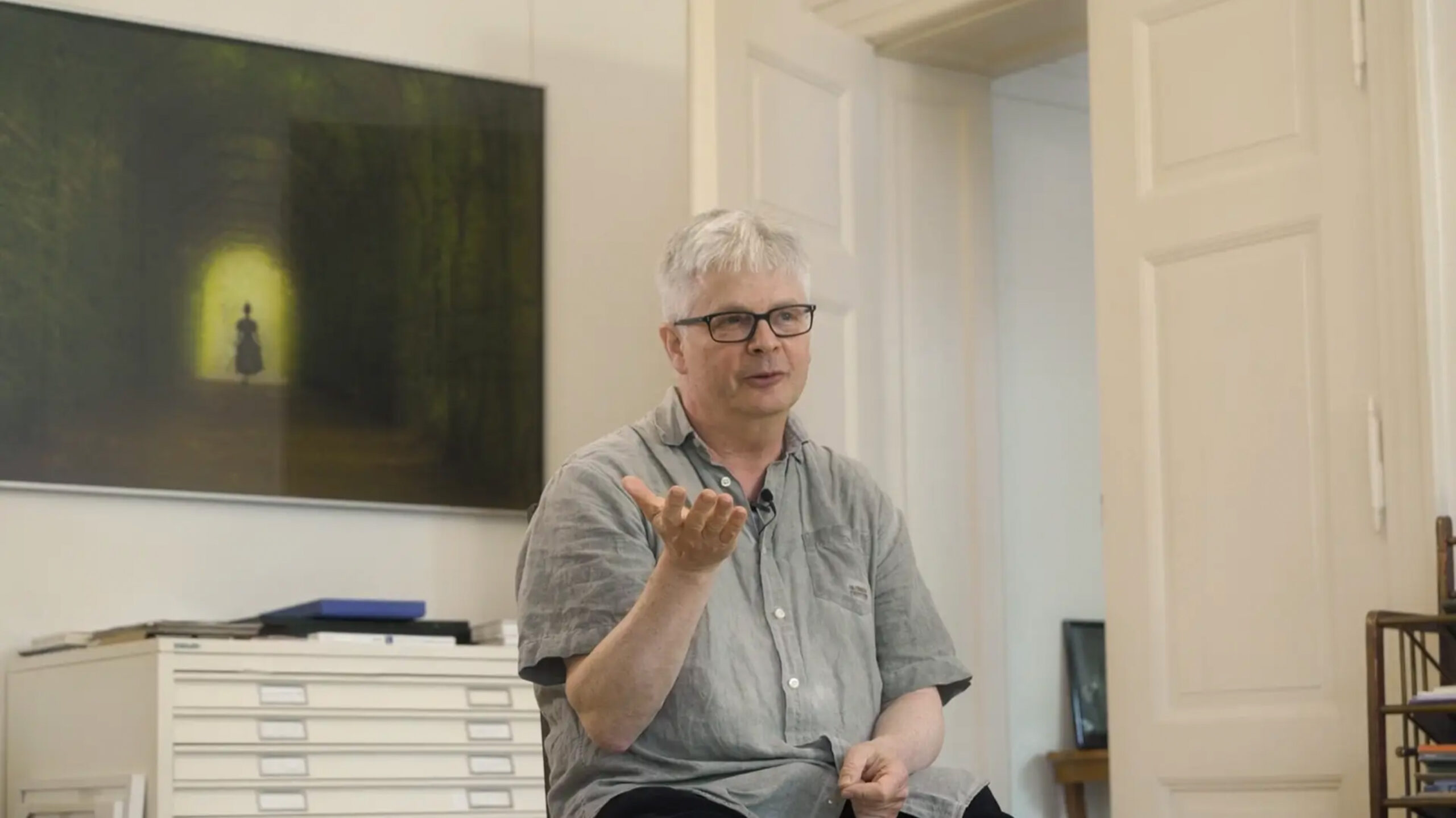
Prof. Matthias LeupoldFotograf
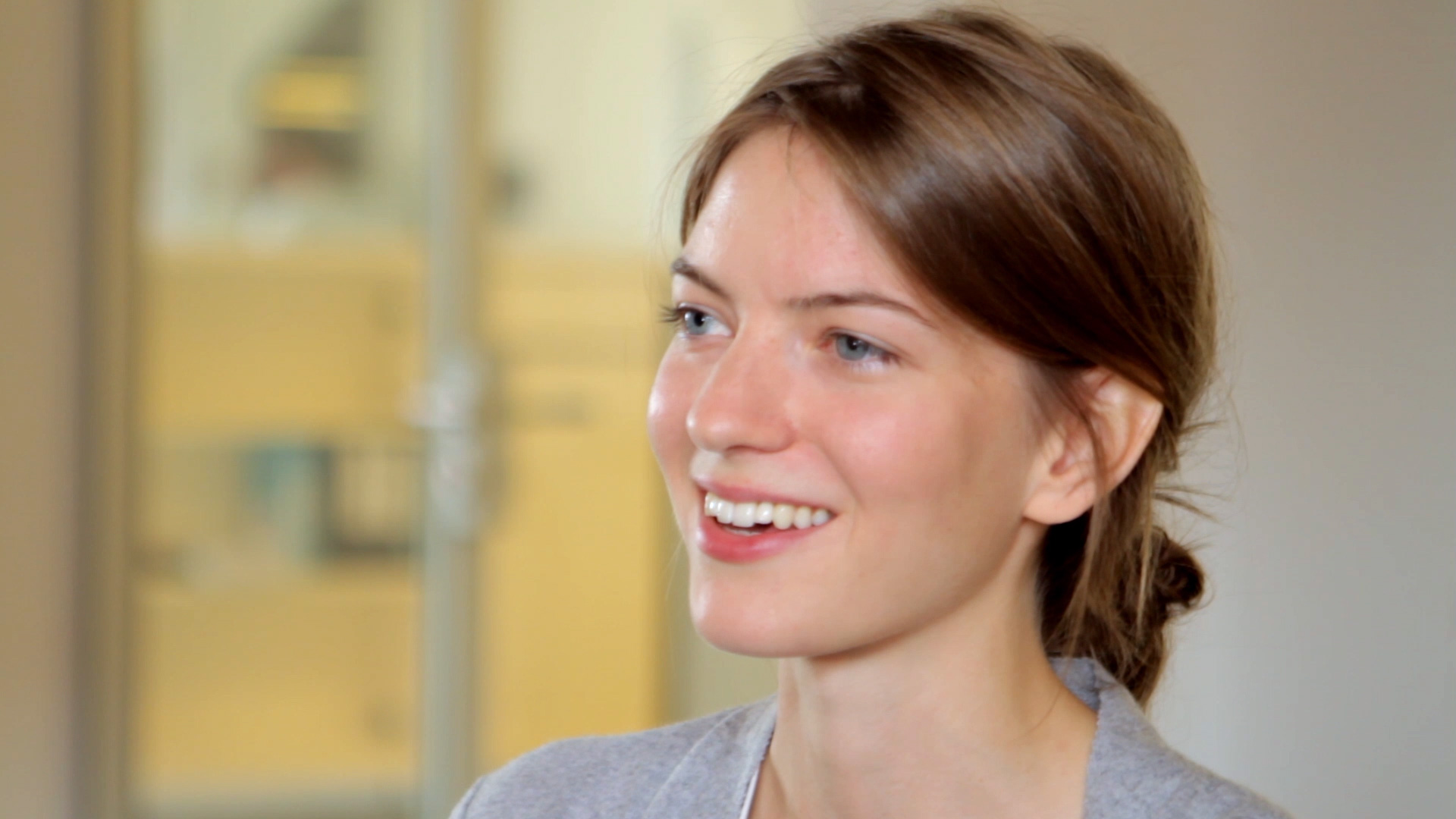
Maria GrejcIllustratorin
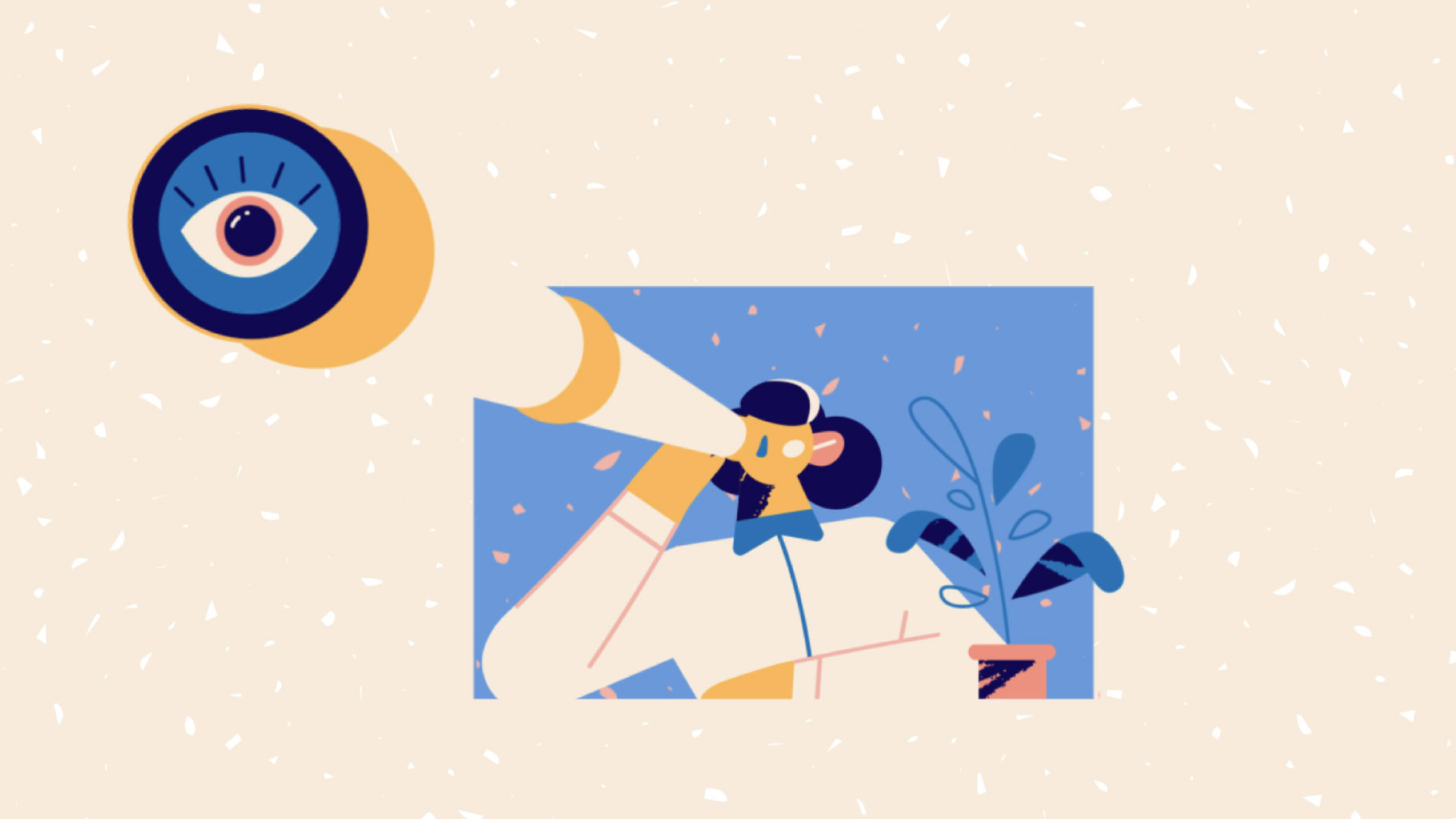
Dinos & TeacupsIllustration & Animation Studio
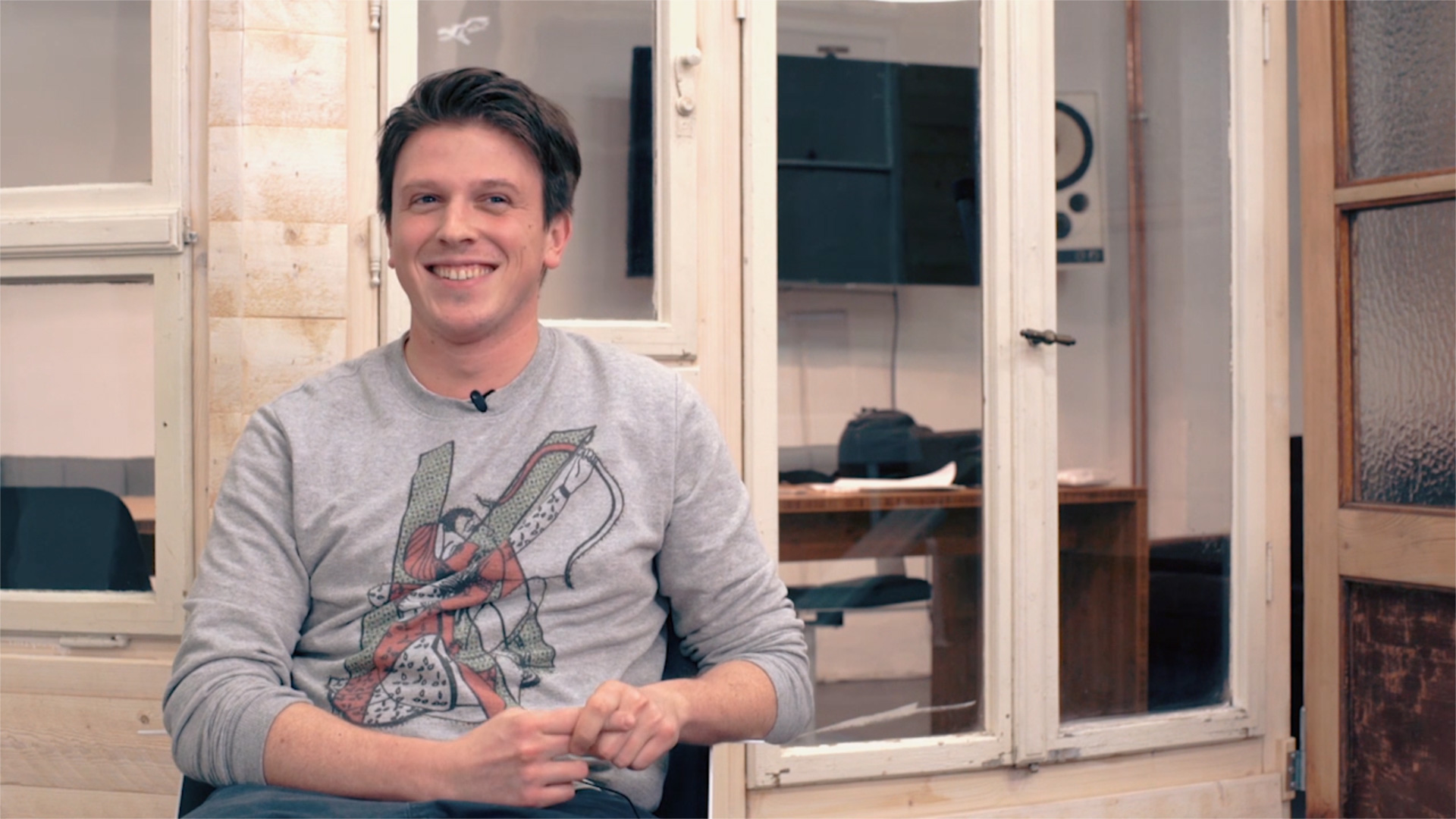
Sebastian von GumpertHead of Production
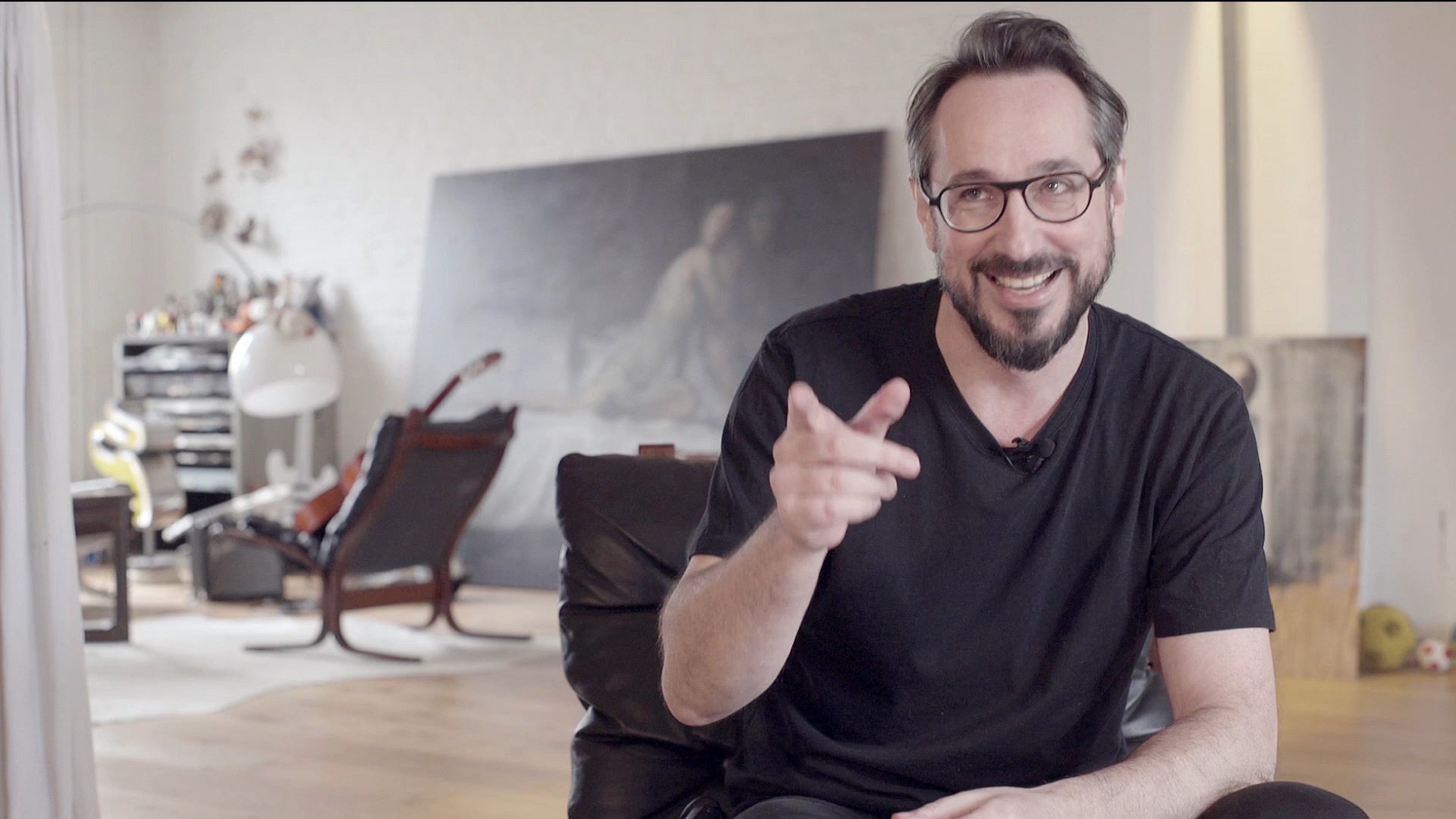
Fons HickmannGestalter & Autor
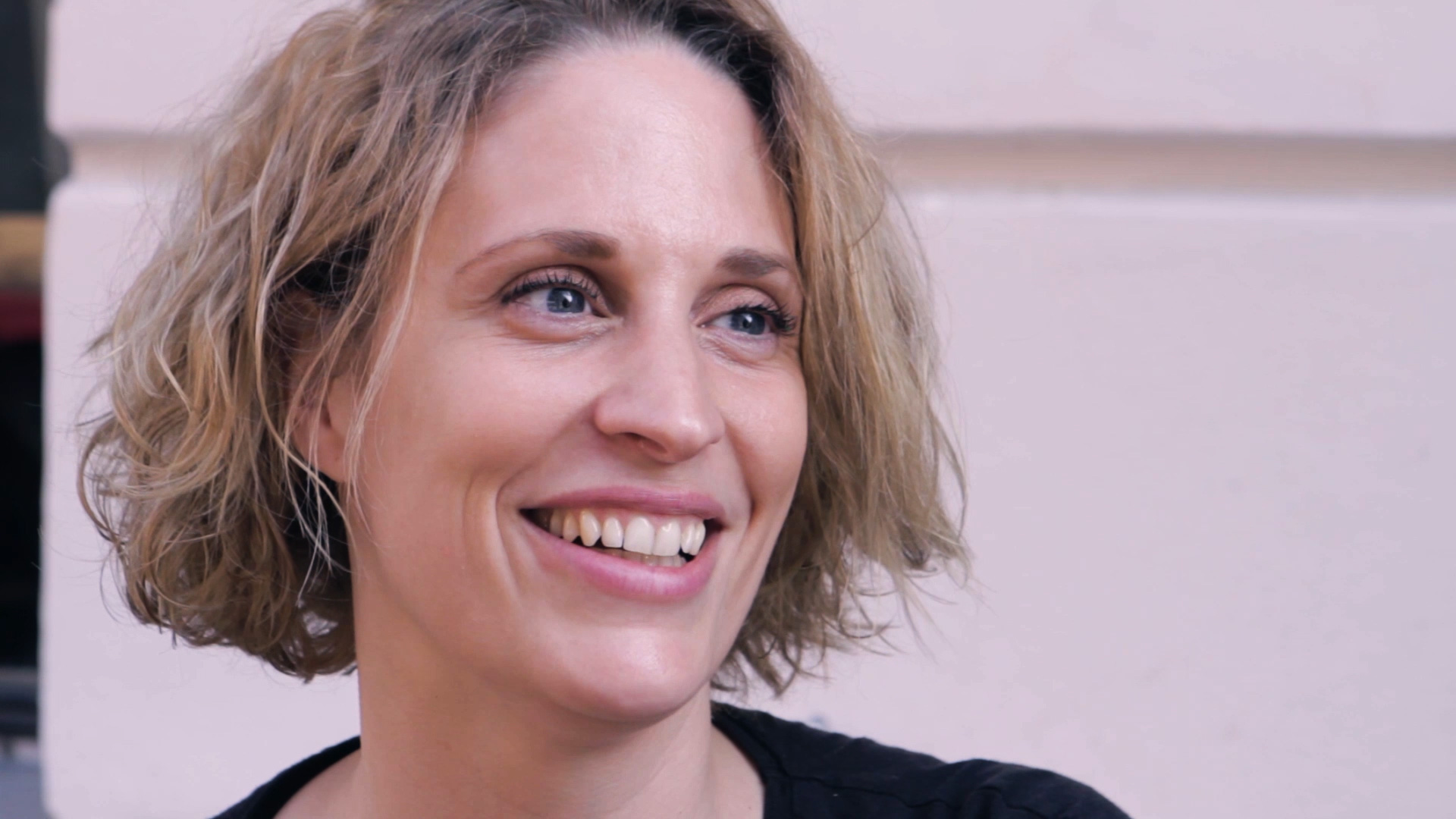
Pia DjukicFilmemacherin
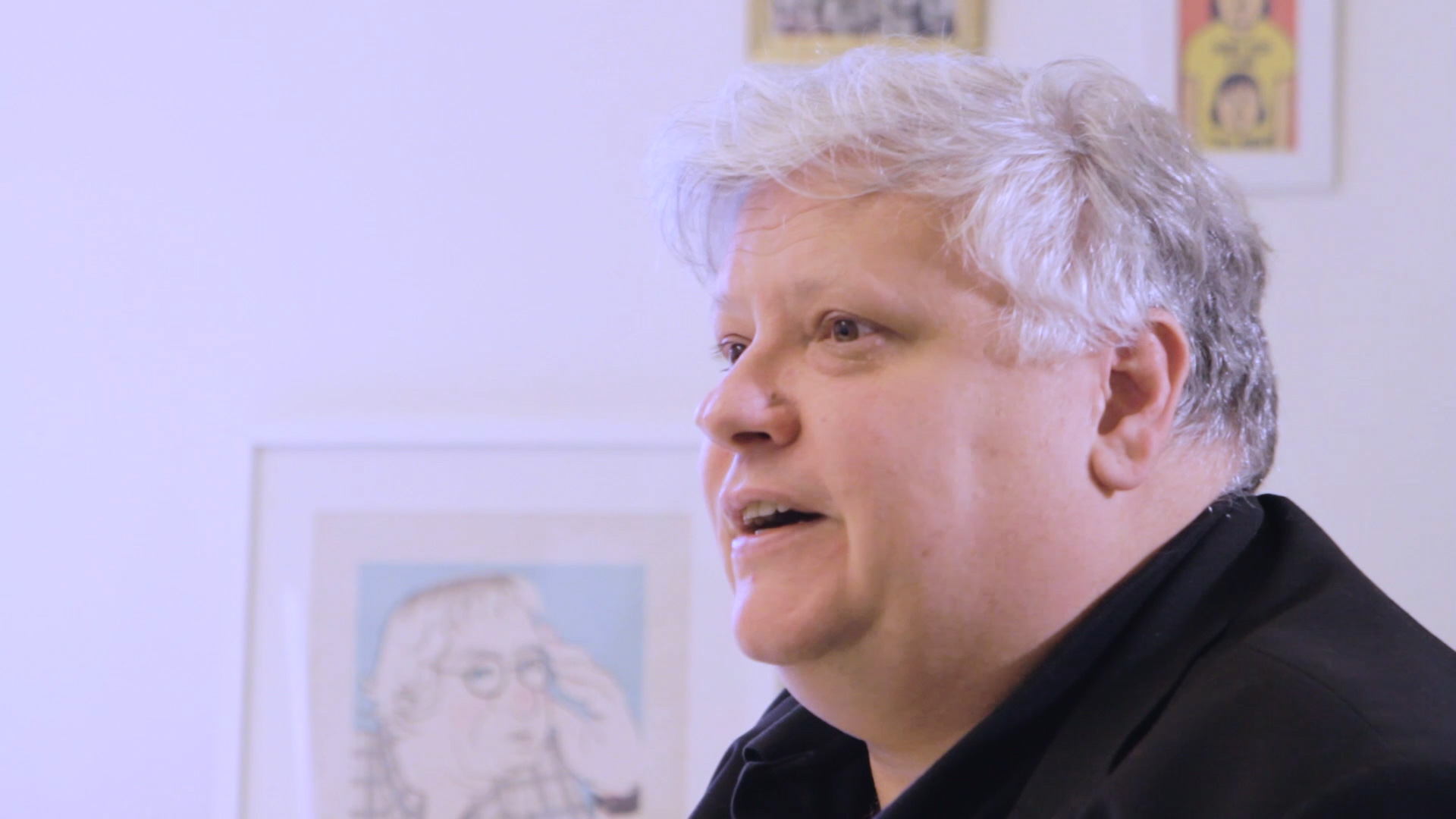
Zoran BihacFilmemacher
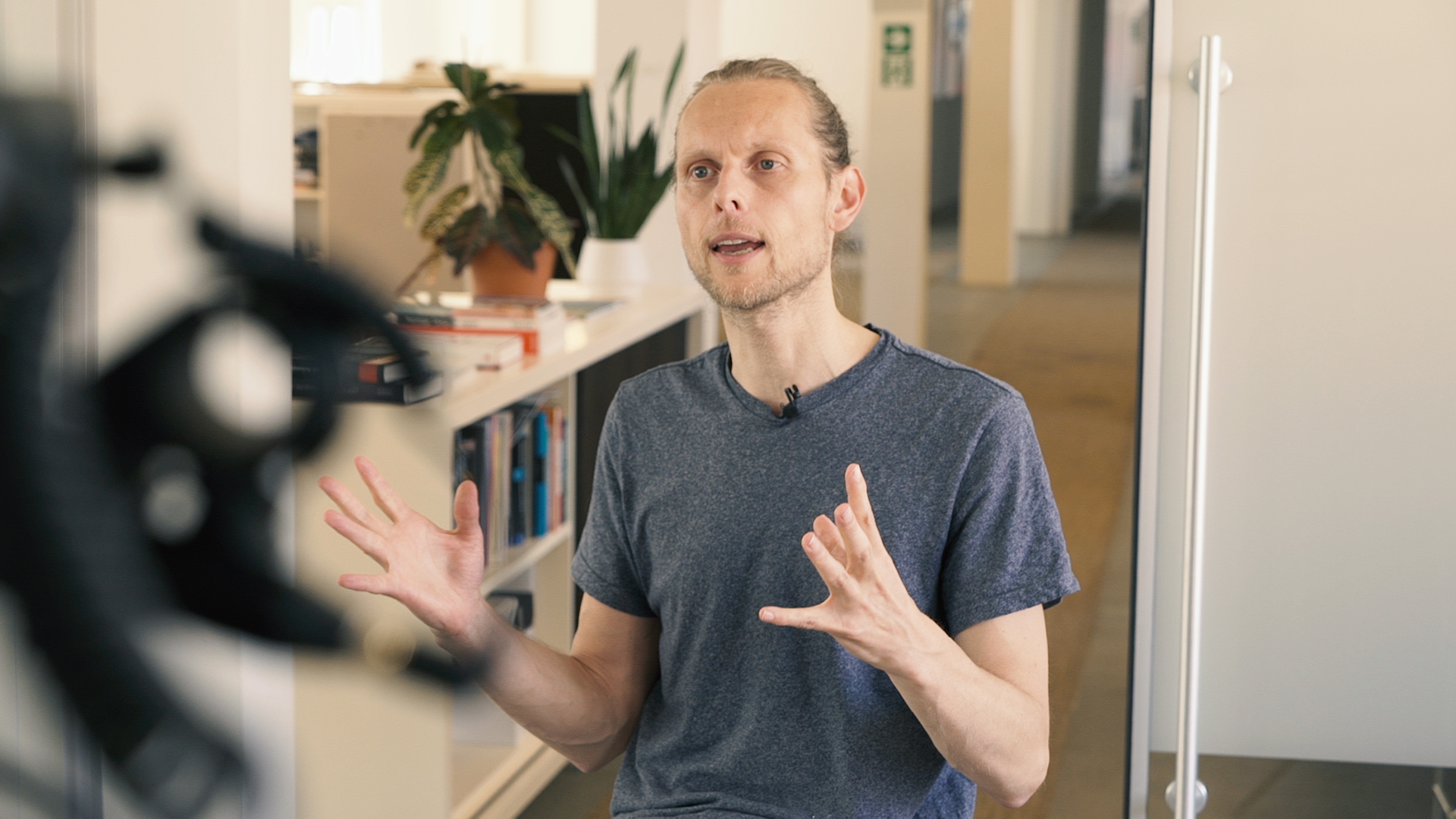
Christen BachAnimator
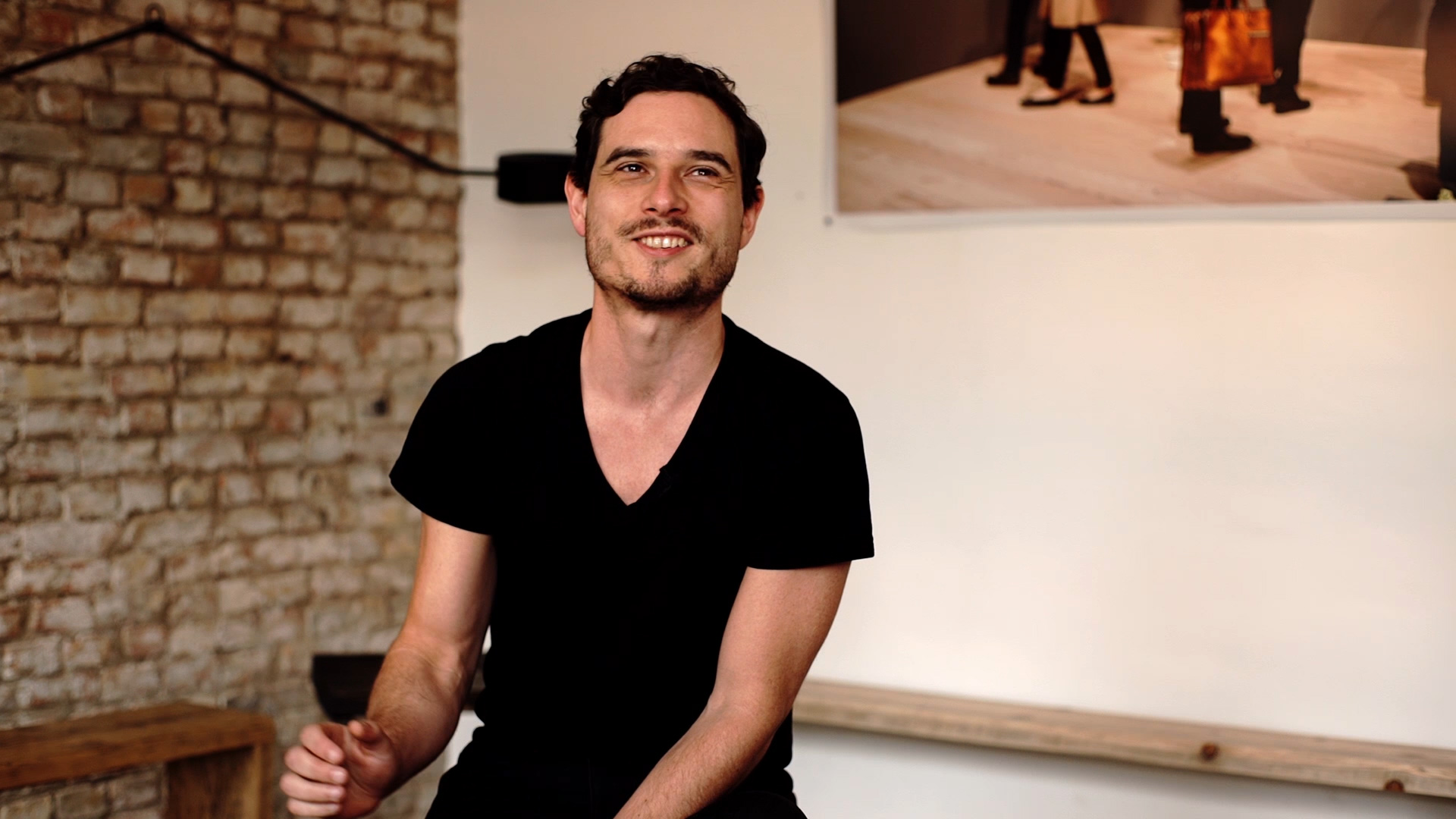
Jens BlankDirector & Designer
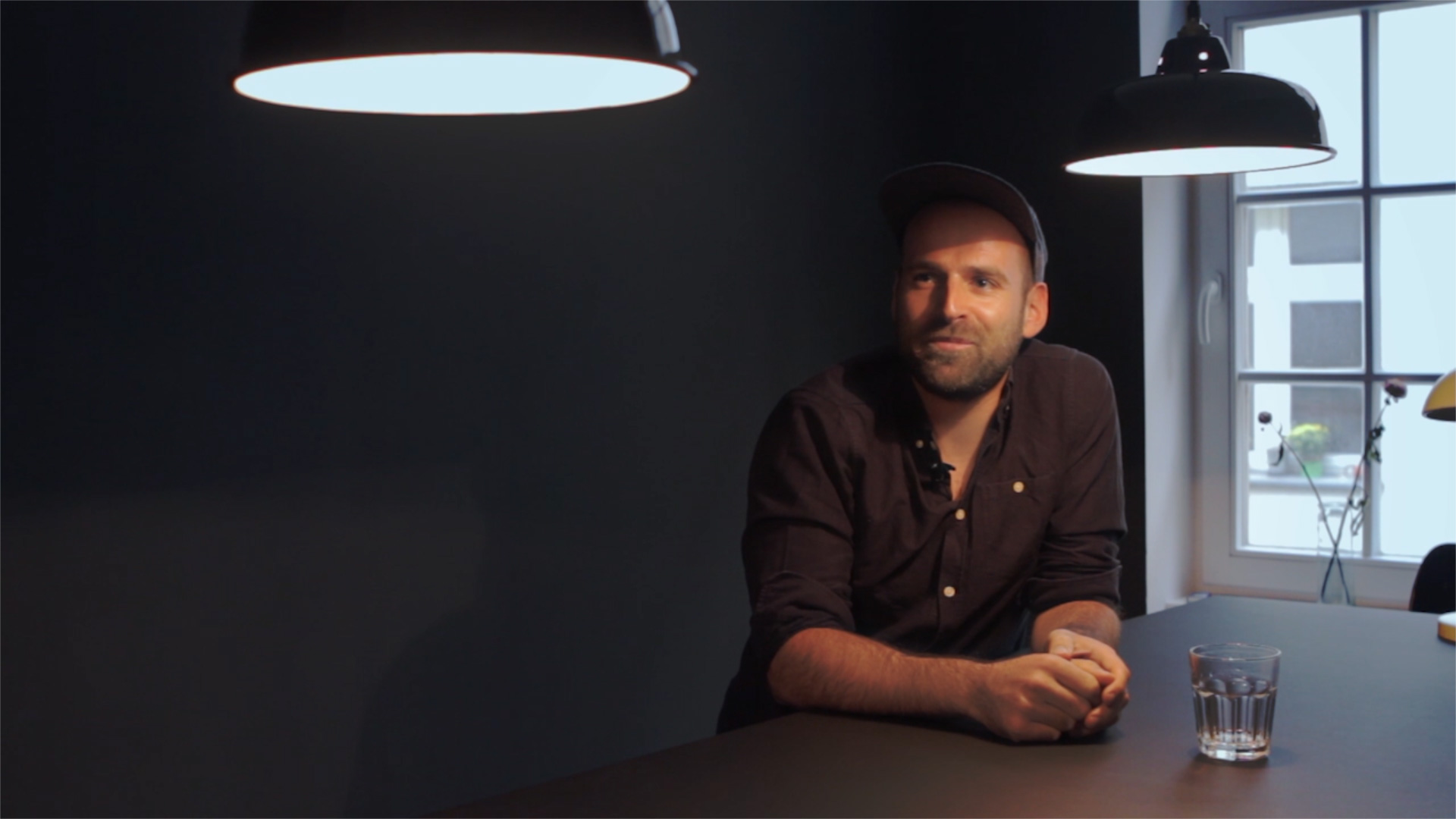
Thorsten Konradfreier Director & Creative Director

JR CanestAnimator & Creative Director
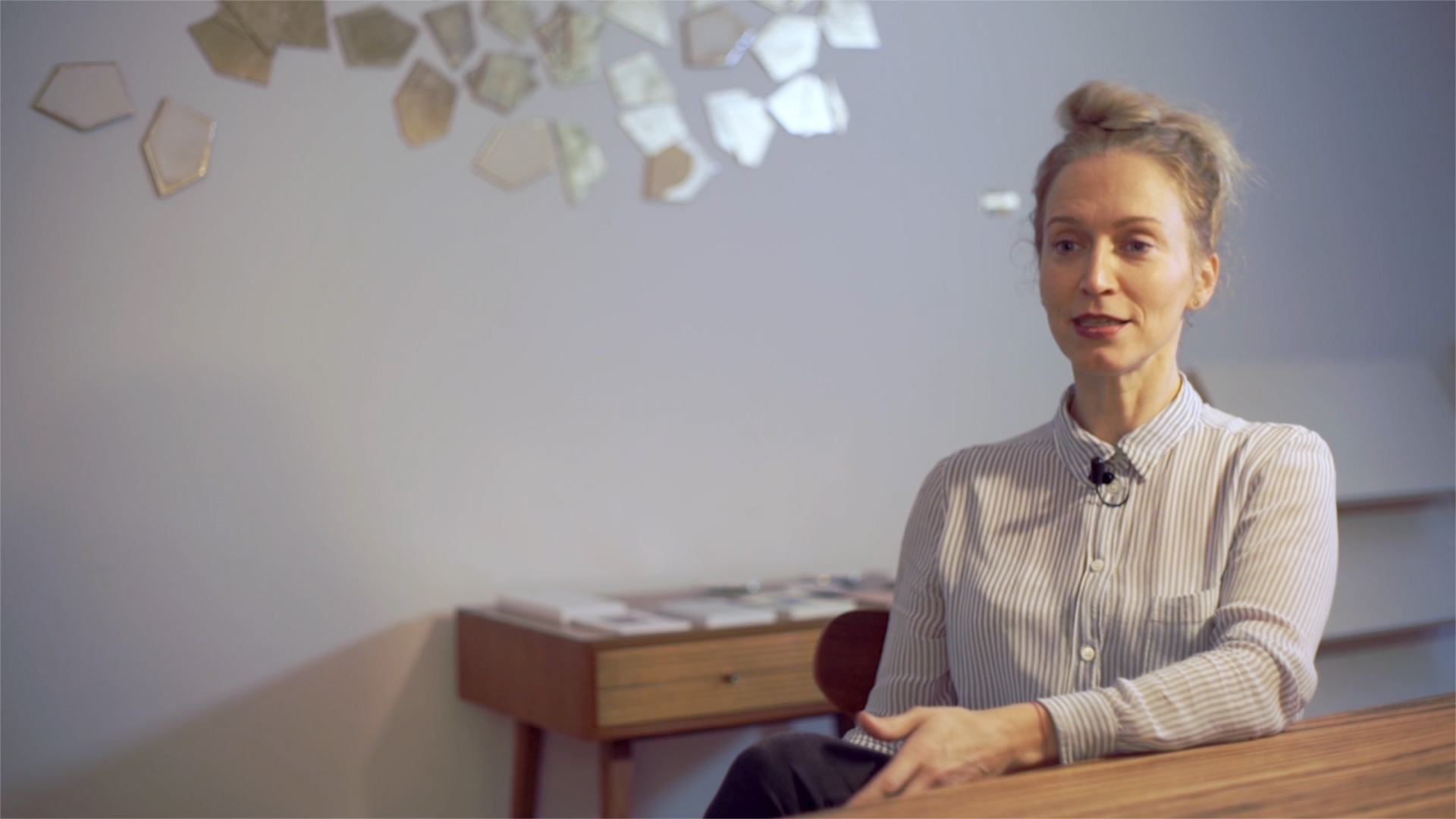
Prof. Sonja UmstätterFilmemacherin
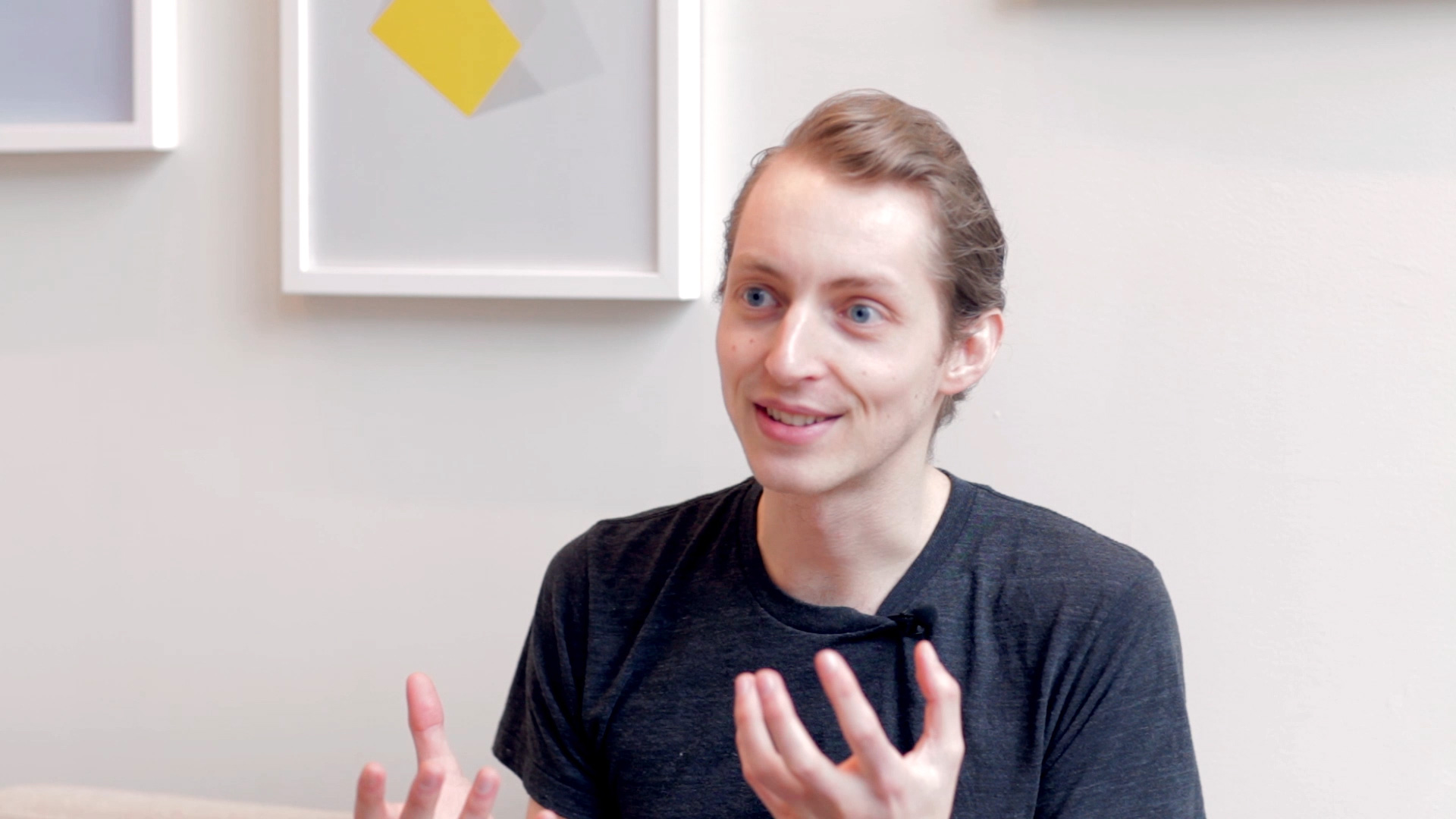
Sander van DijkDesigner & Animator
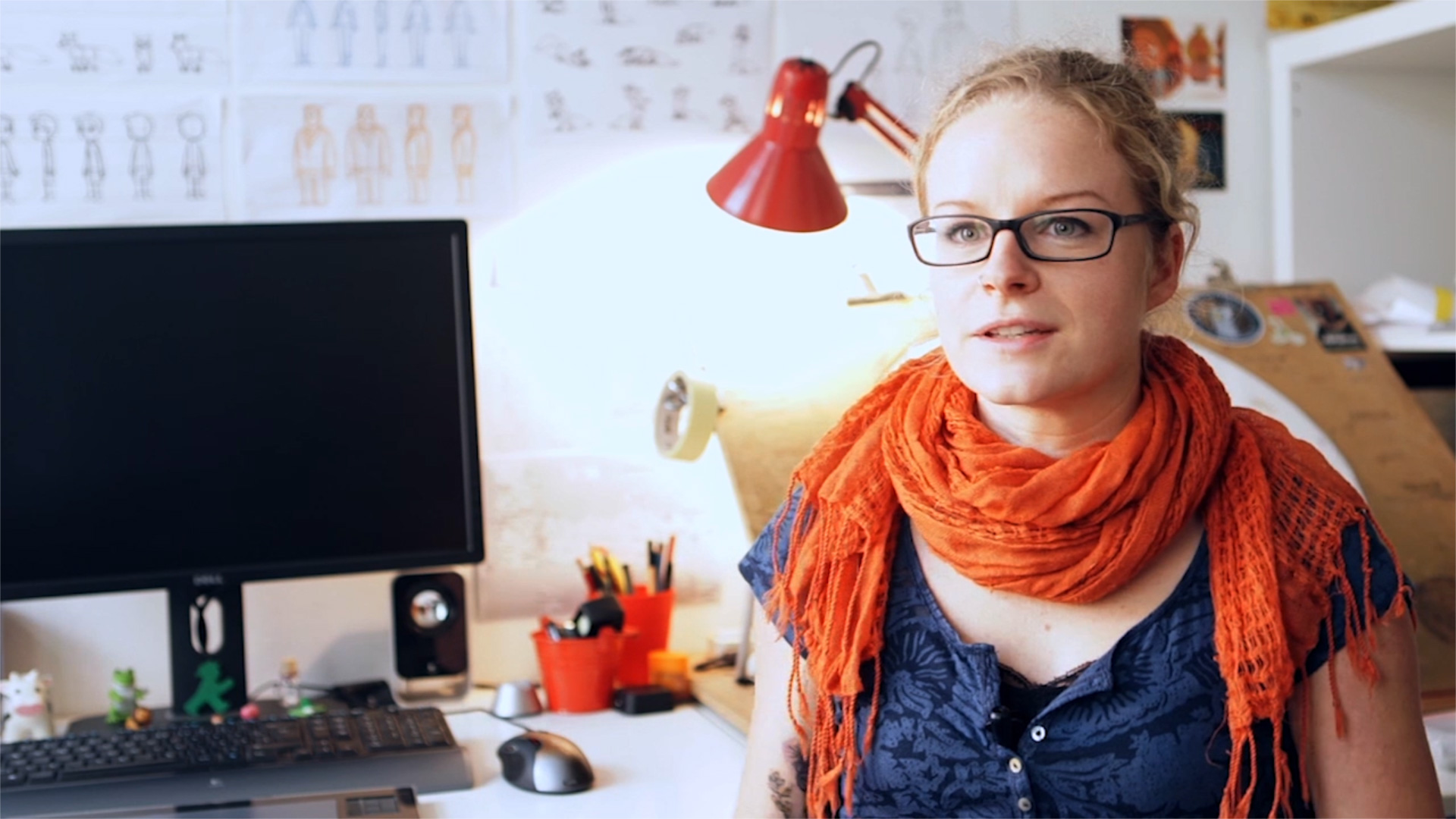
Pauline KortmannDirectorin & Animatorin
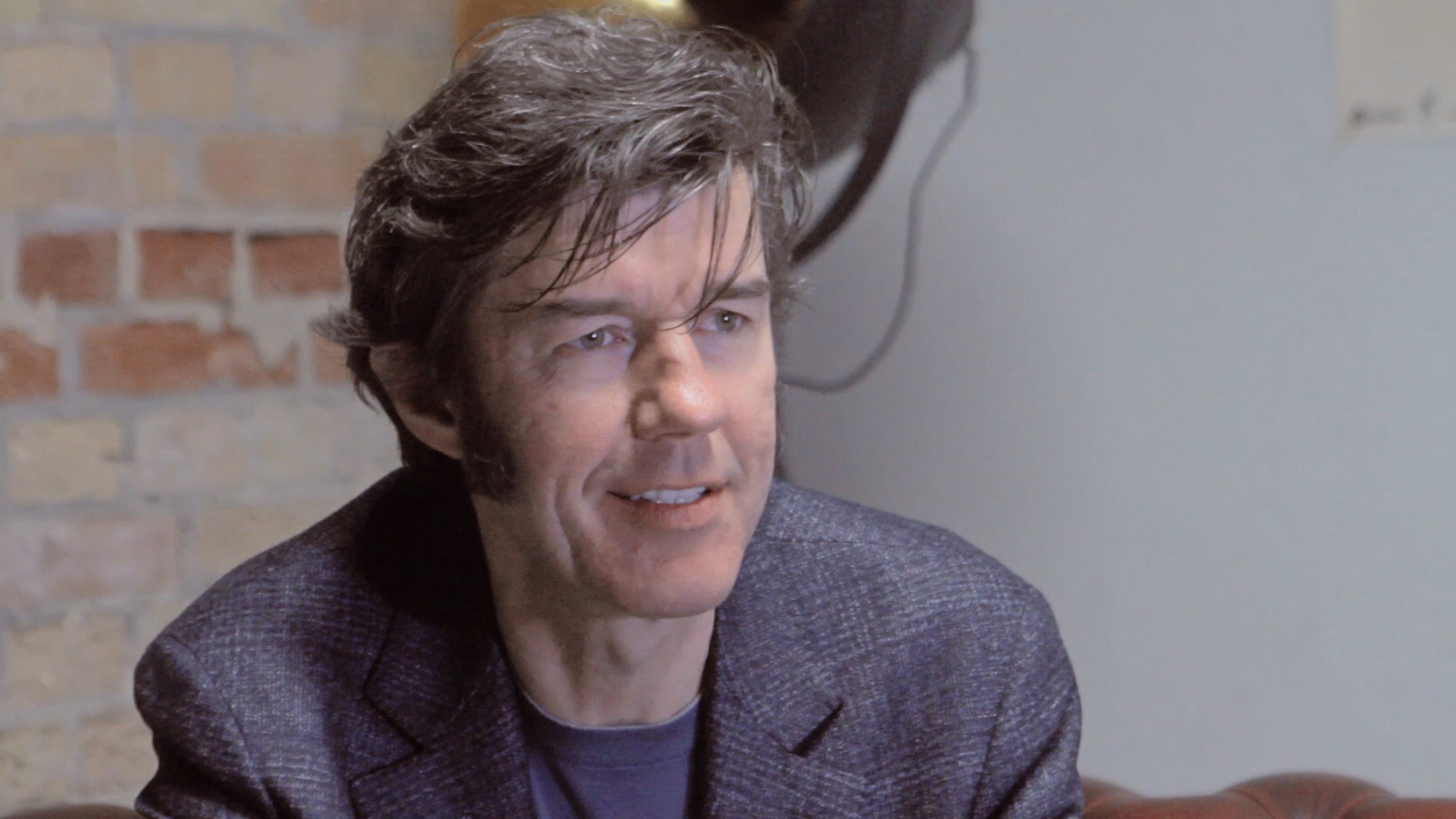
Stefan SagmeisterDesigner
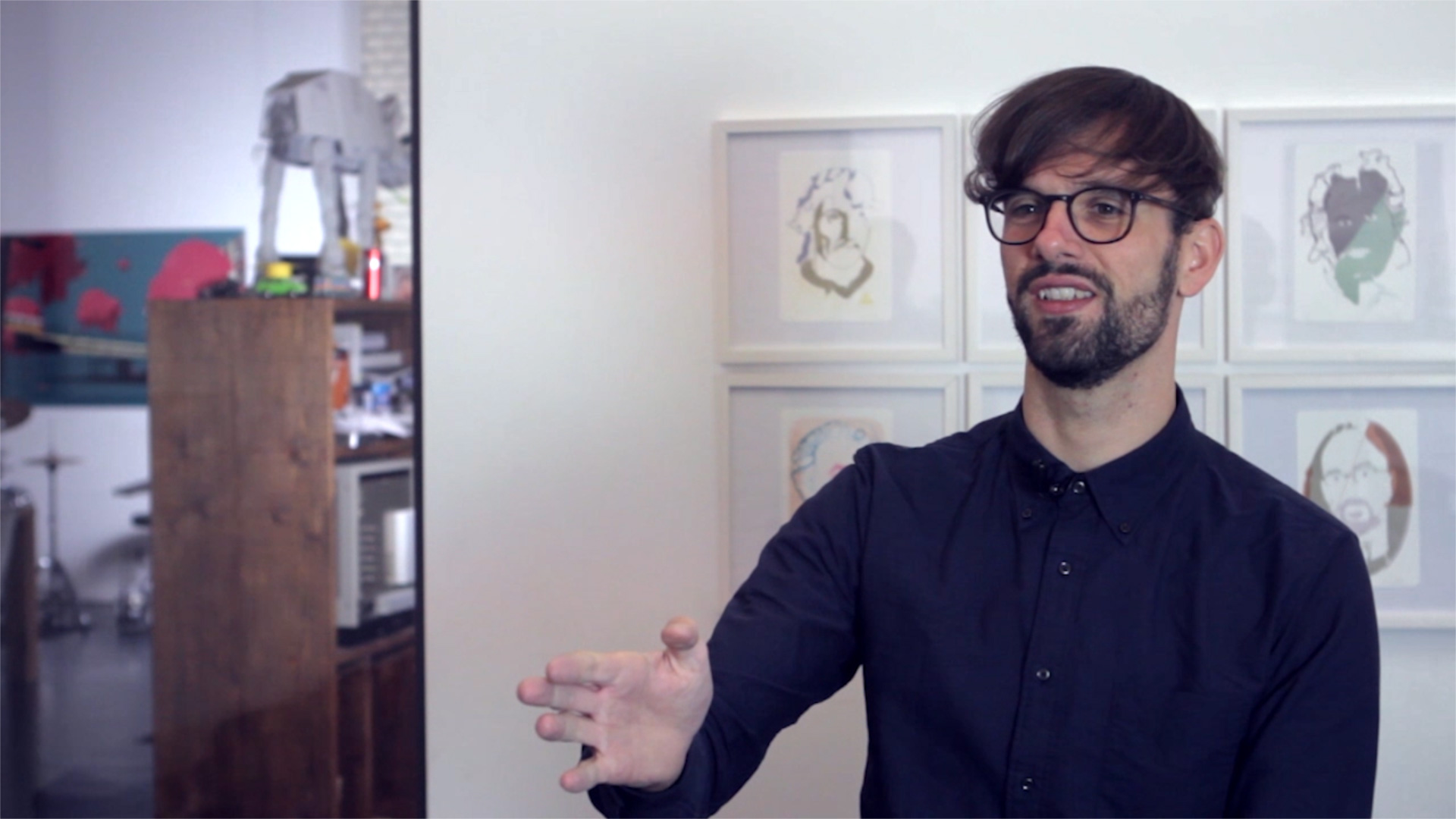
Mate SteinforthCreative Director
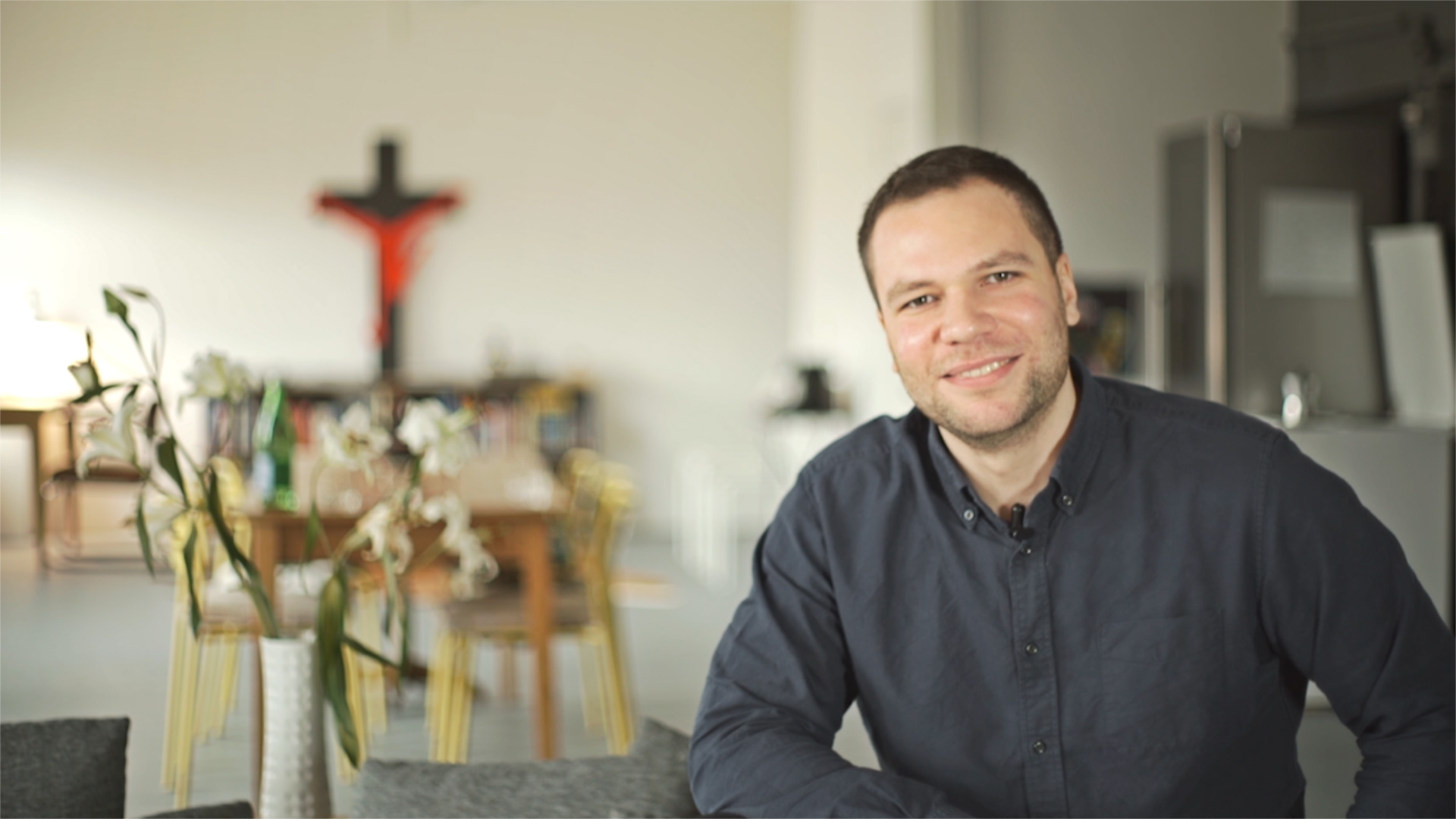
Chehad AbdallahDirector & Graphic Designer
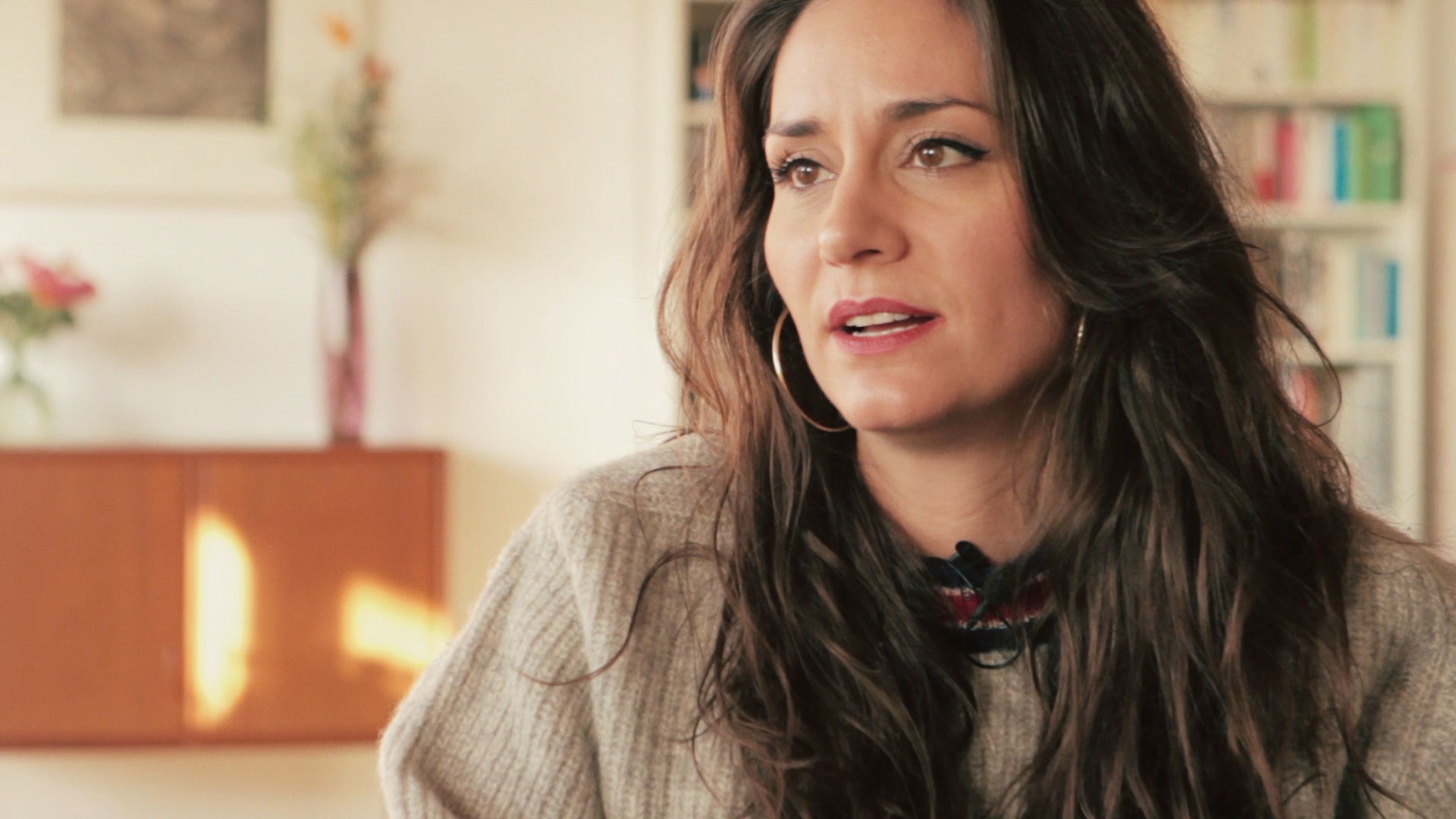
Sofia BavasRegisseurin & Filmemacherin
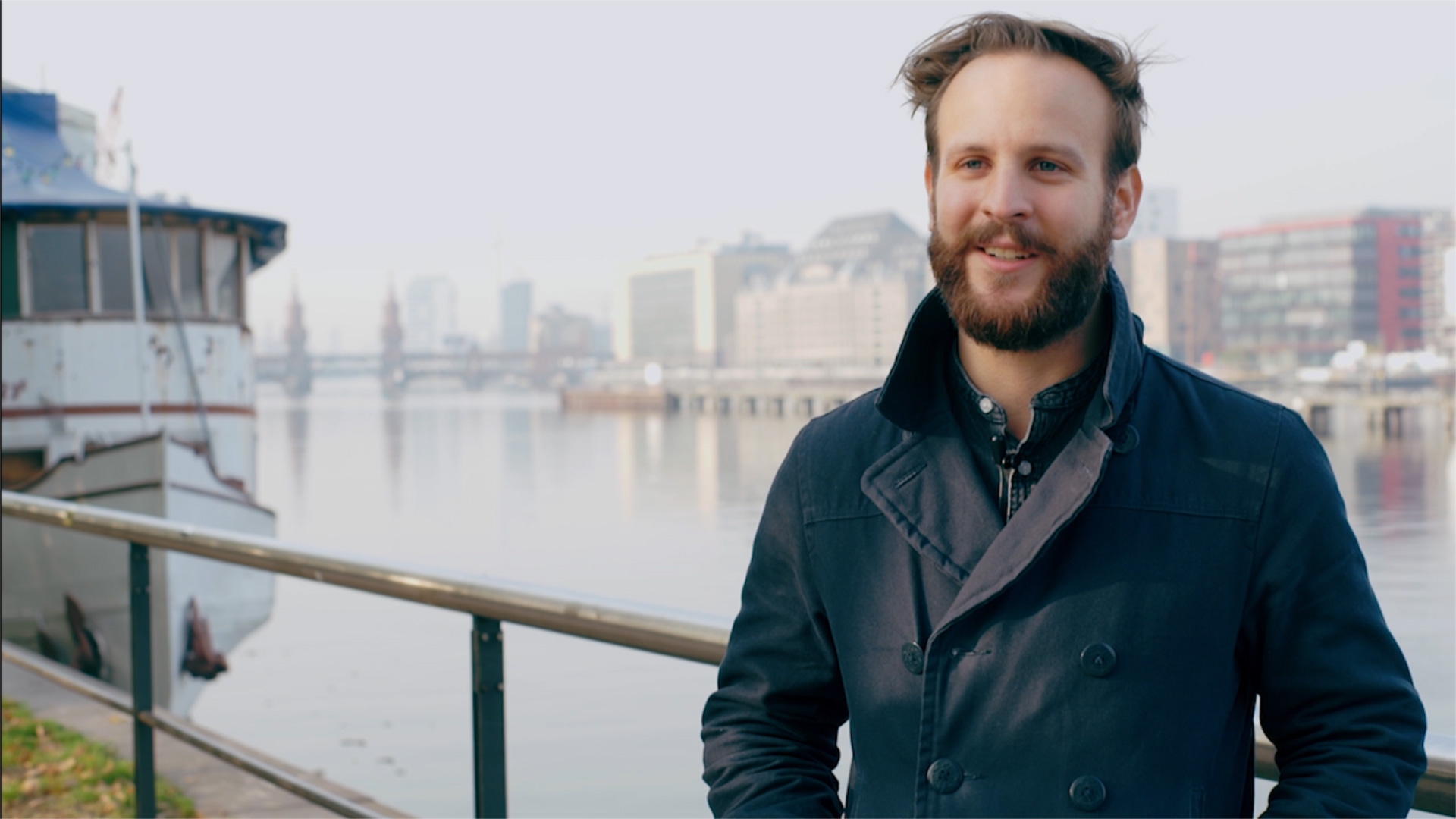
Daniel Rath3D Generalist
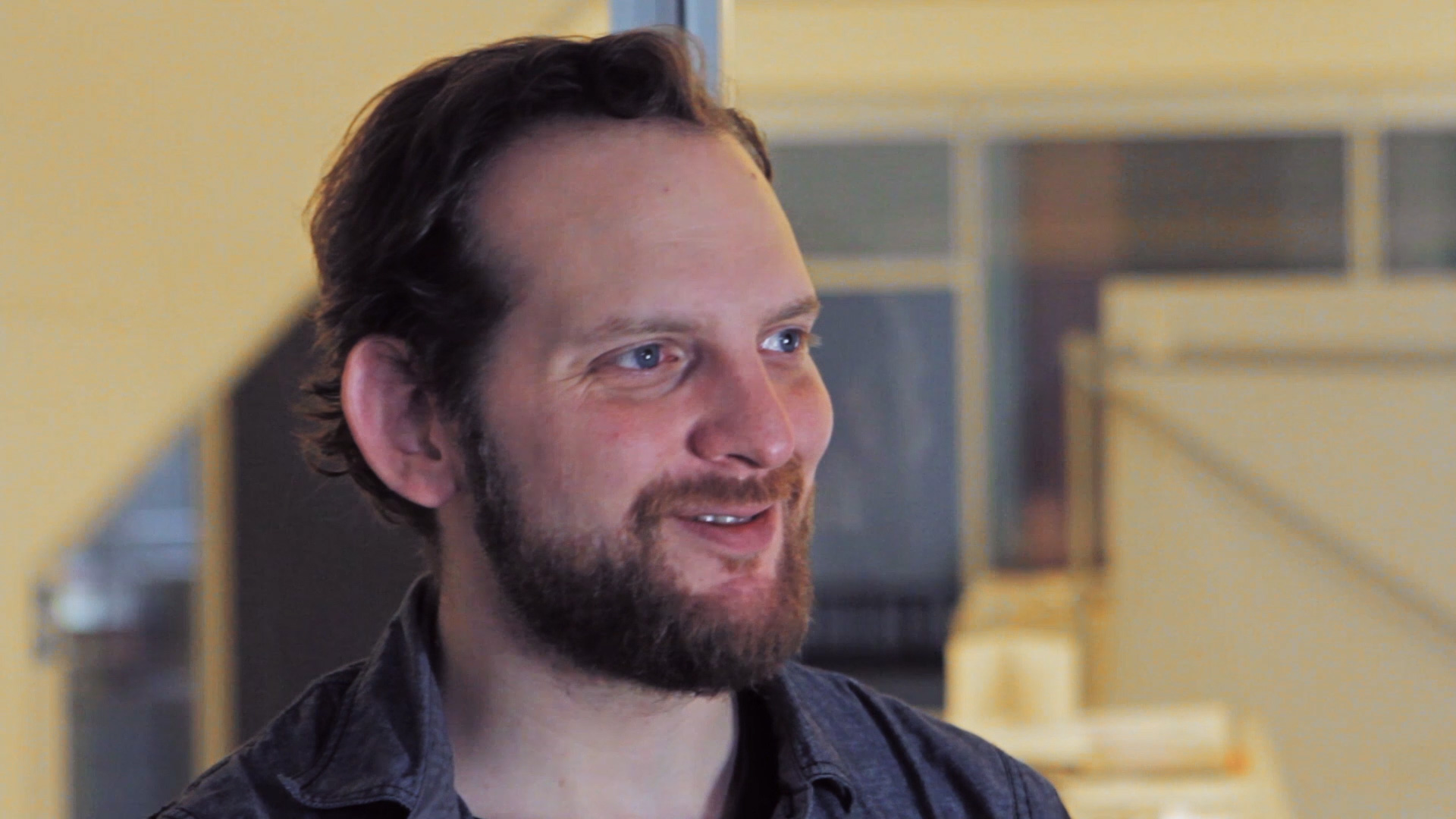
Tobias WüstefeldIllustrator & AnimatorTobias Wüstefeld
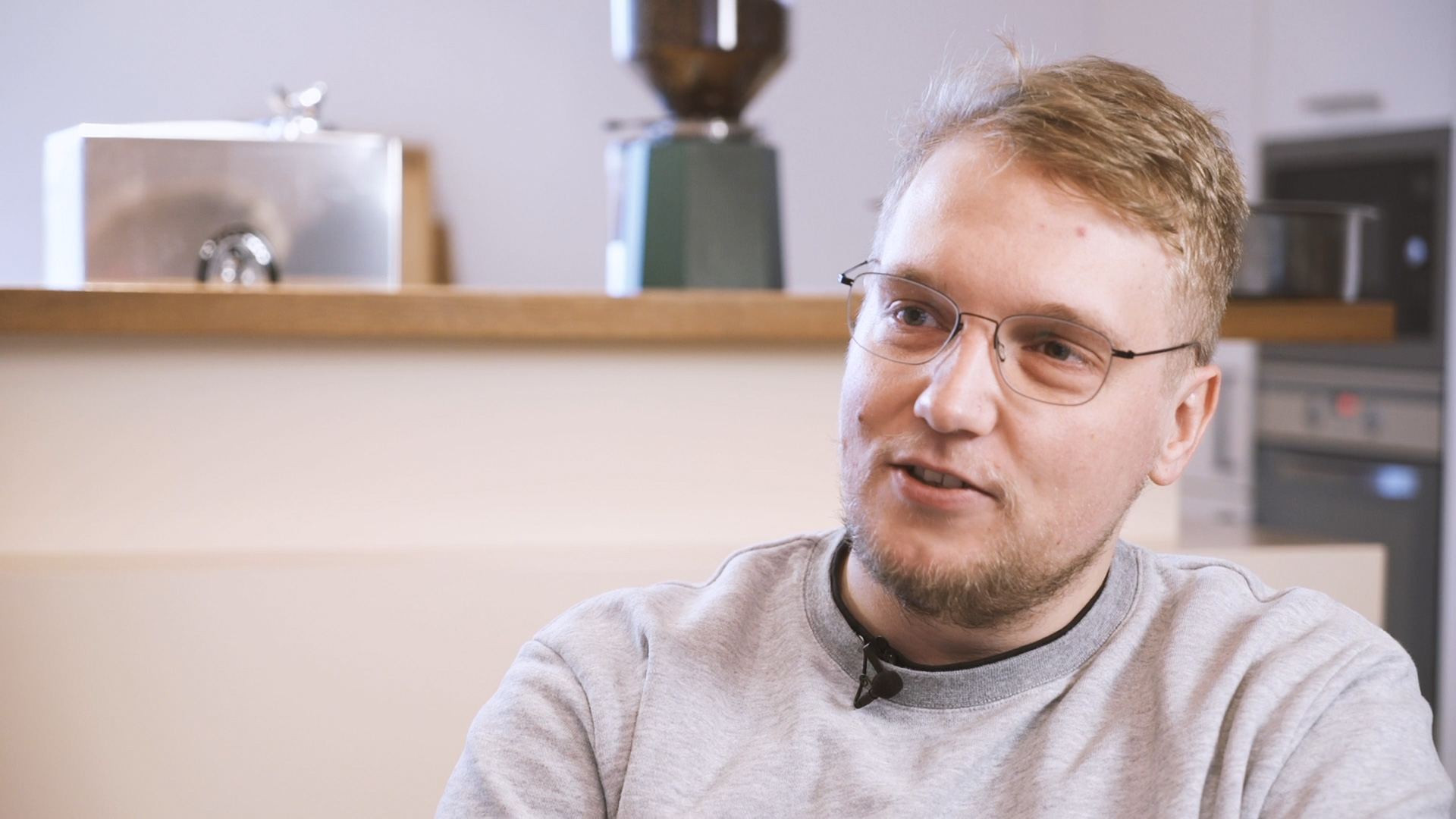
DOZ9Musiker
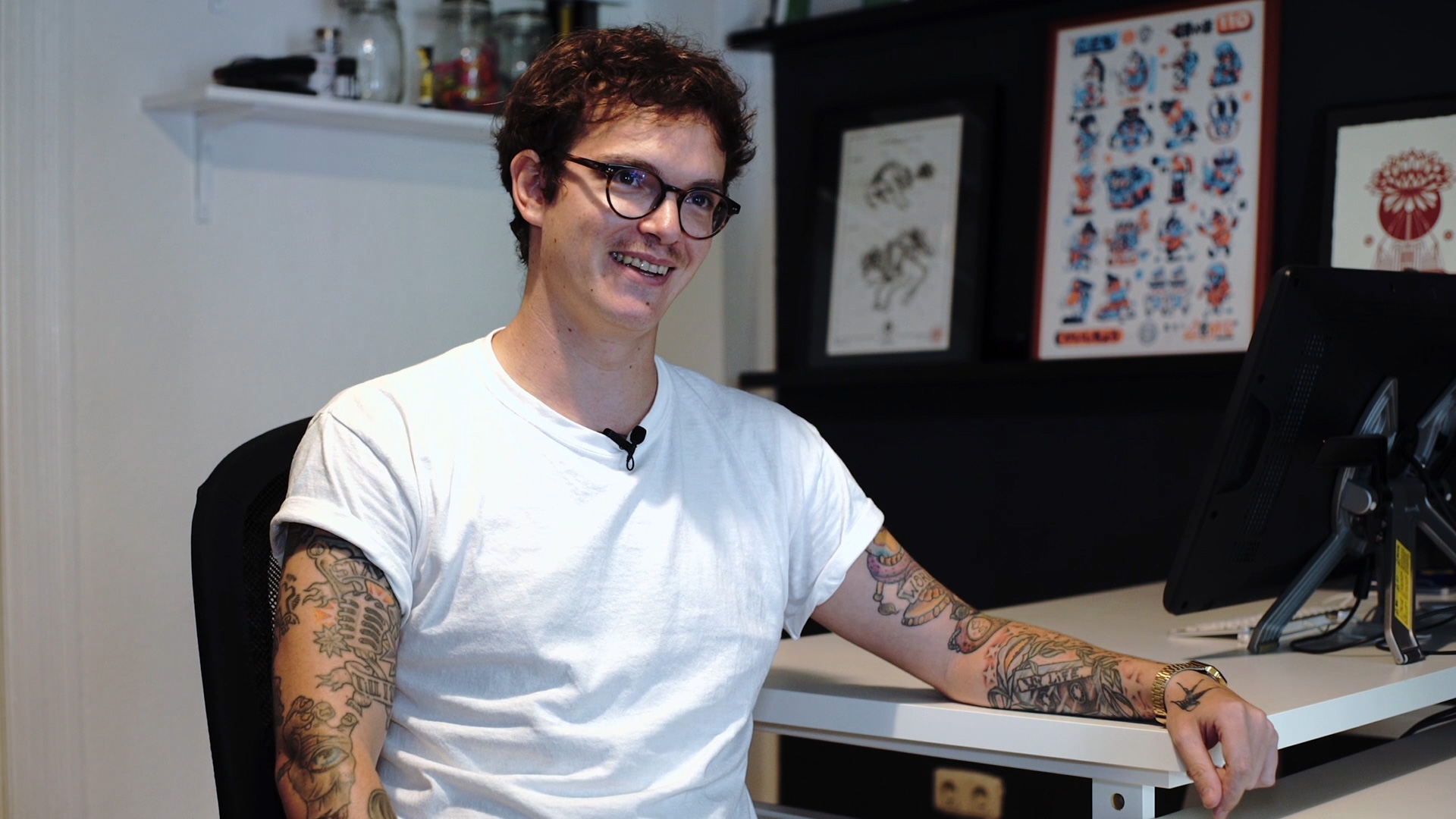
Florian SchommerIllustrator
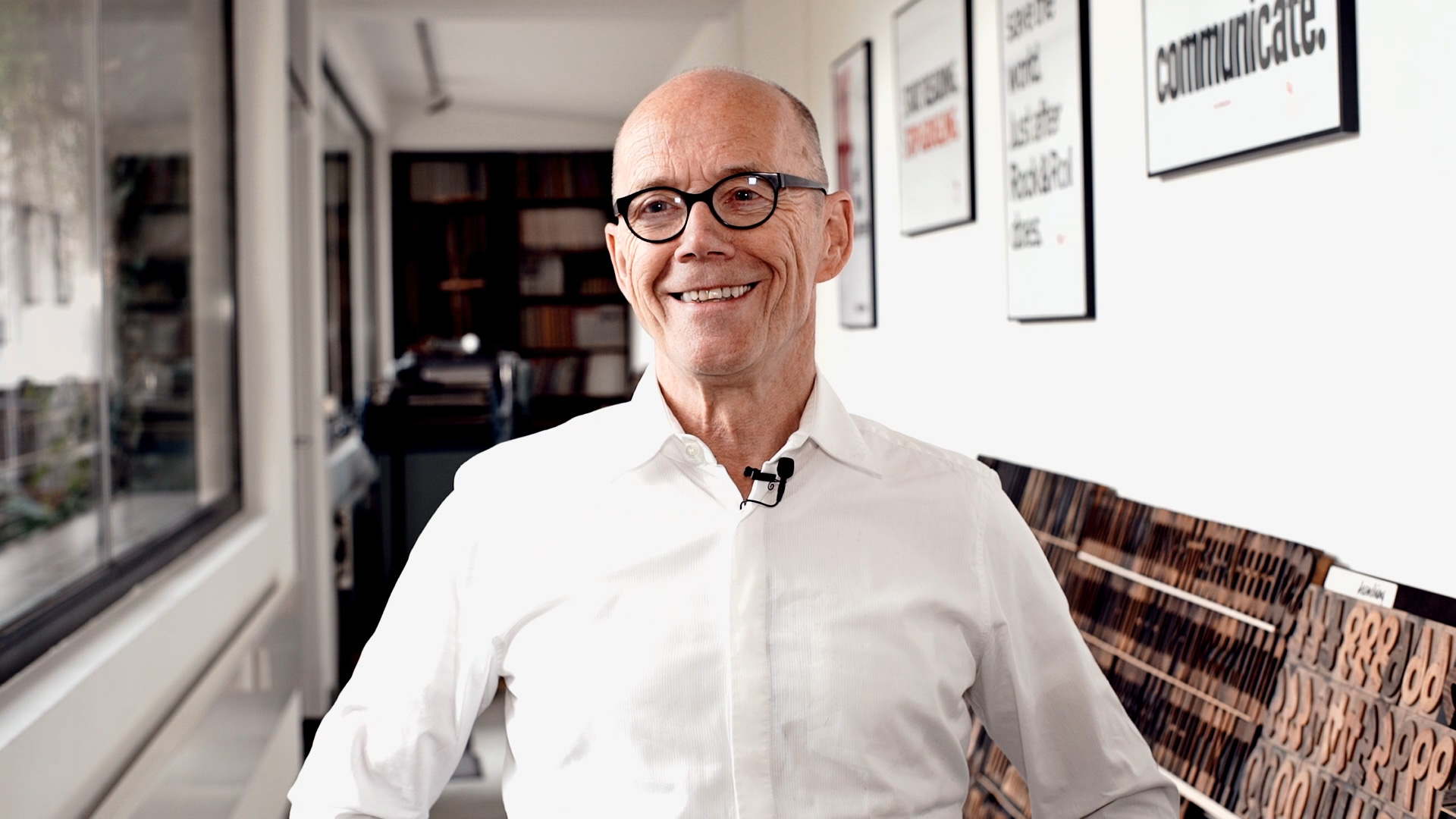
Erik SpiekermannGestalter
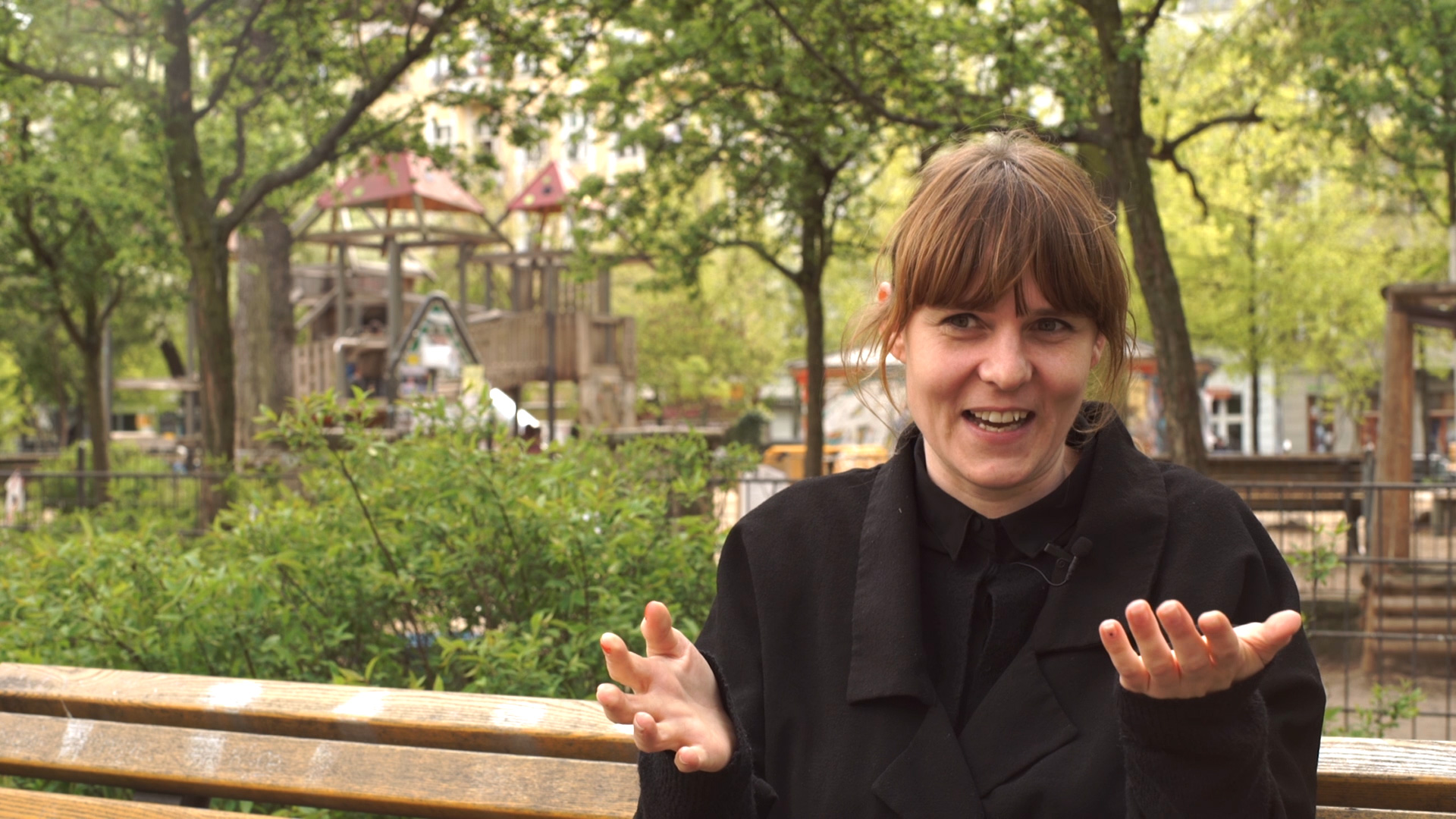
Larissa HonsekKreativdirektorin
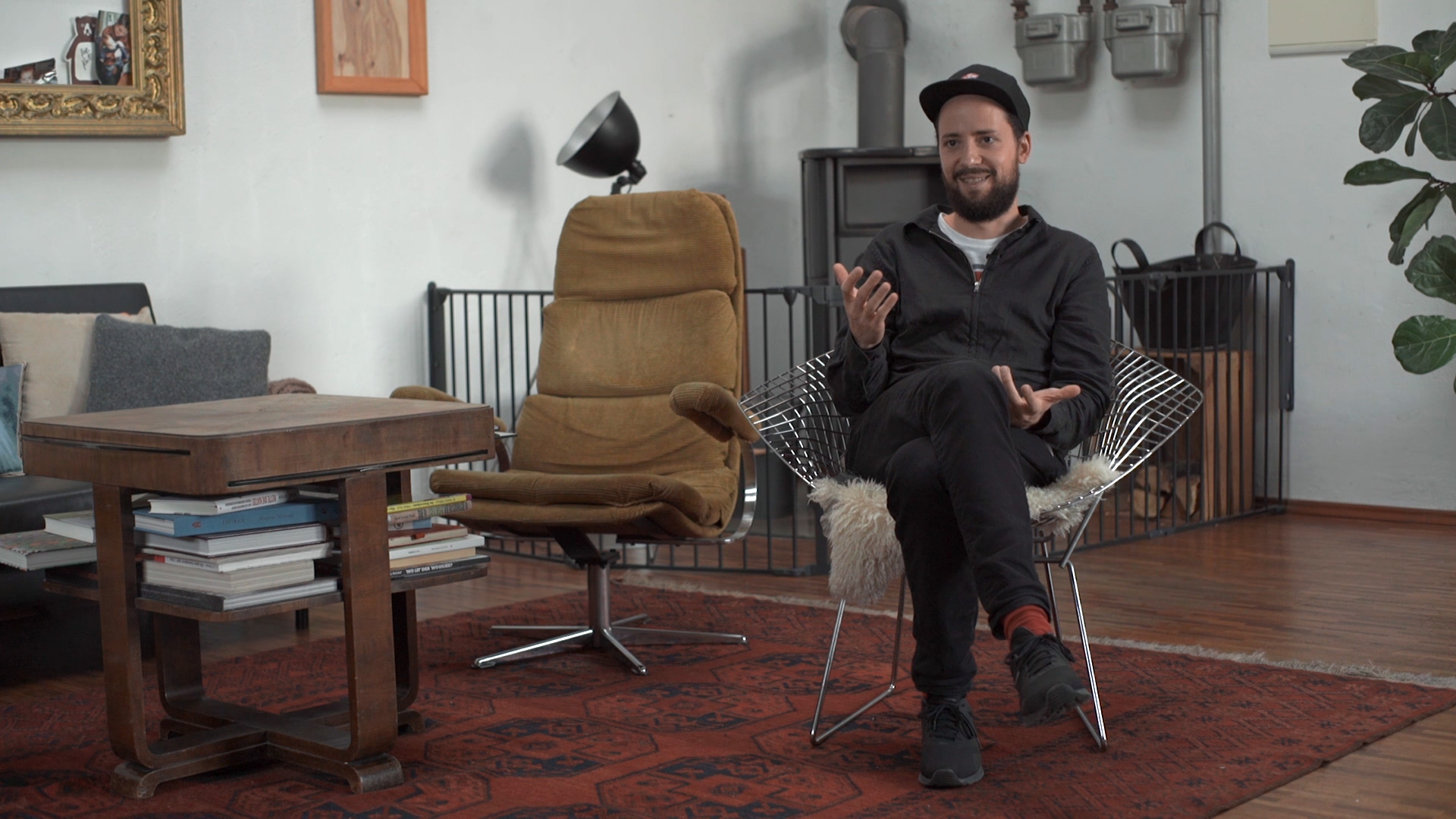
Philipp KässbohrerFilmemacher
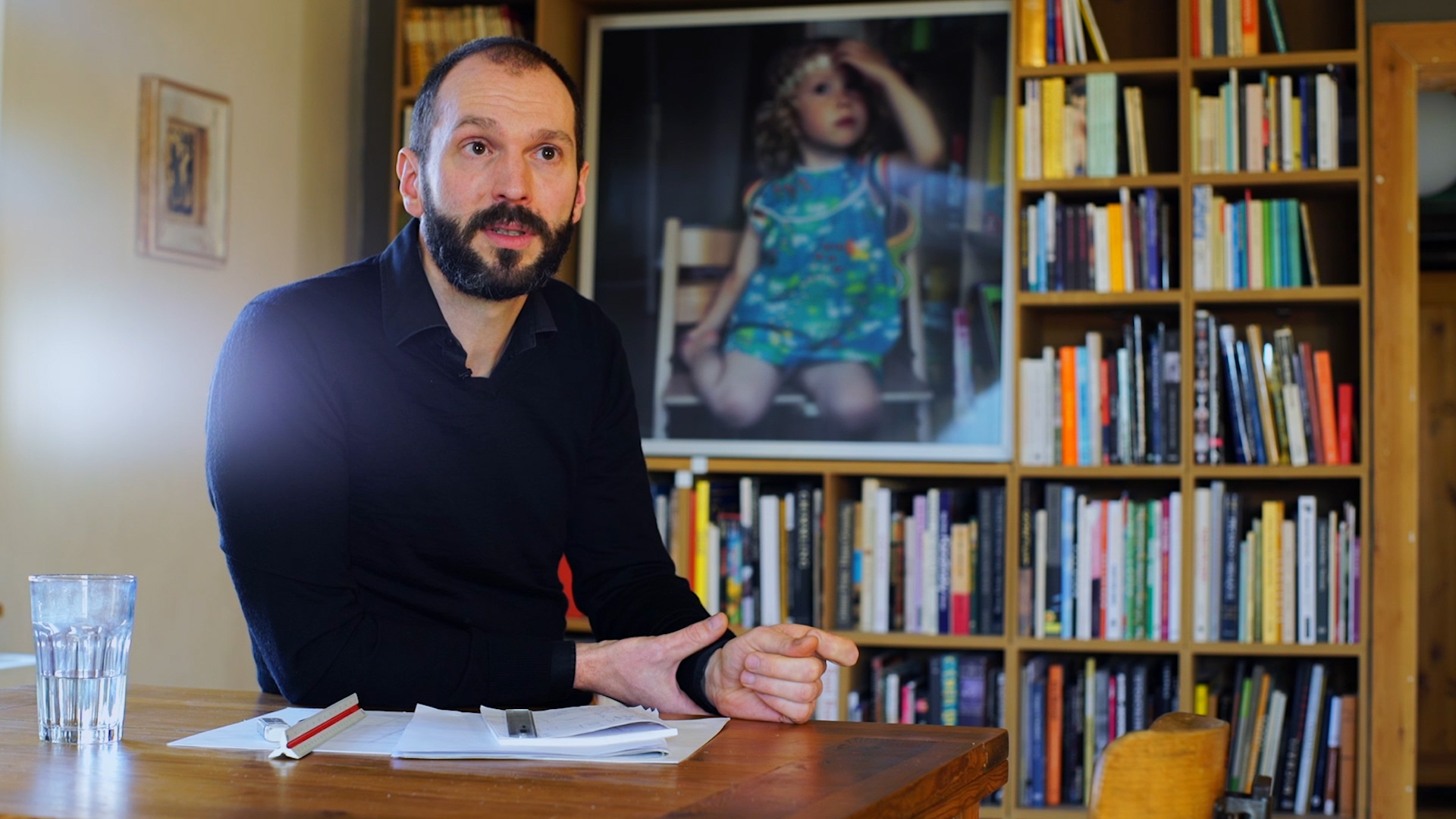
Prof. Christian MahlerProfessor für Motion Design
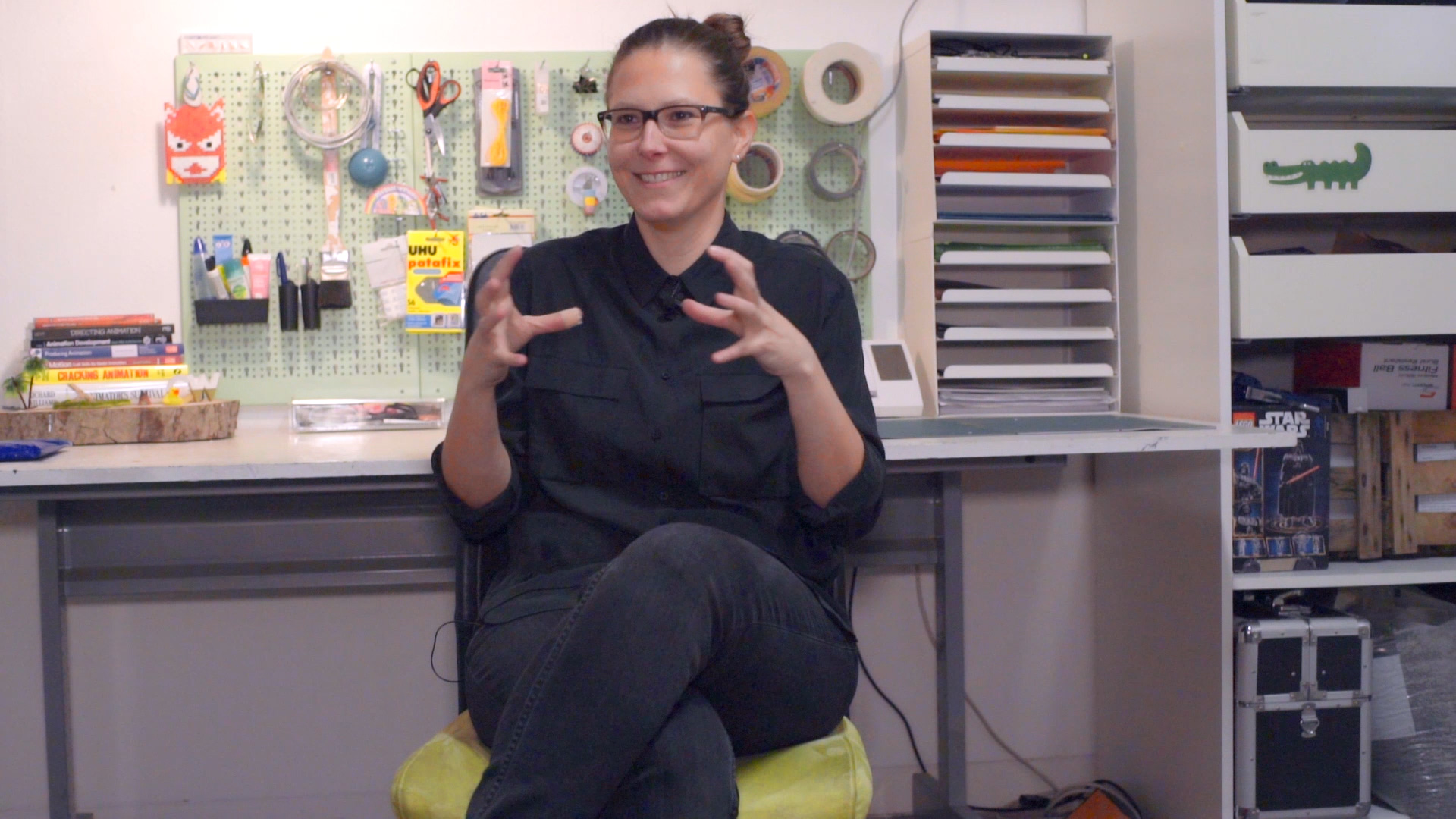
Cris WiegandtStop-Motion Animatorin
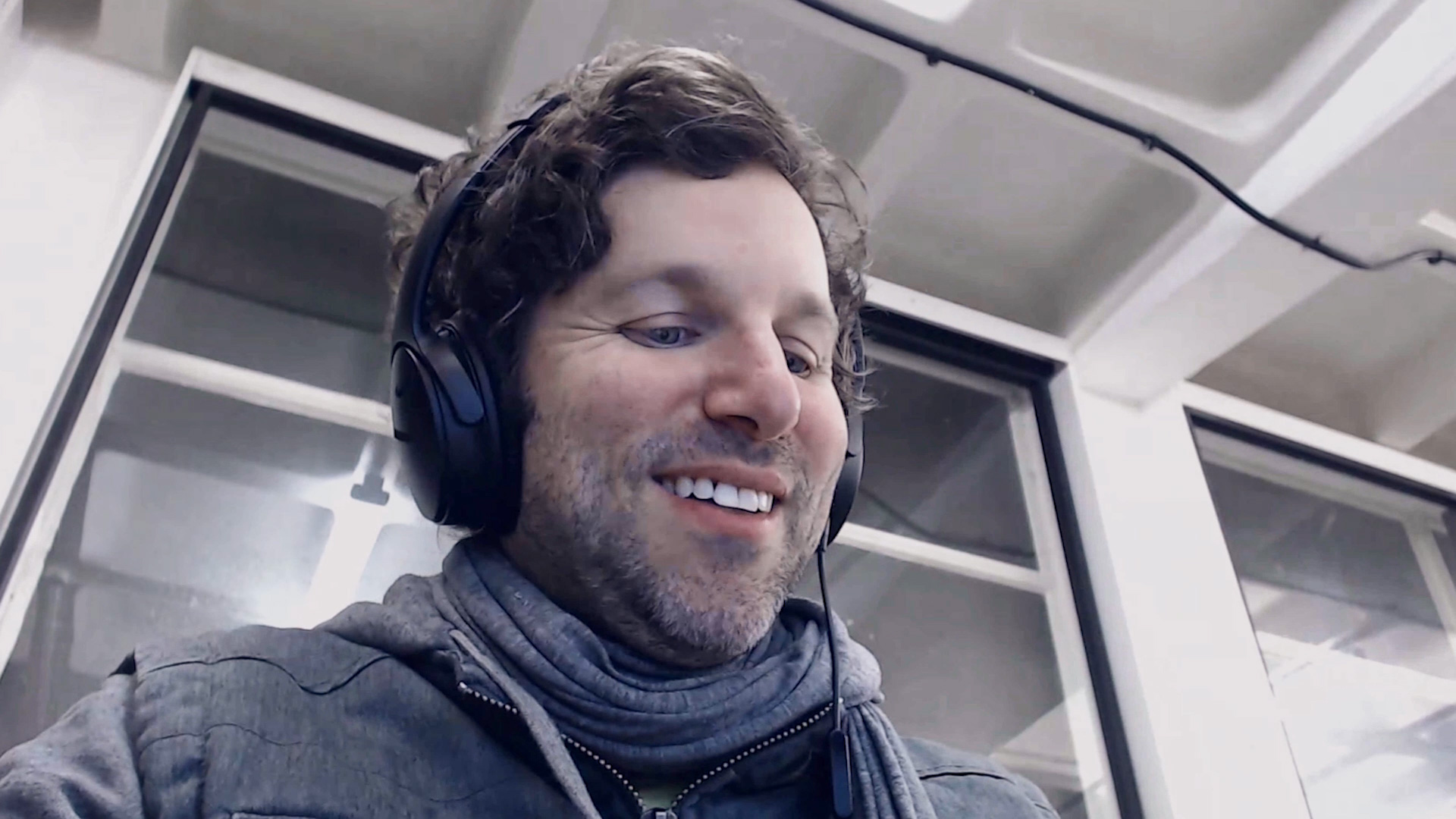
Bradley G. MunkowitzDesigner & Director
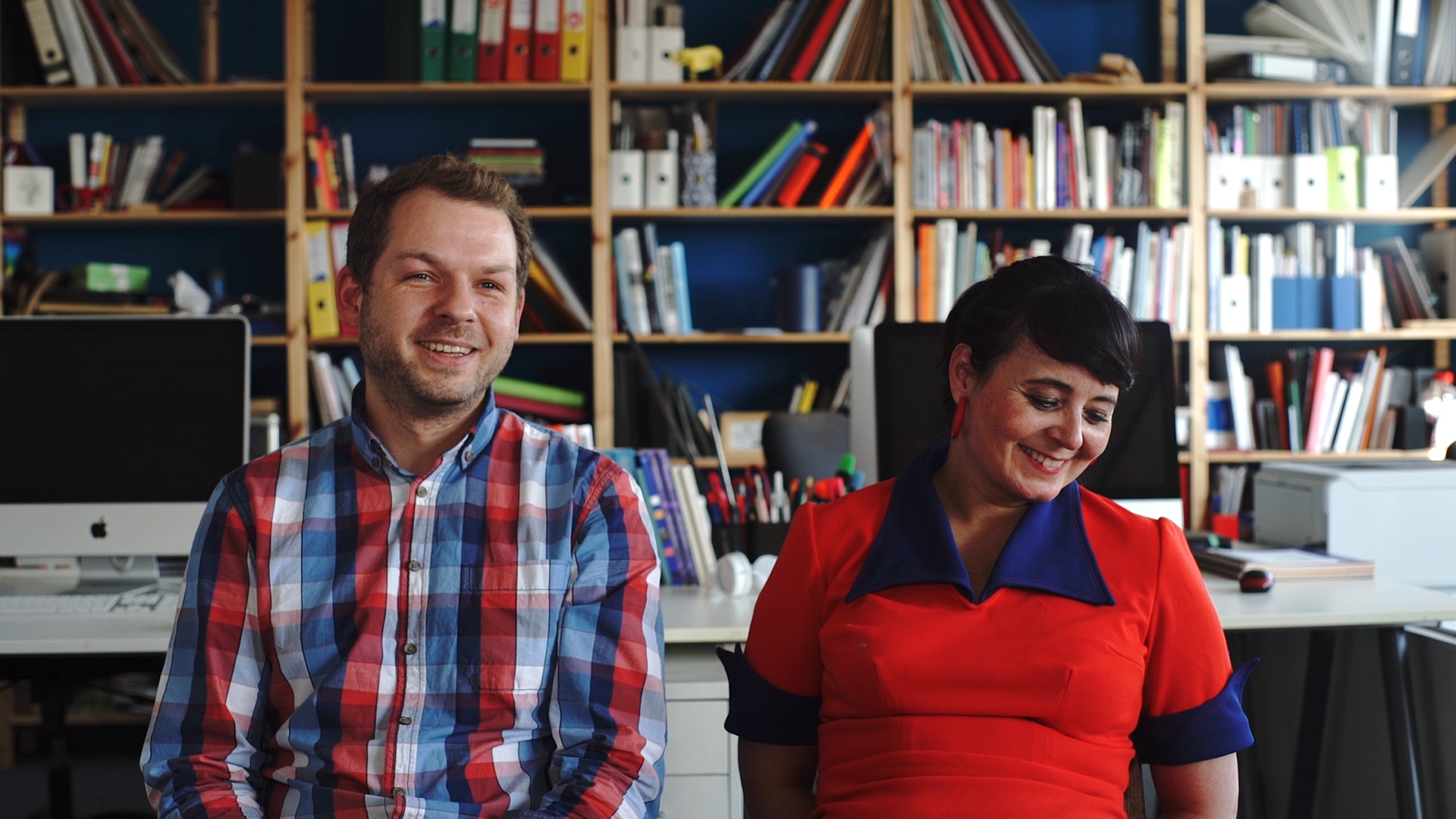
TwoPointsDesigner
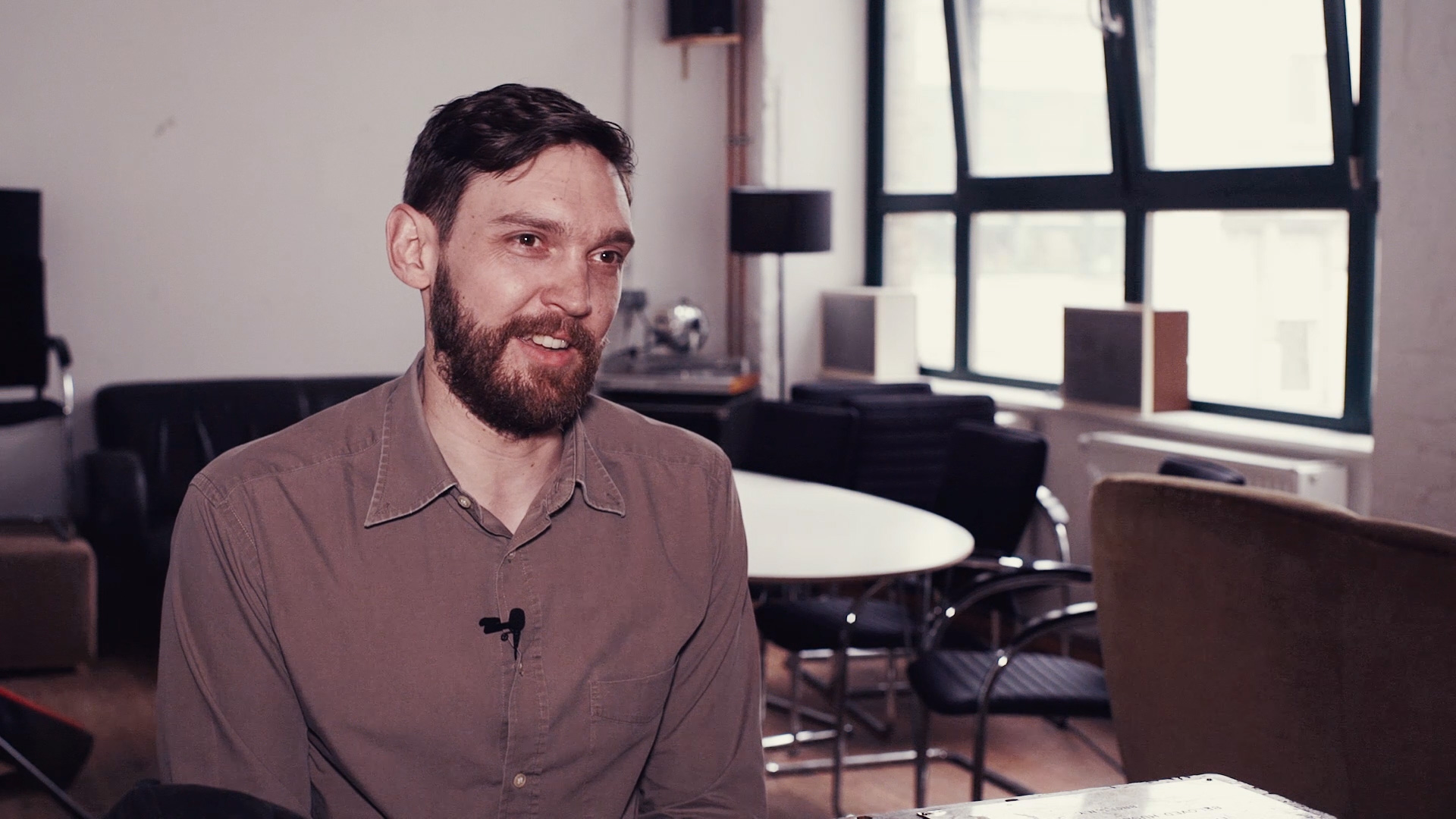
Andreas FischerKünstler
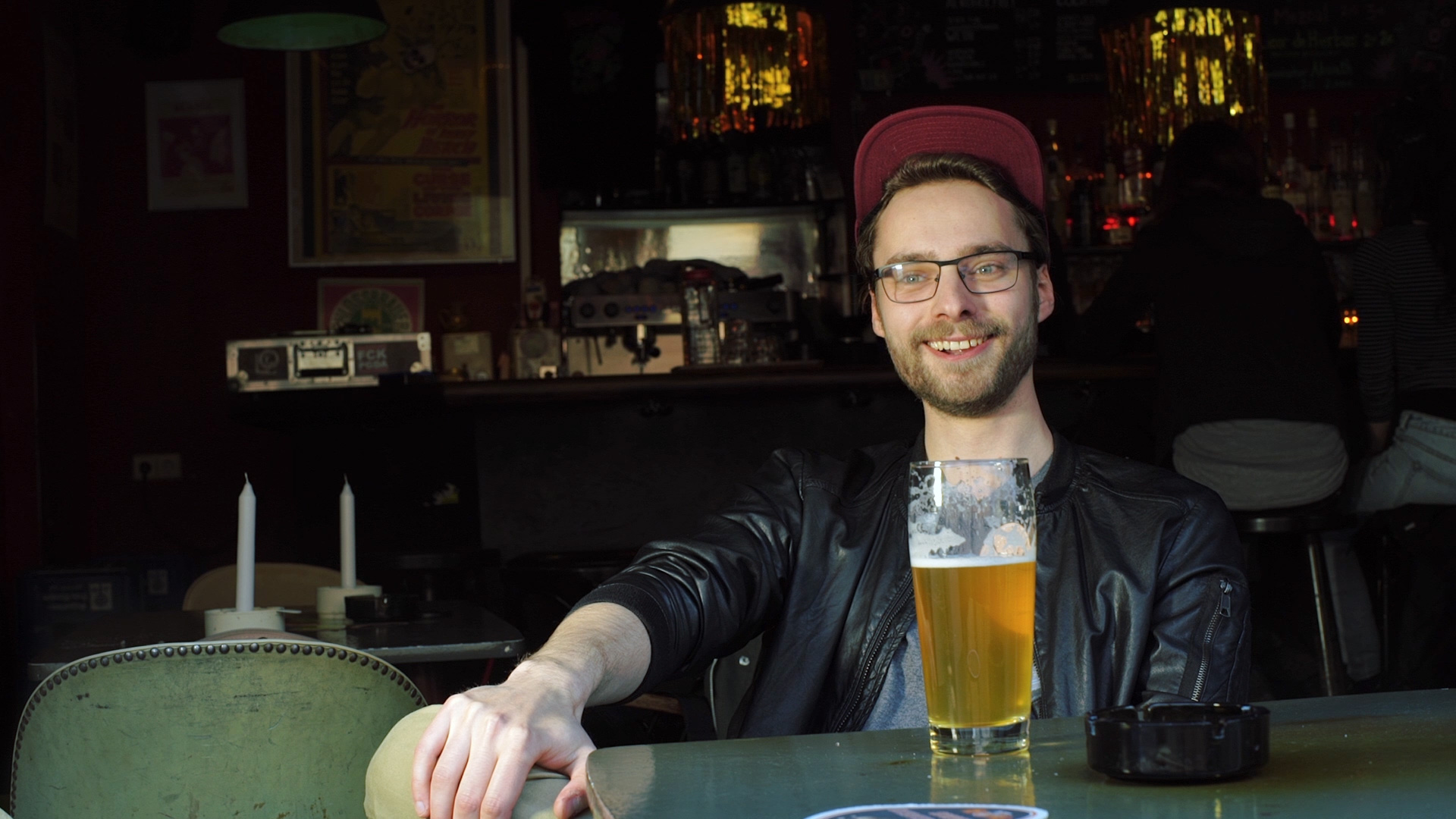
Bastian WieneckeIllustrator & Designer
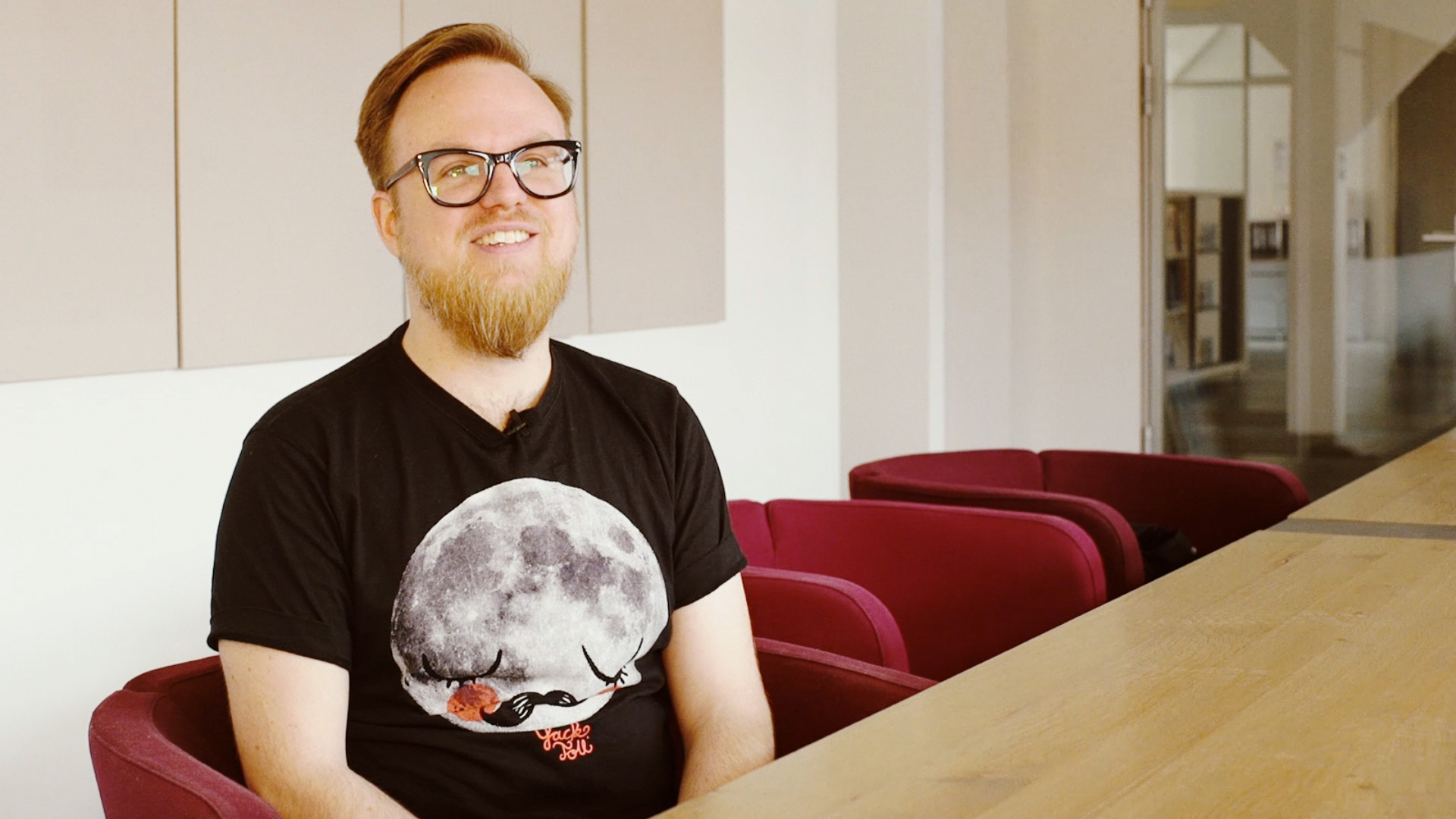
Chris SmallfieldVFX Supervisor & 3D Generalist
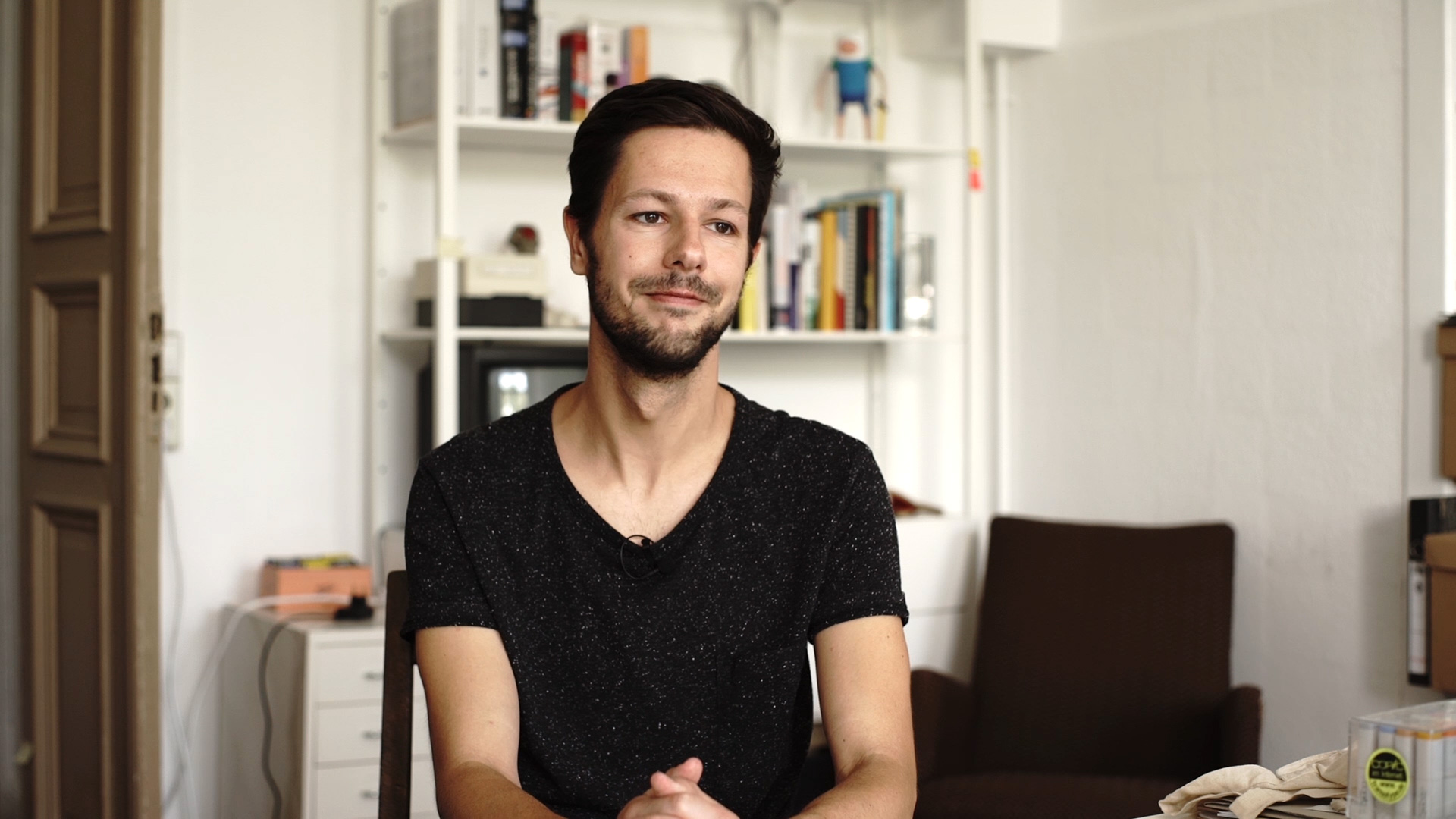
Ronny Schmidt3D Artist & Designer
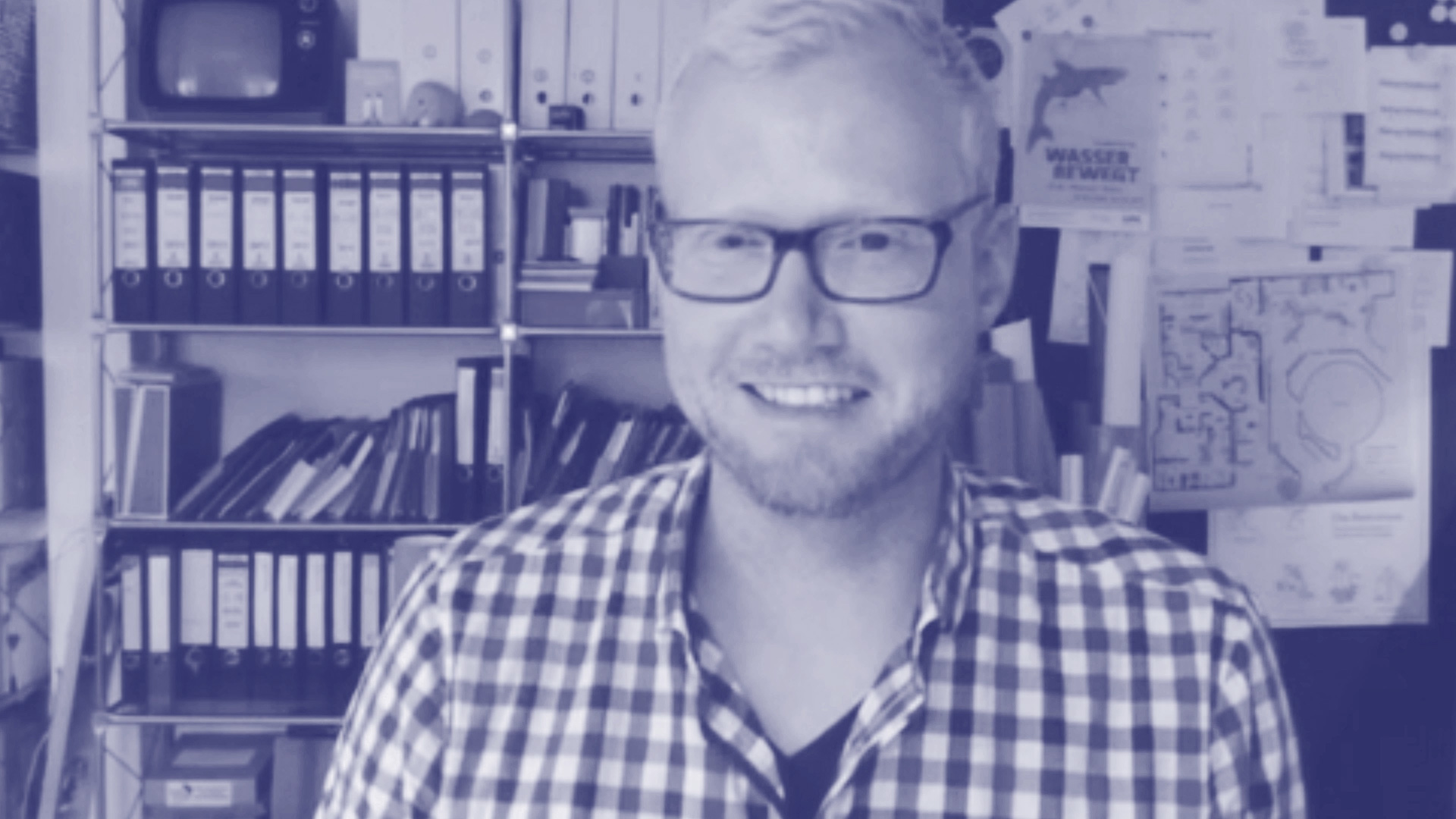
Christian BüningInformationsgestalter
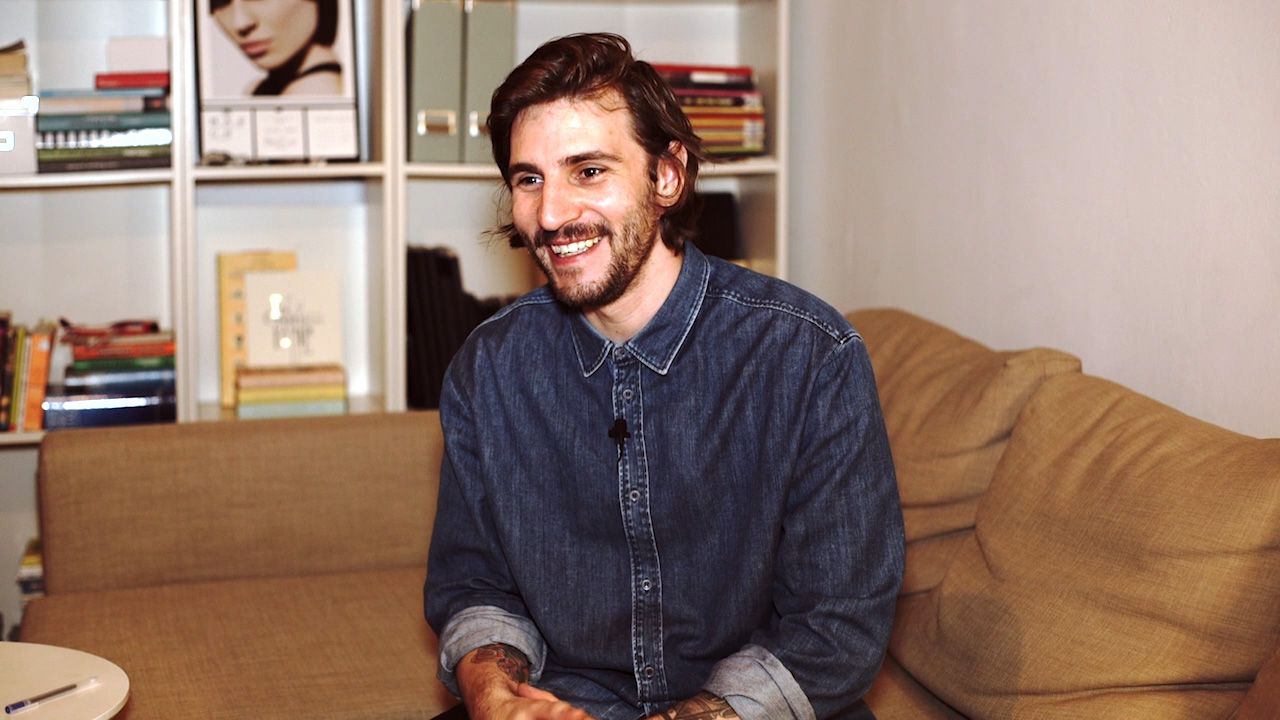
Hassan HaiderArt Director & Designer
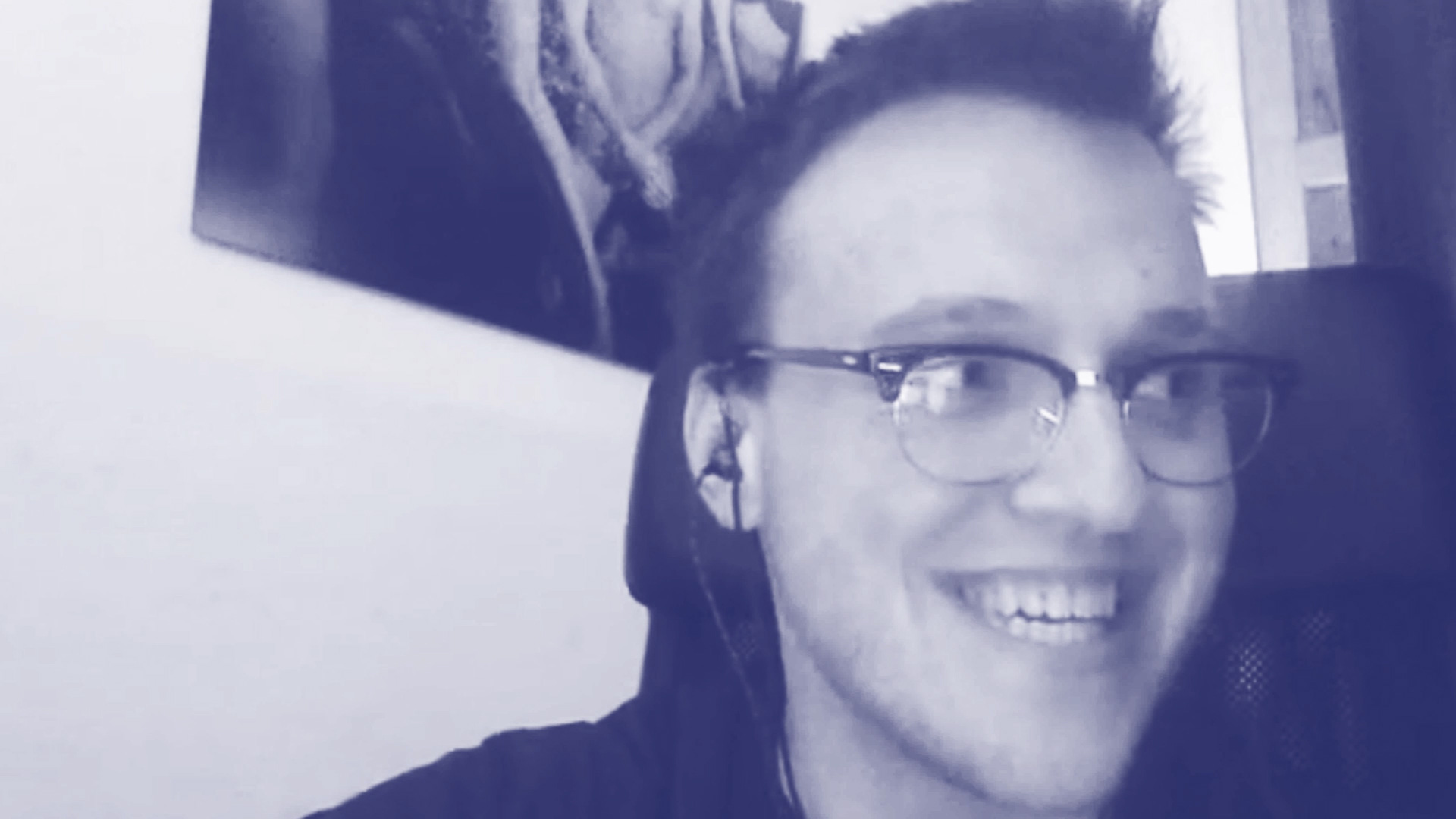
Andreas HofstetterJunior Creative & Filmemacher
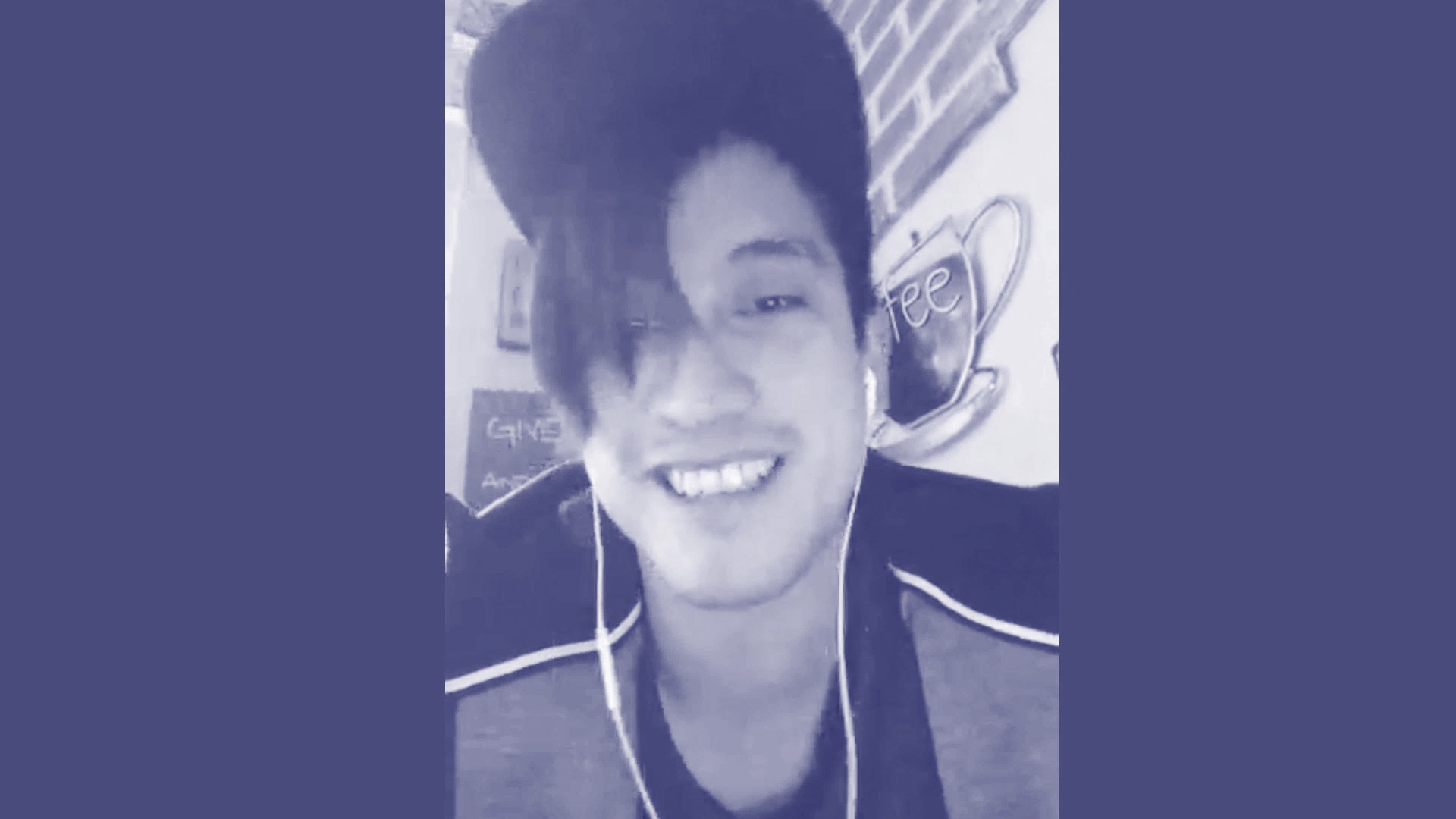
Vi-Dan TranRegisseur & Stuntman
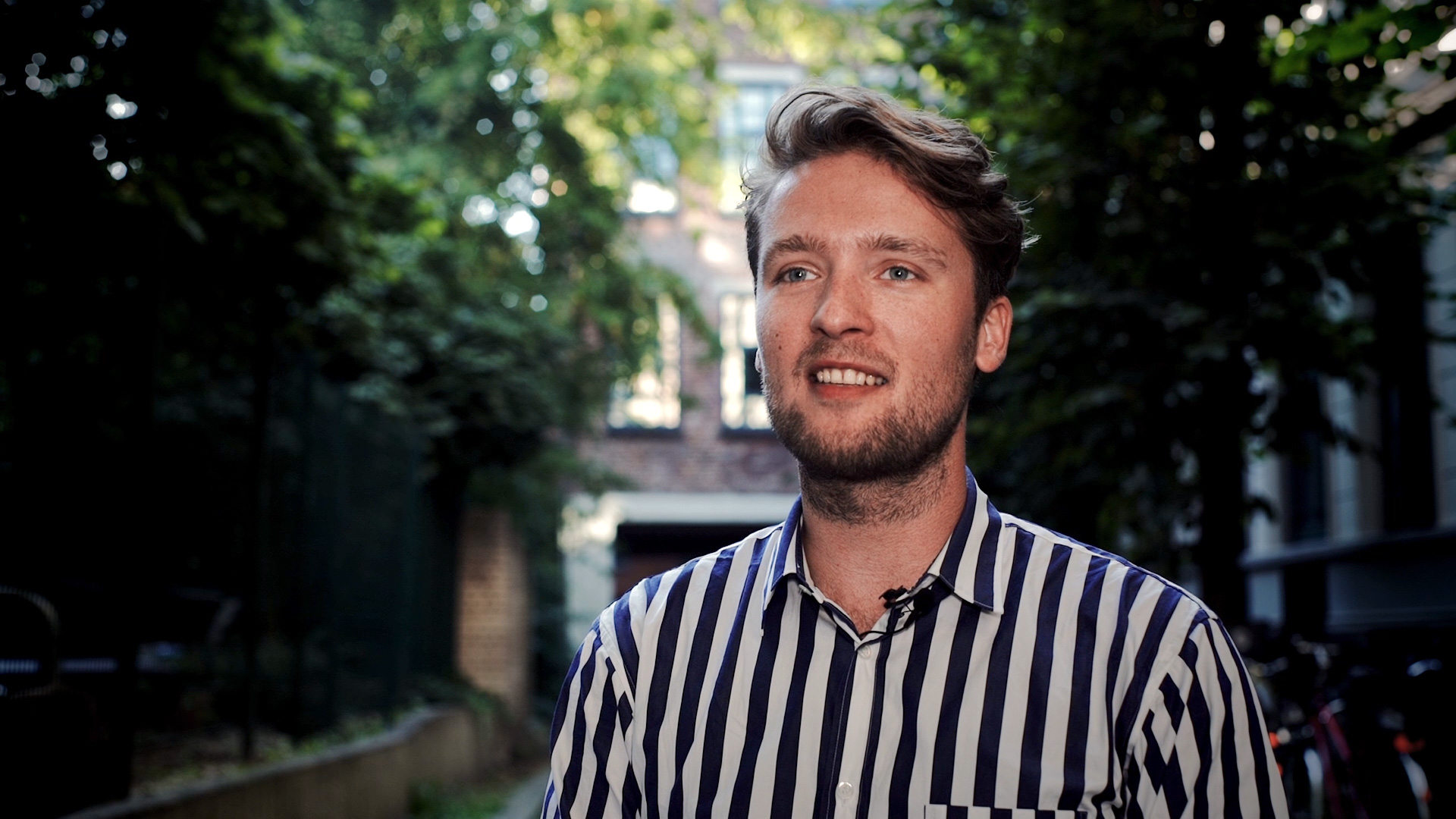
Dominic RepenningDesigner & Regisseur
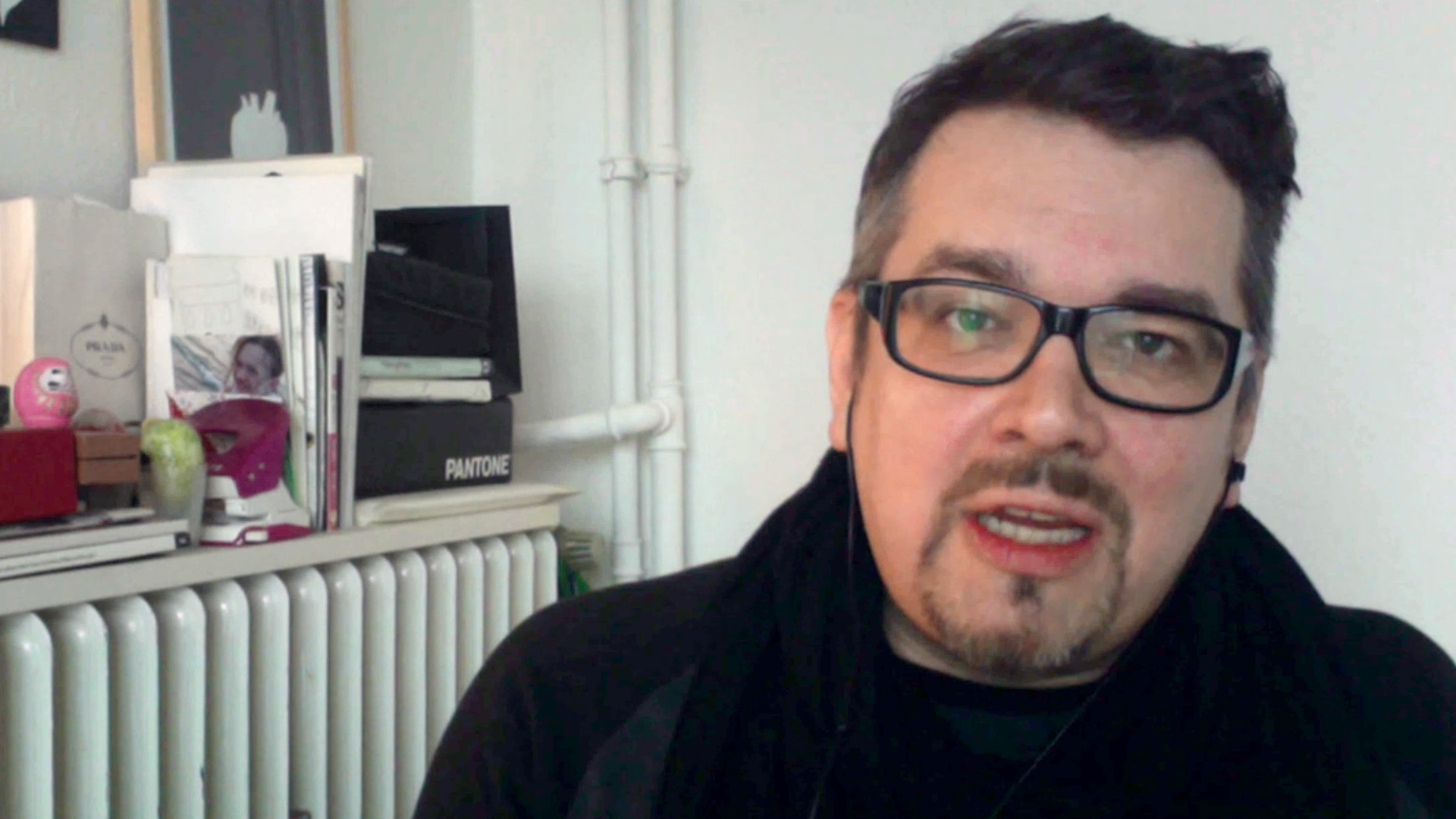
Kay TennemannAnimation Director & Designer
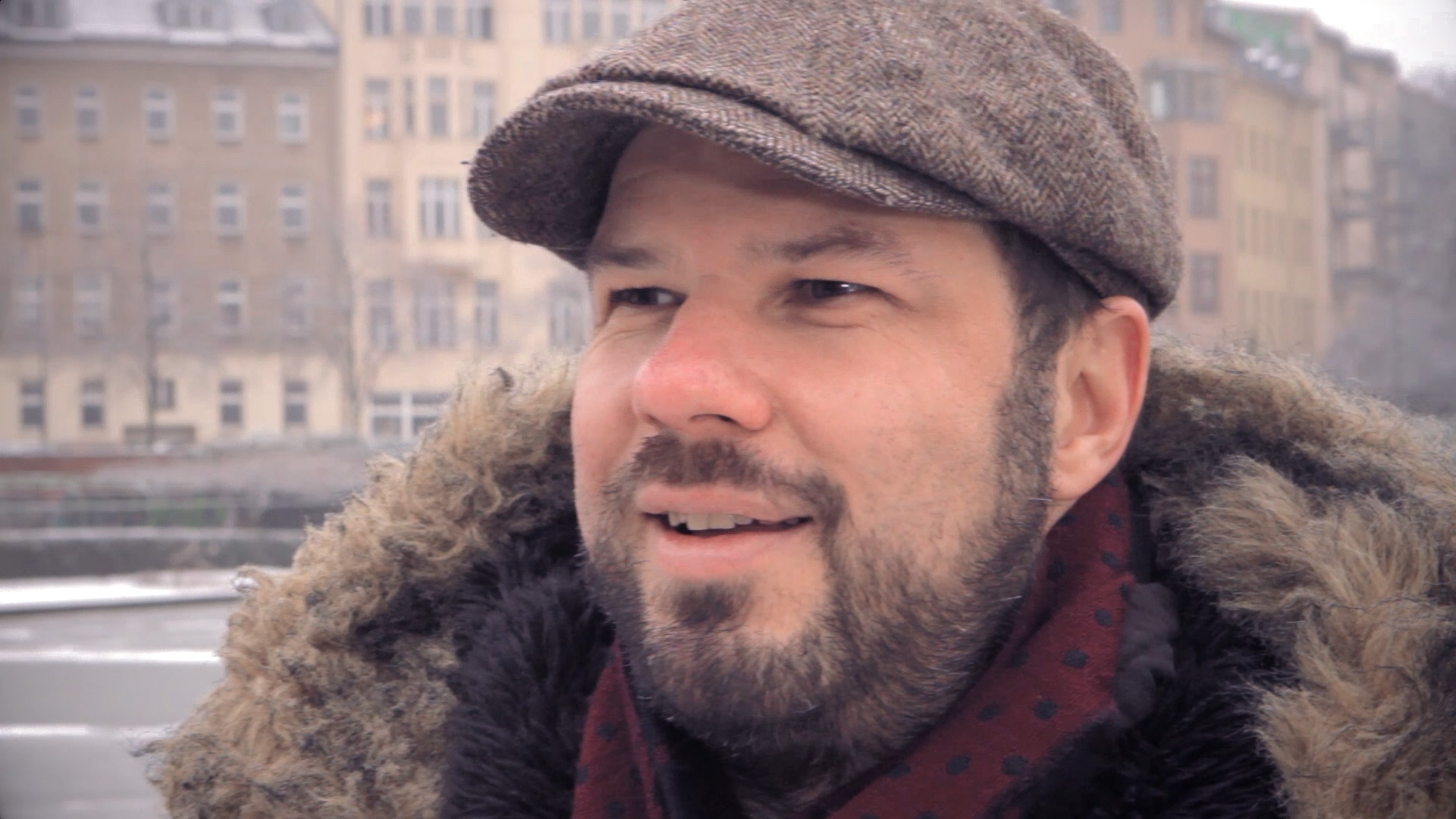
Uwe FladeRegisseur
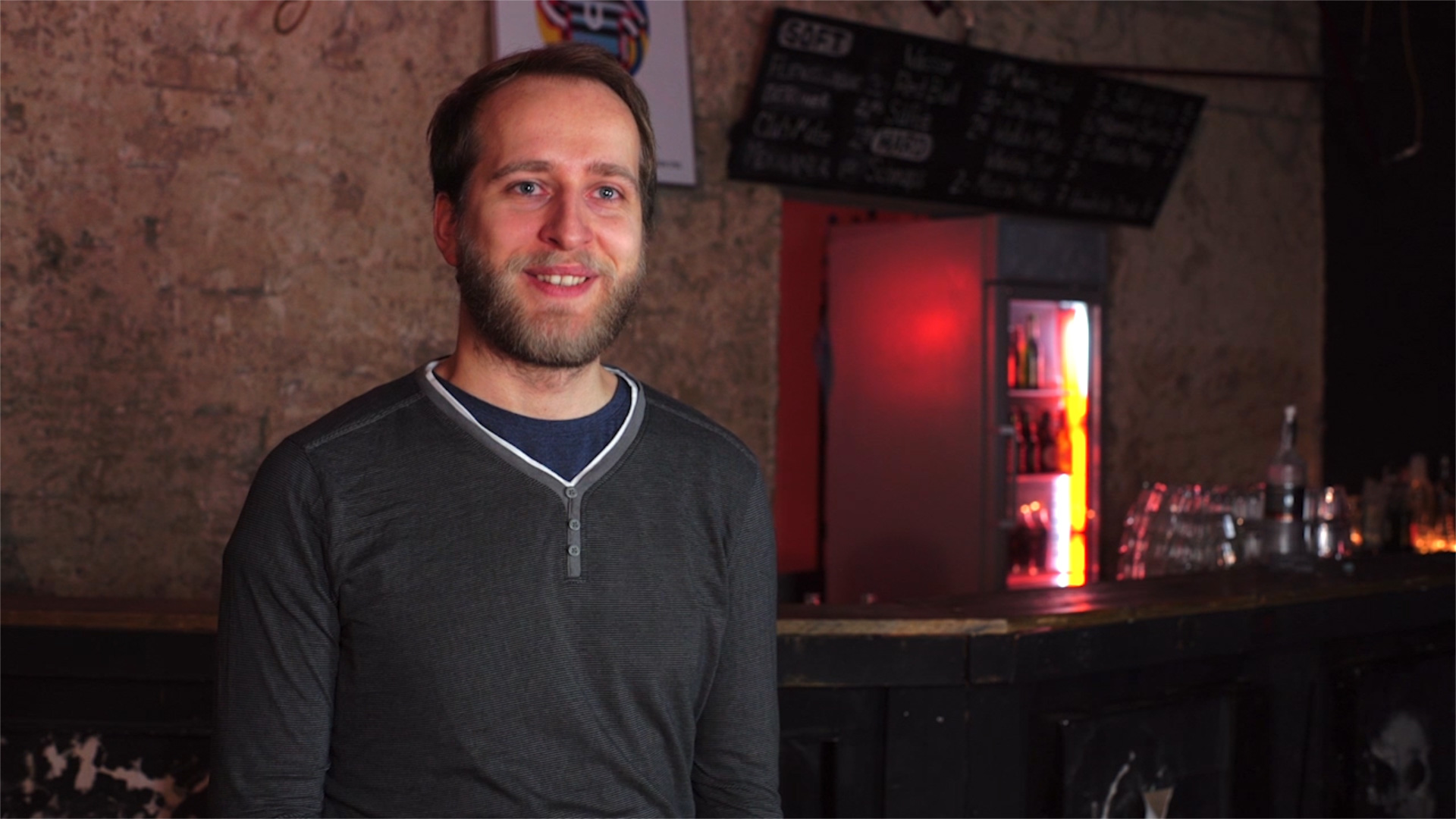
Johannes FiglhuberConcept Designer
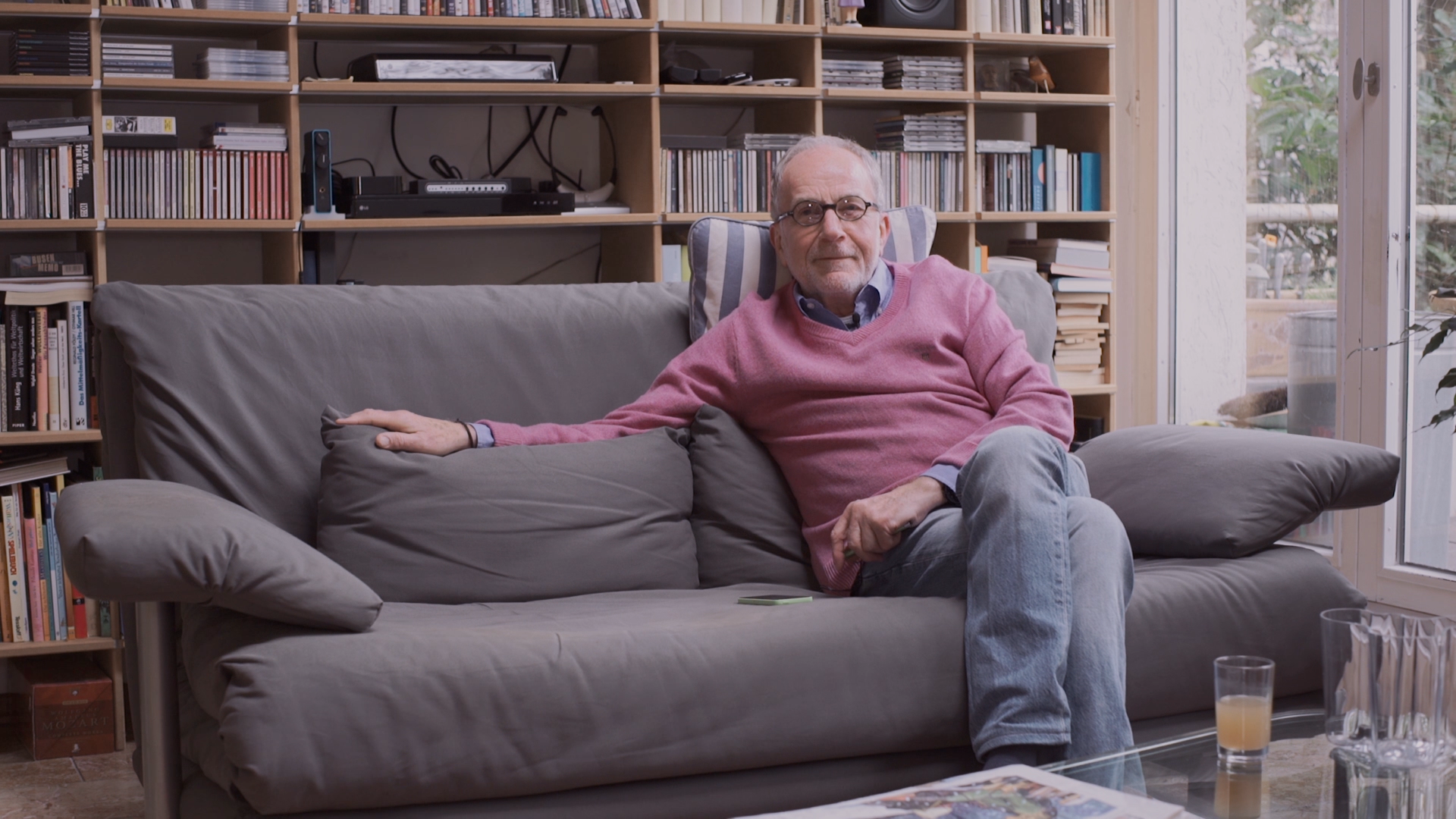
Helmut M. Schmitt-SiegelGestalter
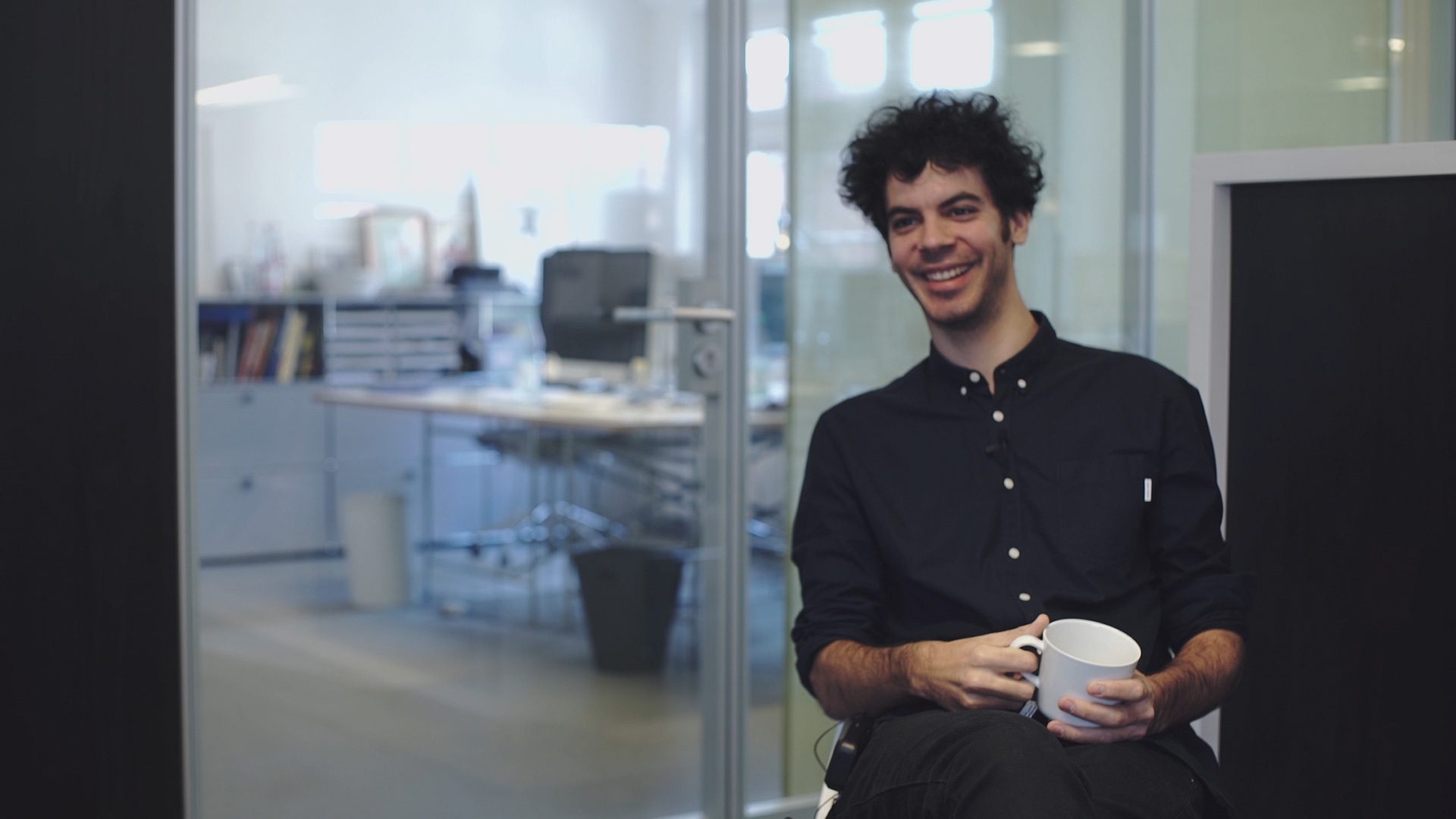
Dante ZaballaAnimator
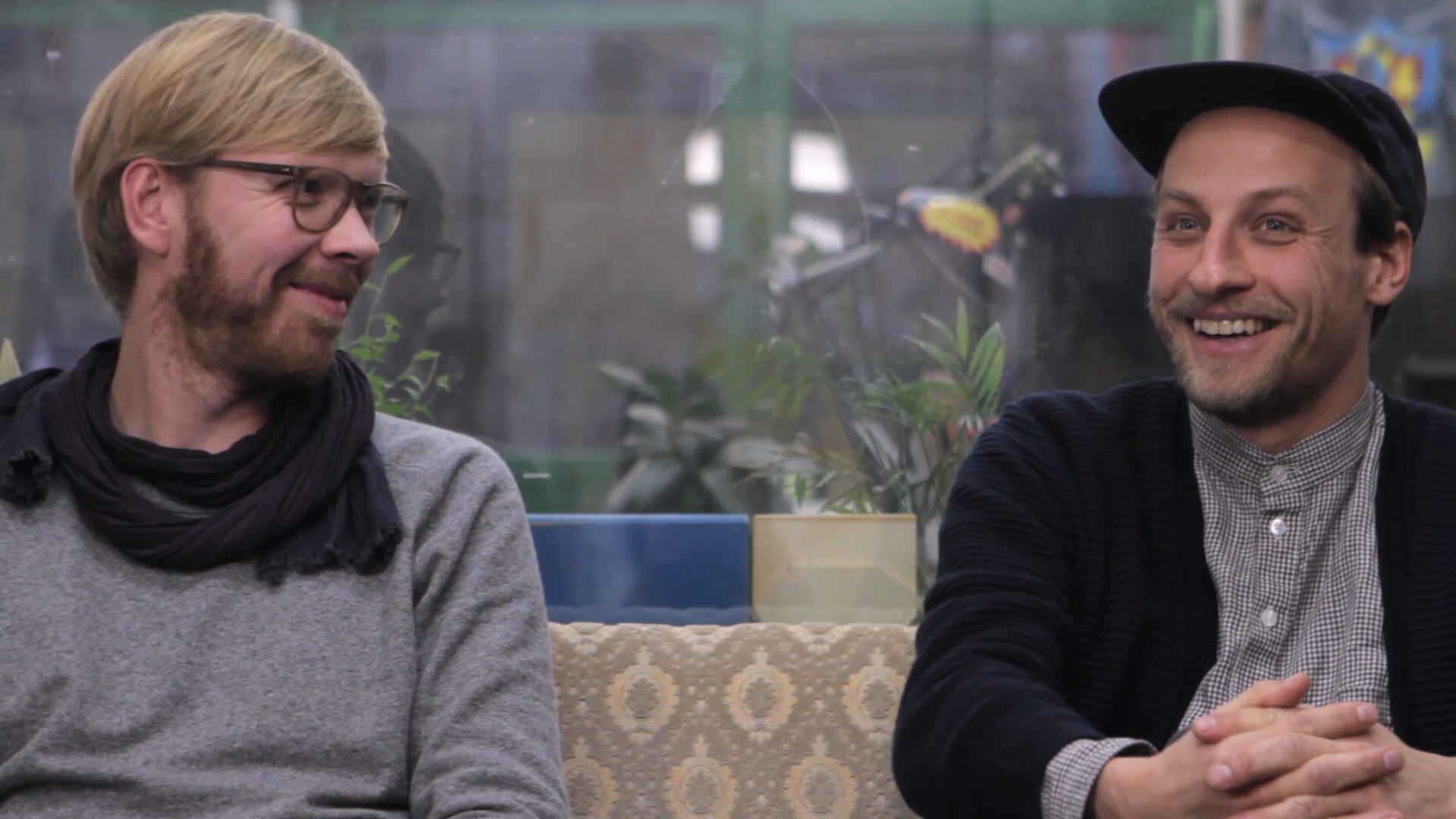
44FLAVOURSKünstler
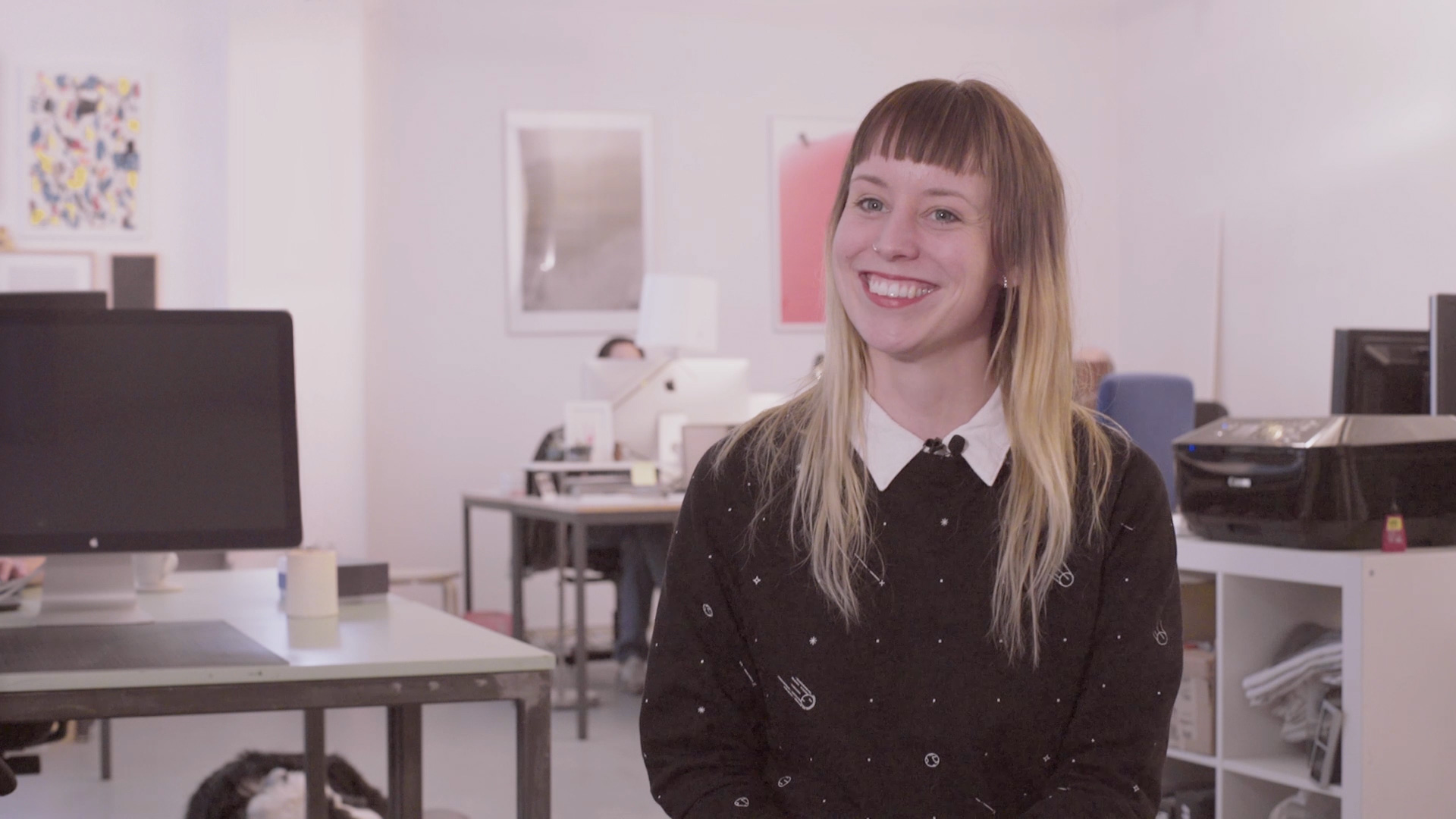
Mette Ilene HolmriisIllustratorin & Animatorin
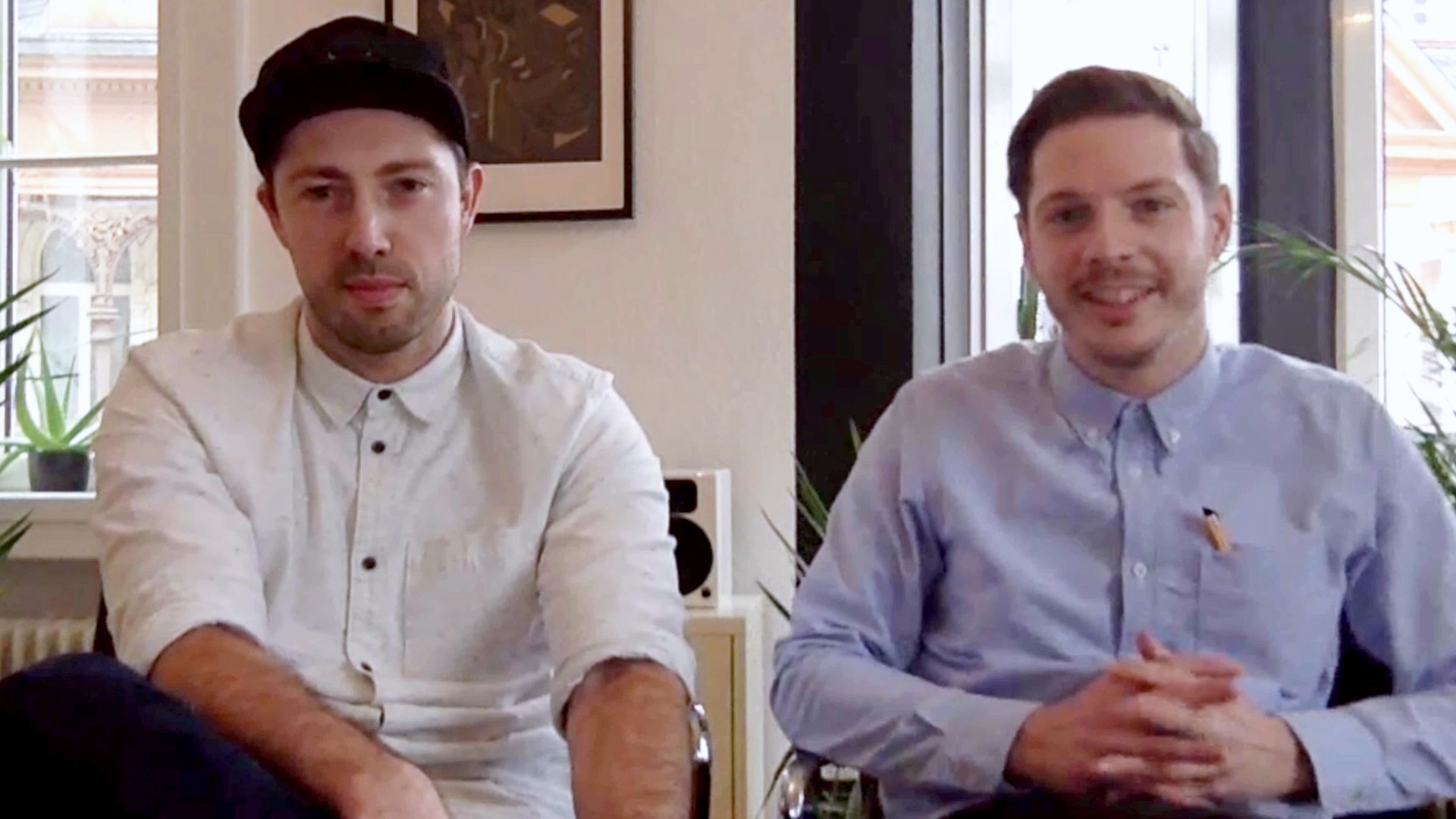
FOREALDesigner
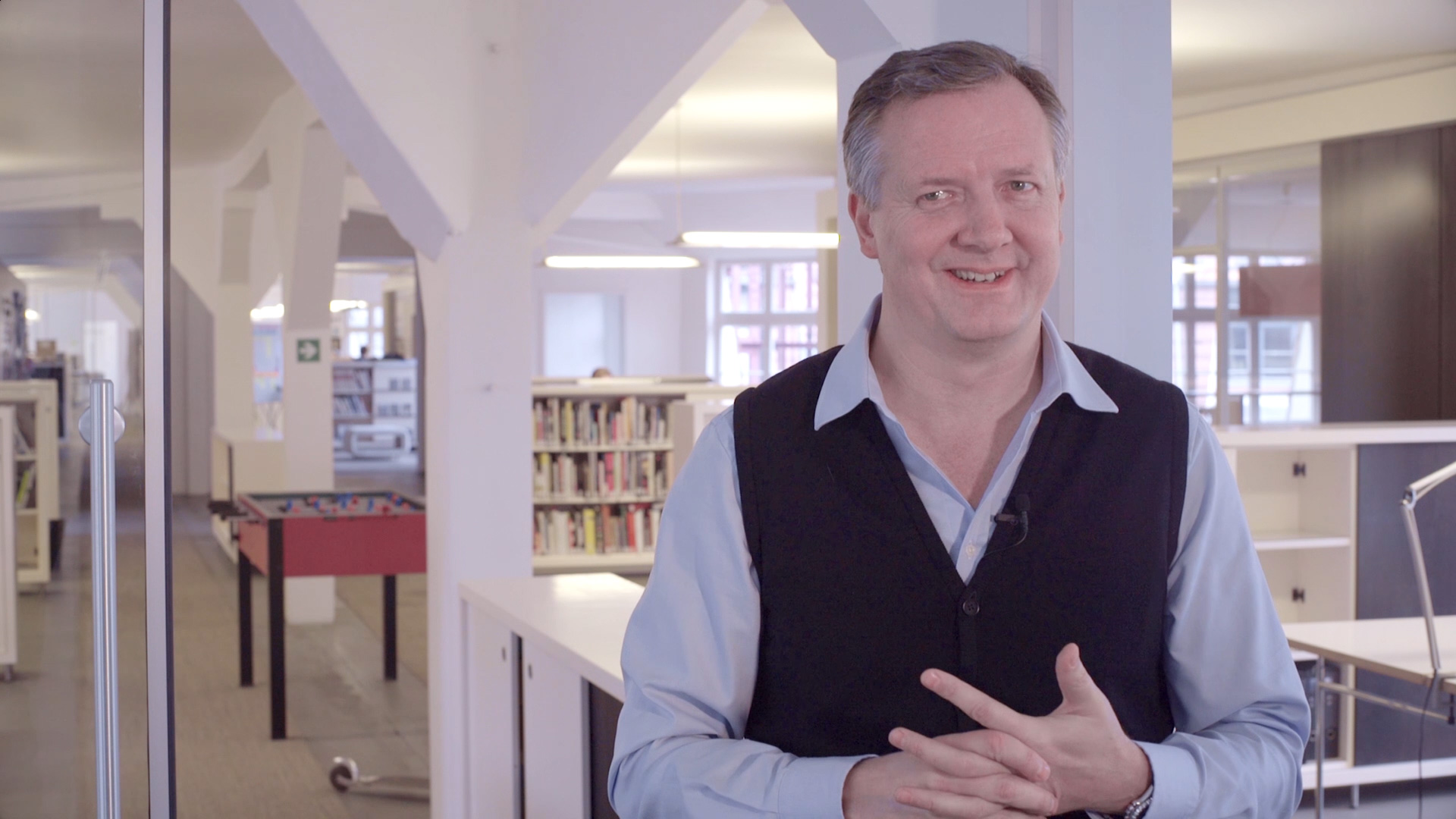
Tammo F. BrunsDesigner & Geschäftsführer
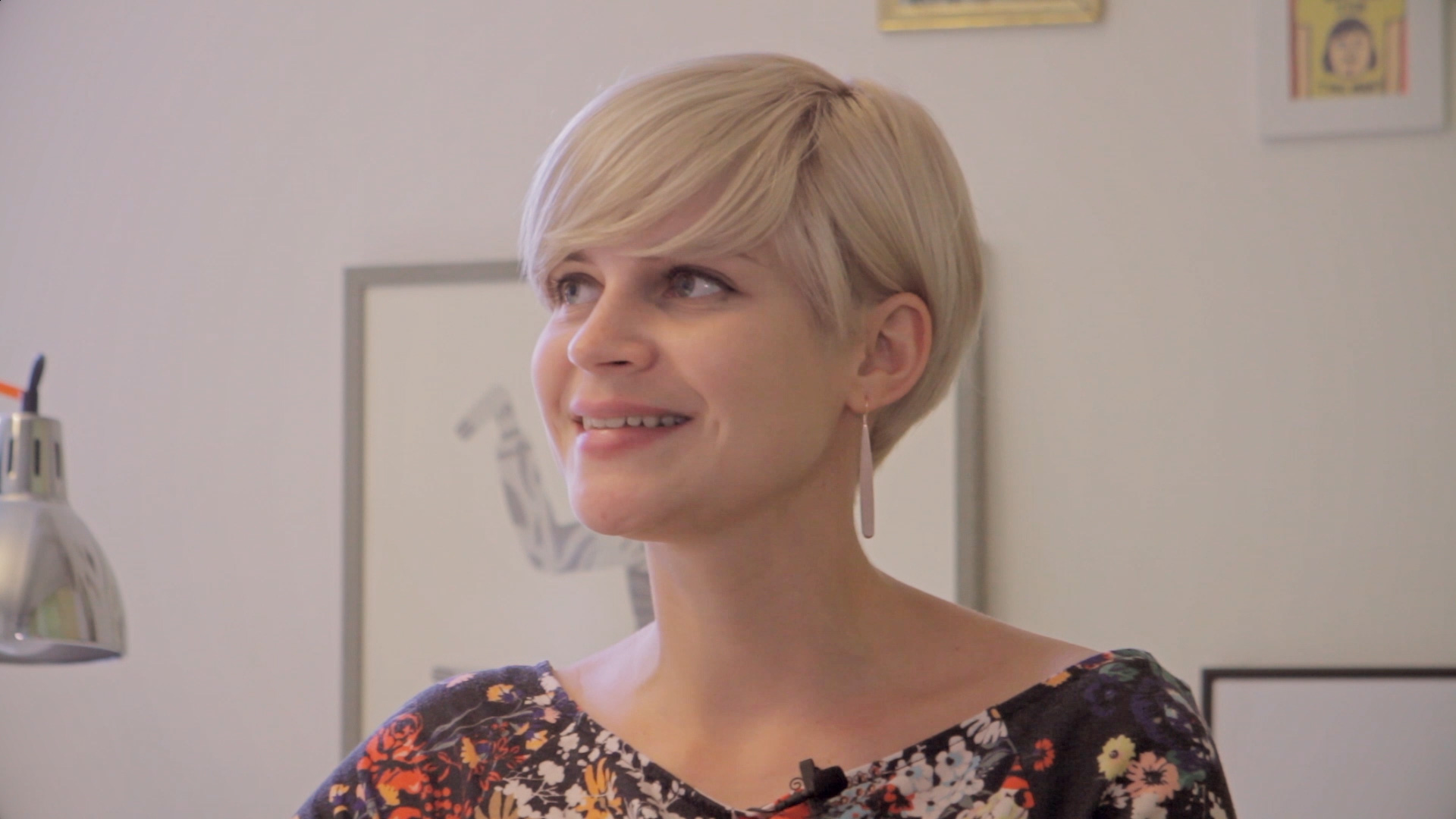
Susann Stötzner2D-Animatorin
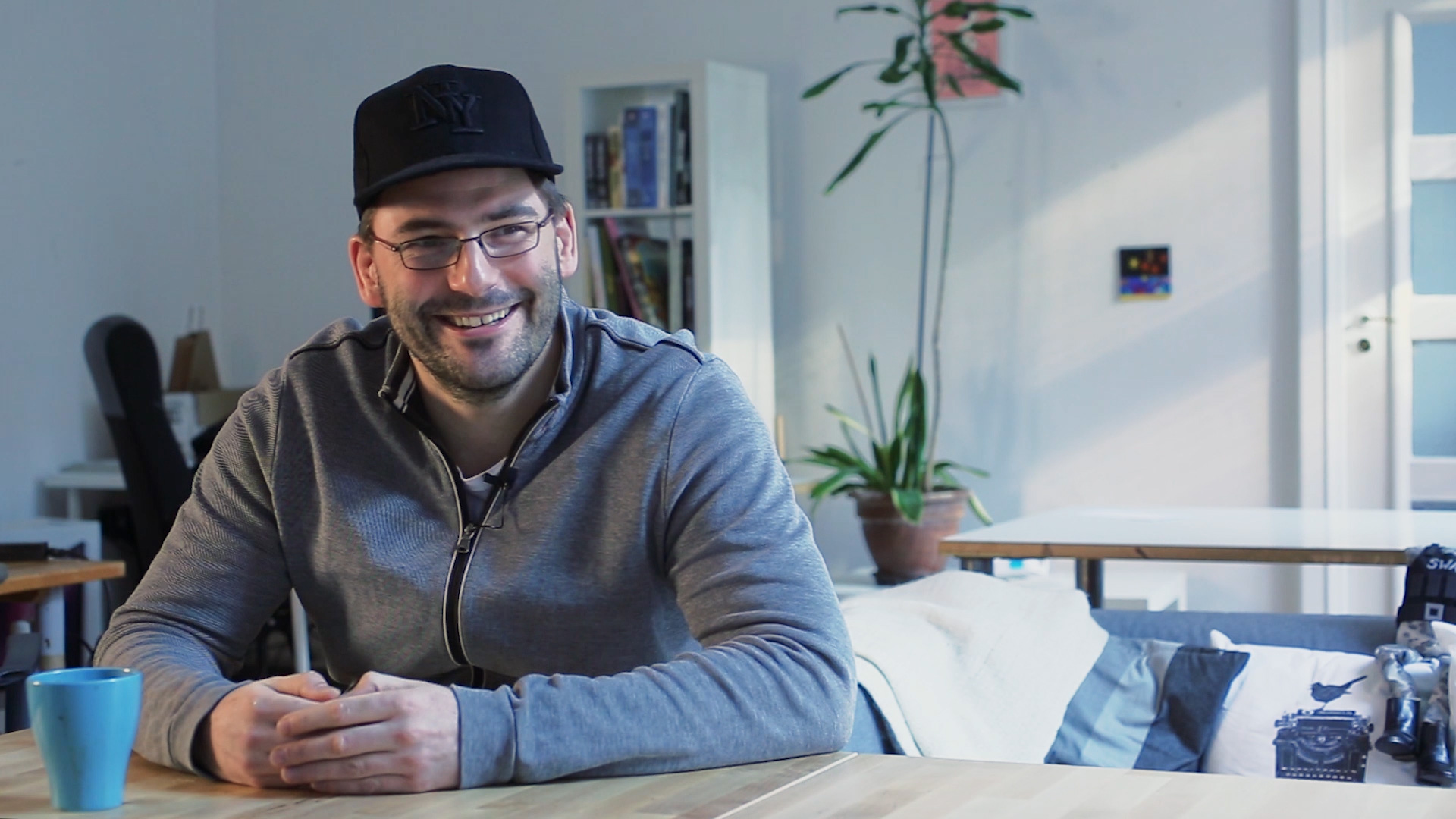
Alexander GellnerZeichner & Filmemacher
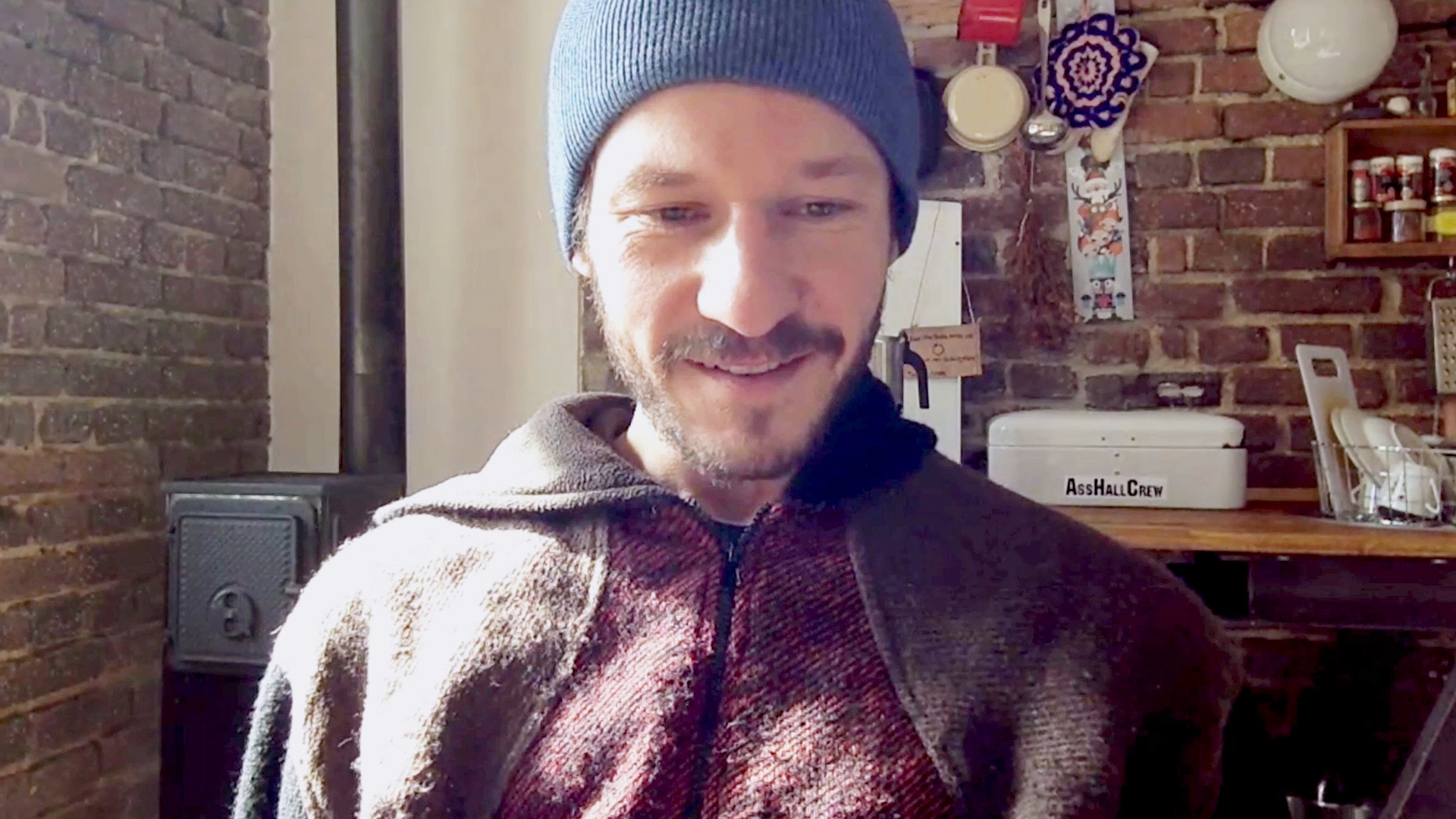
René EckertFilmemacher & Fotograf
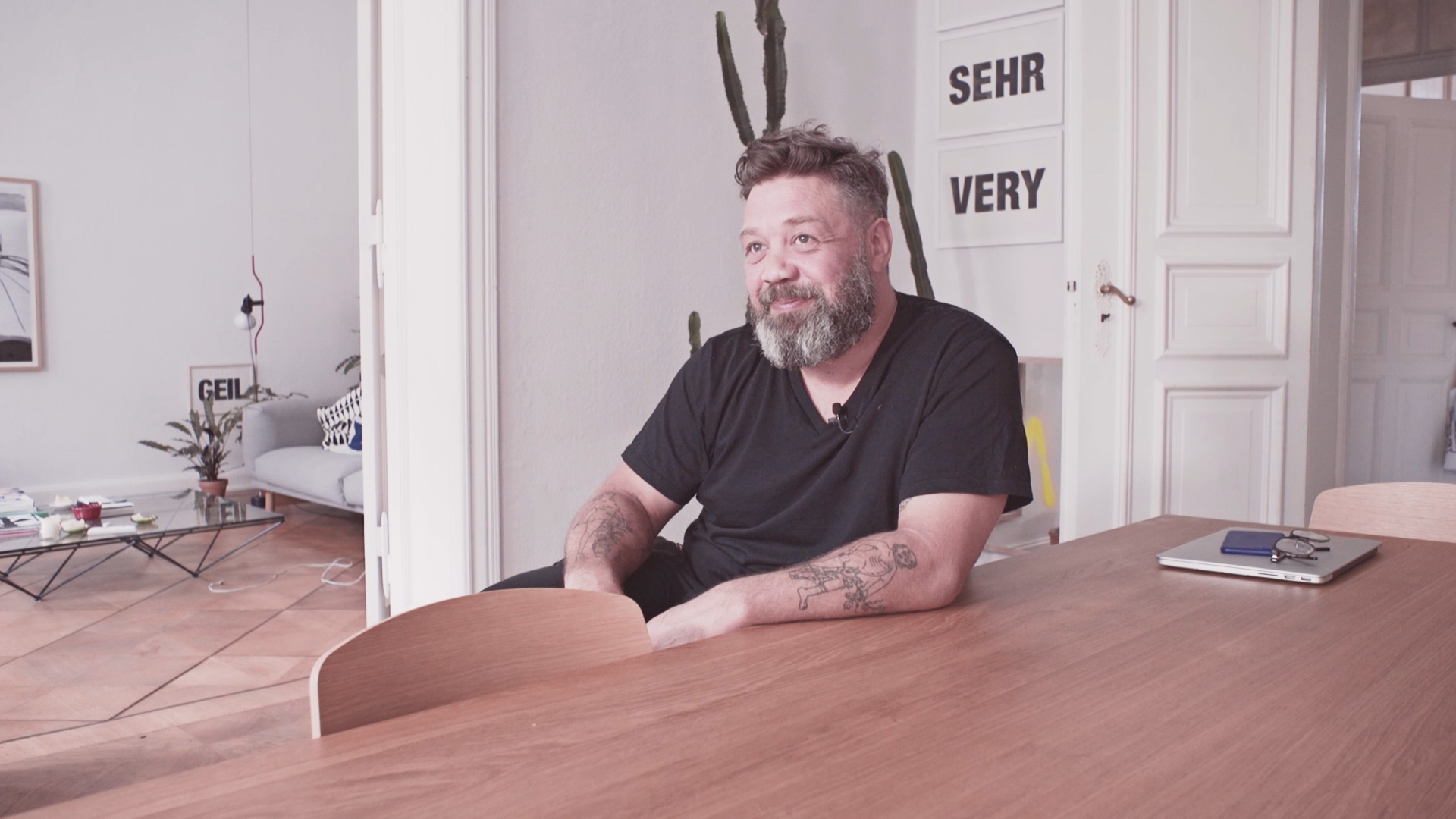
Eike KönigGestalter
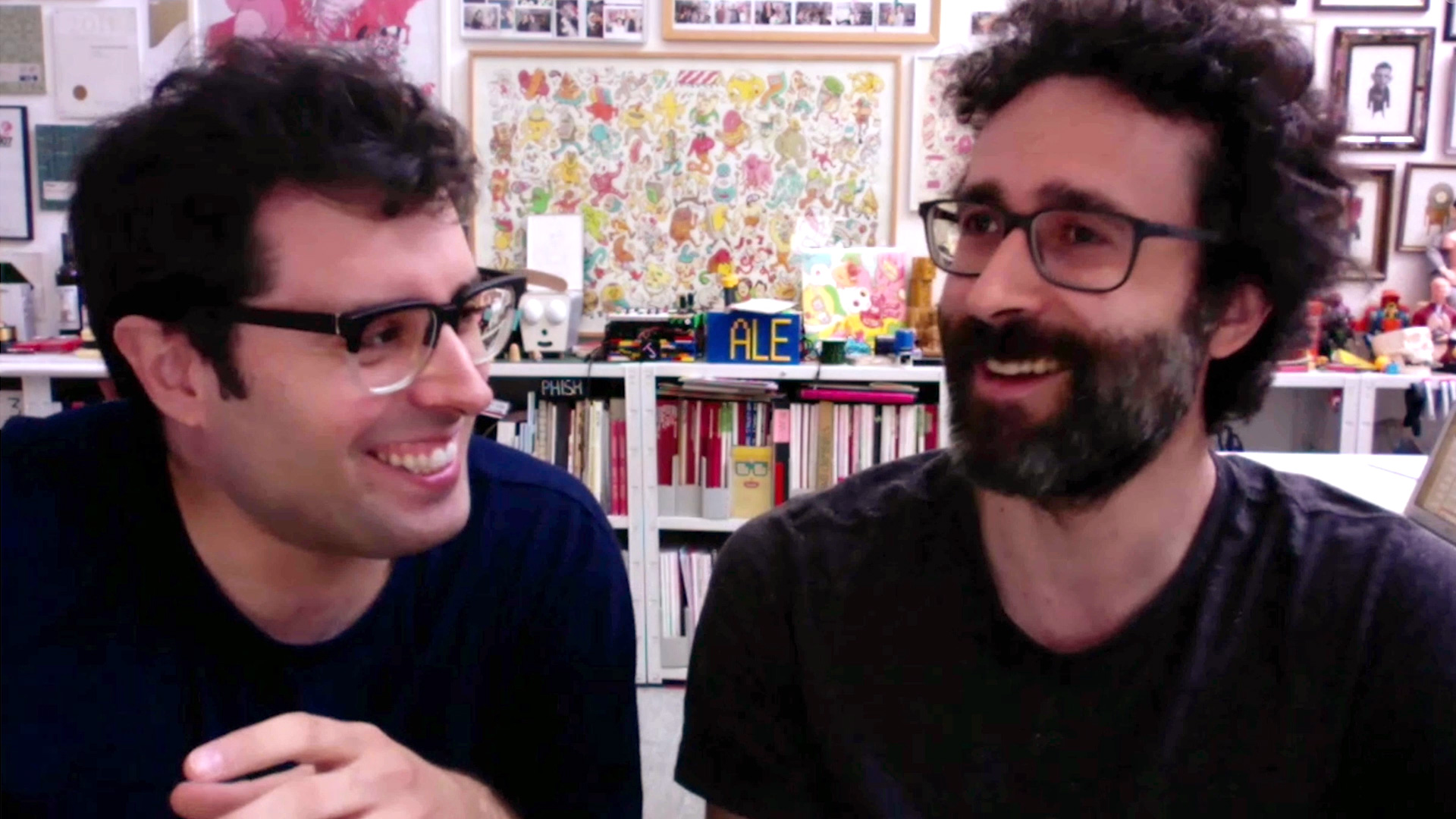
BrosmindIllustratoren & Künstler
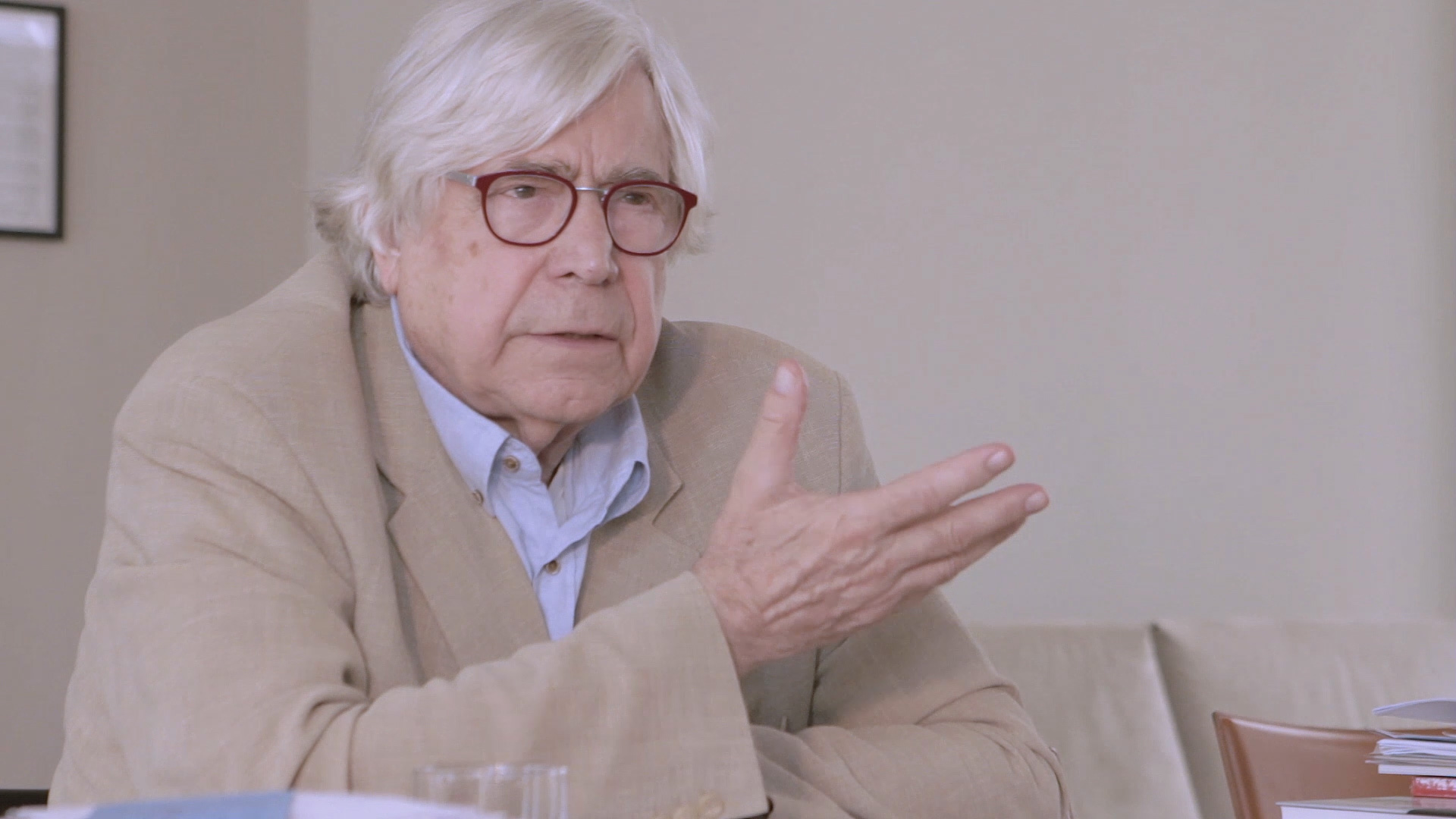
Bazon BrockKünstler & Kulturkritiker
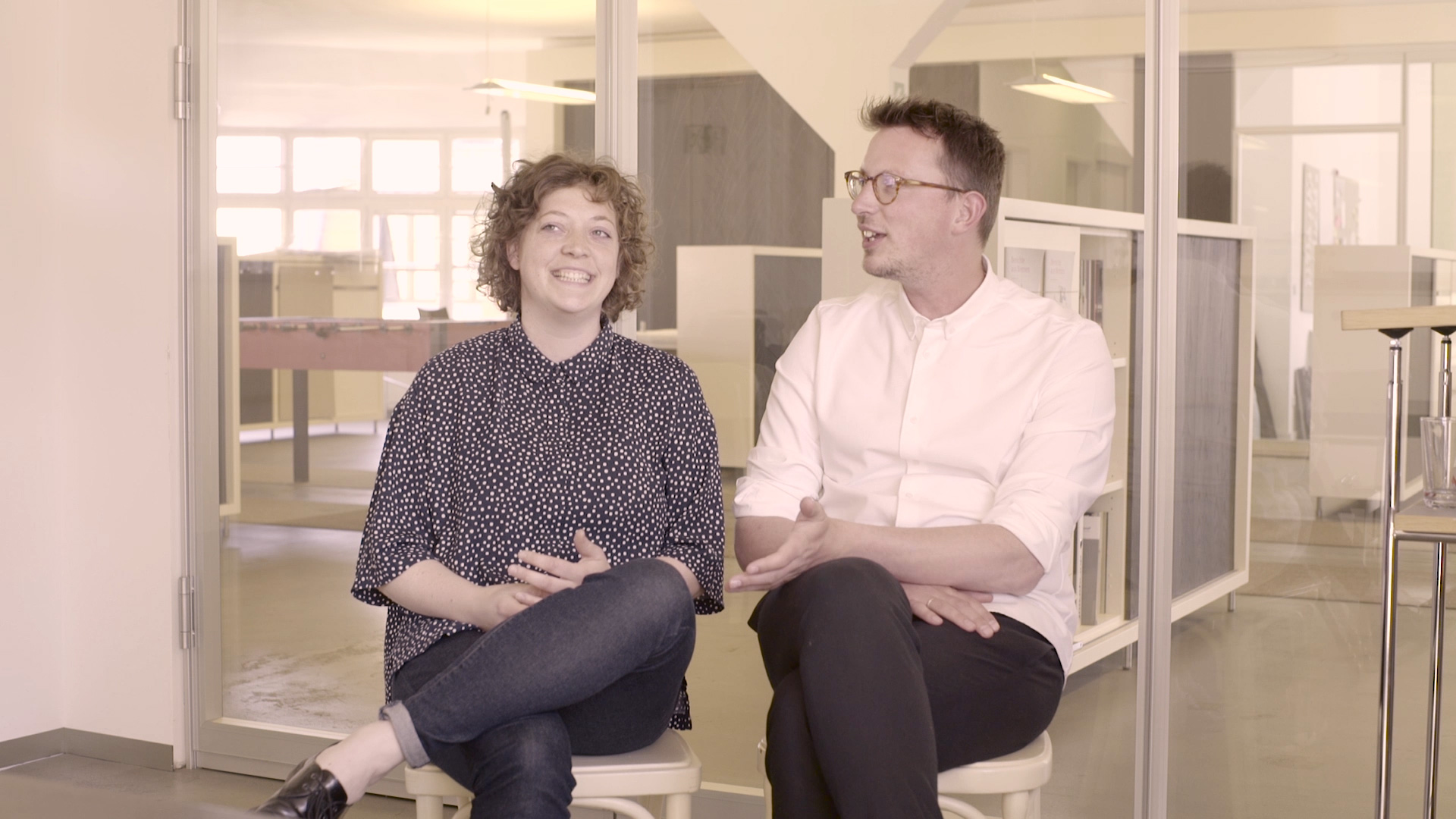
From FormDesigner & Filmmacher
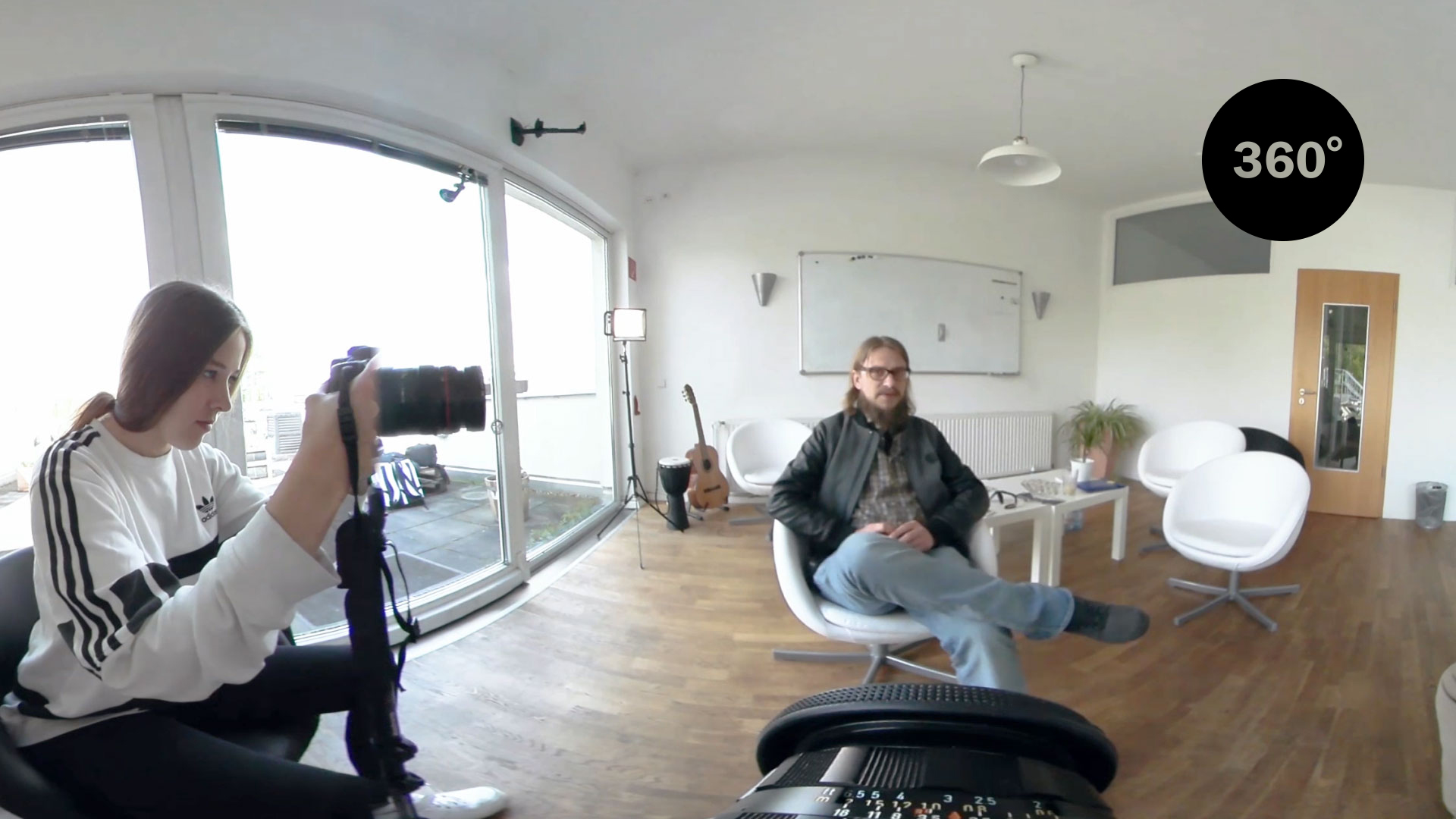
Sönke KirchhoffFilmemacher
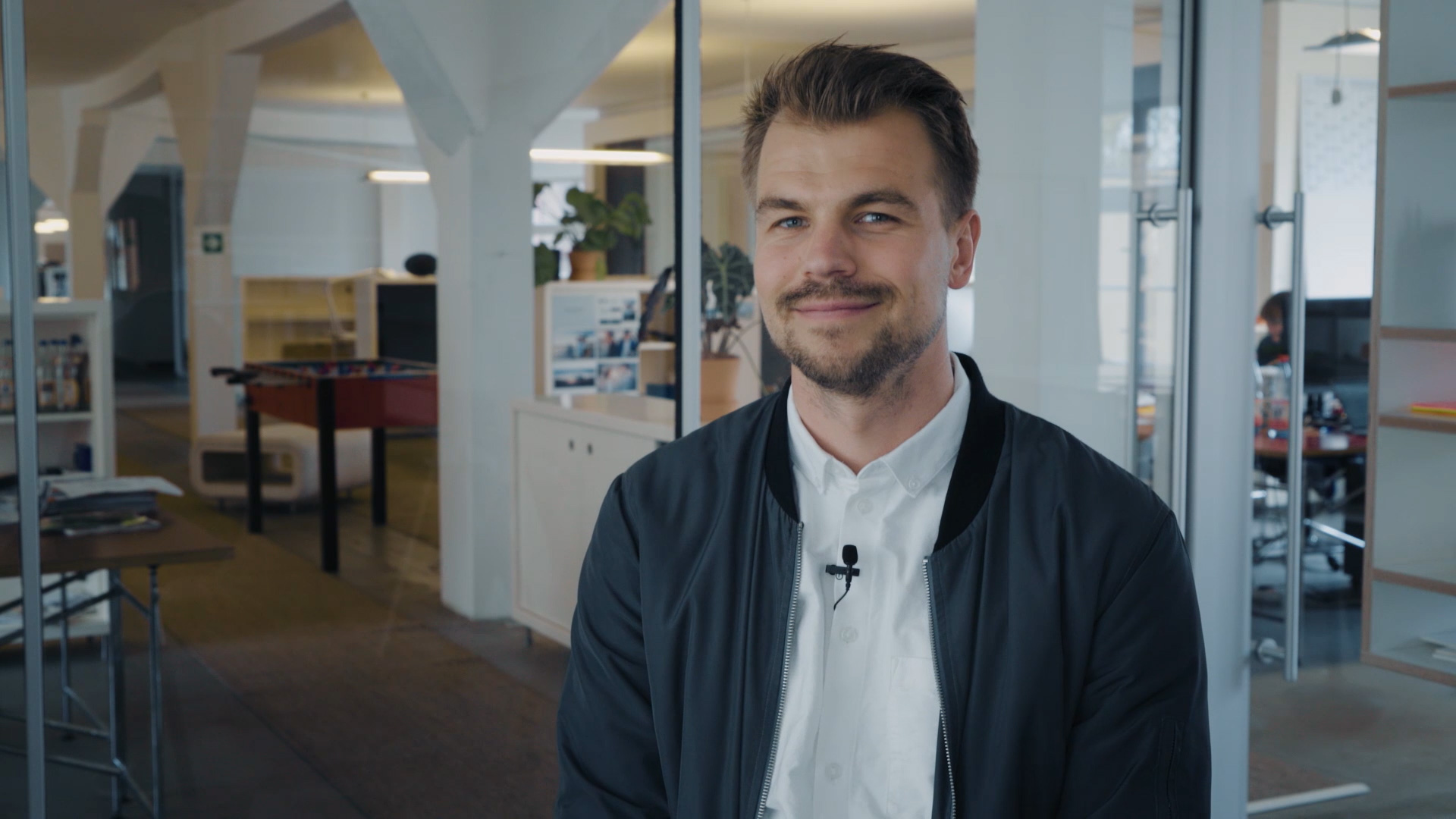
Holger JungnickelKameramann
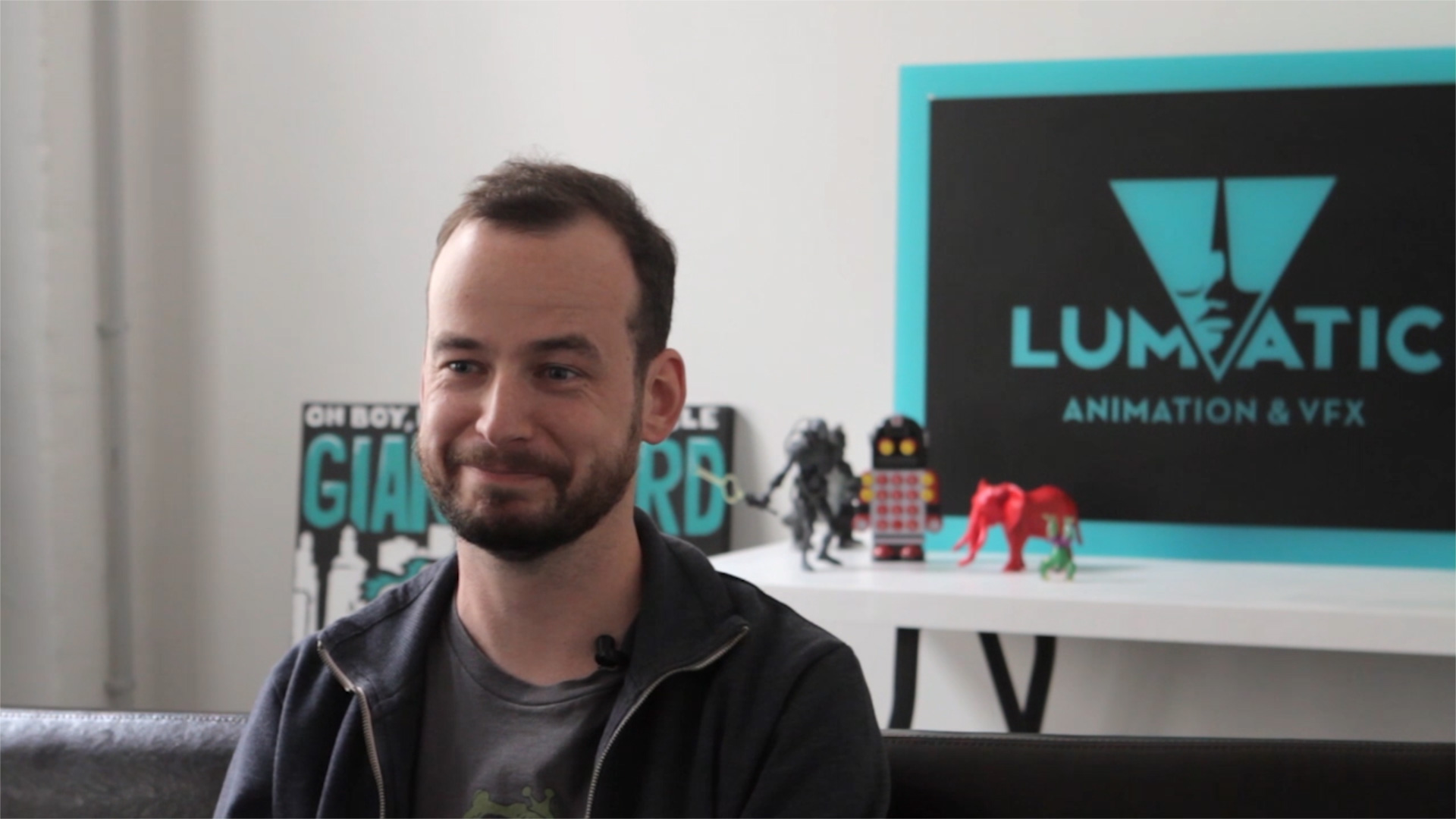
Lars KrügerAnimator & Co-Founder Lumatic
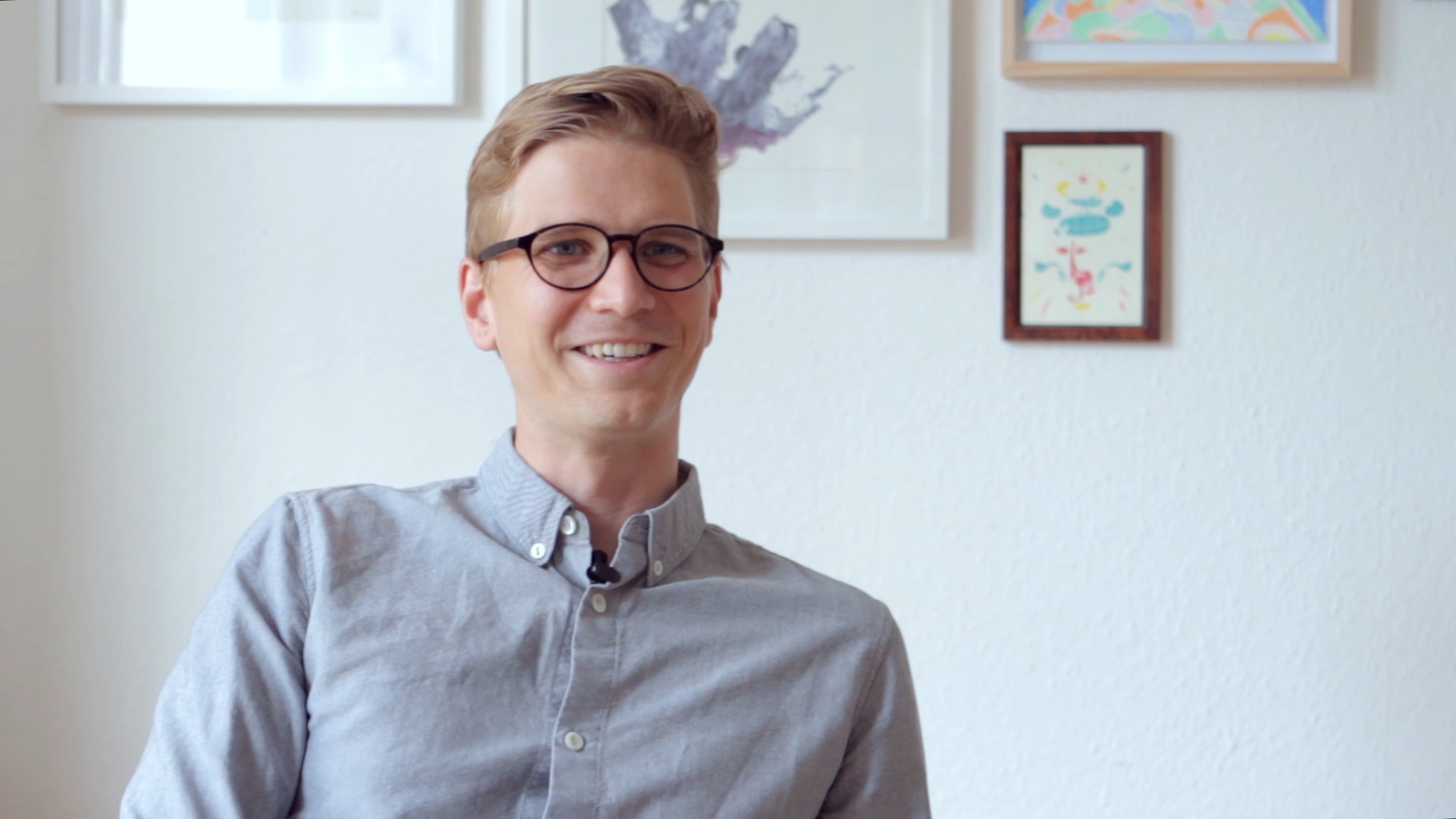
Conrad OstwaldAnimator & Compositor
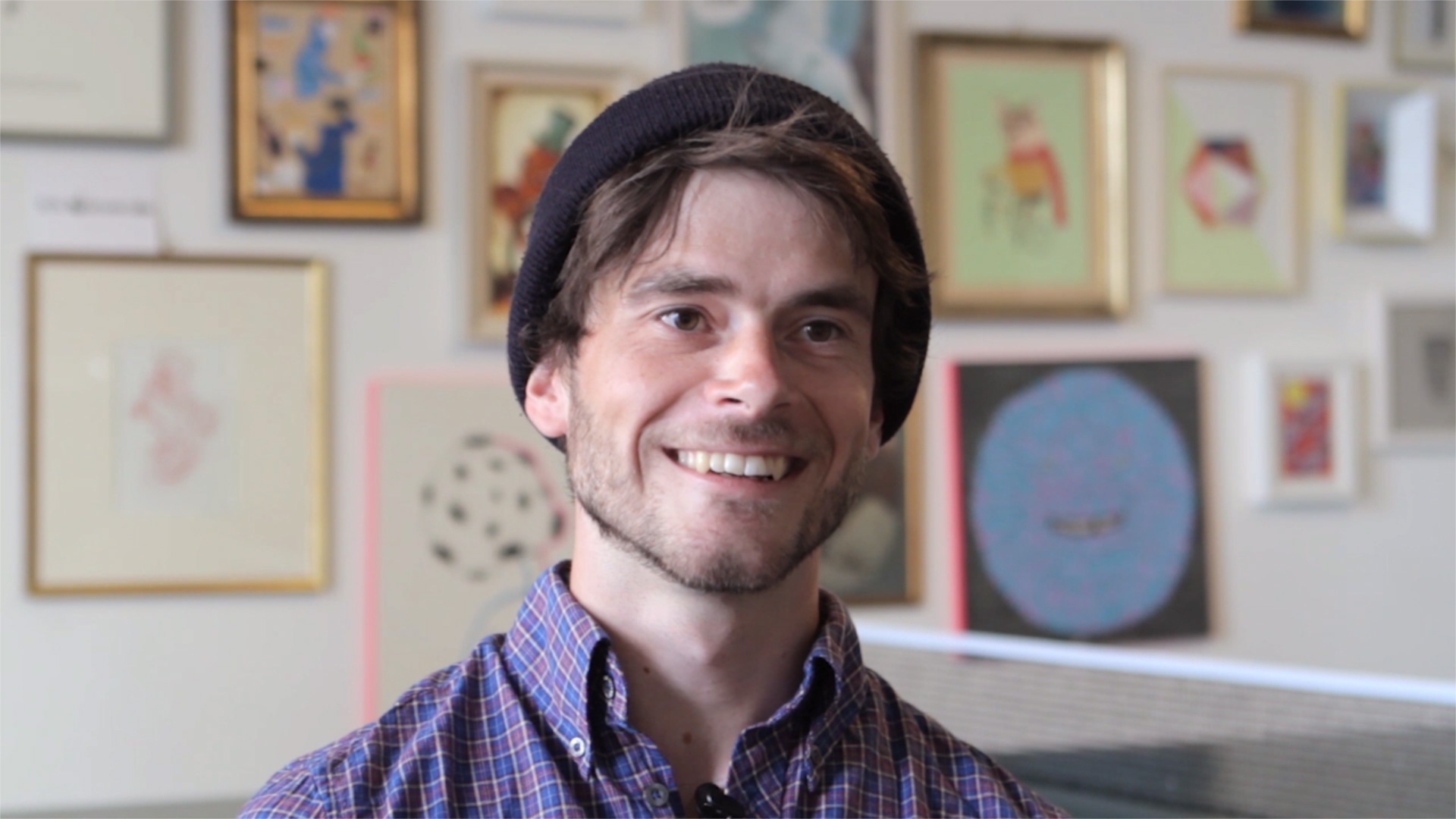
Kristian BarthenFotograf
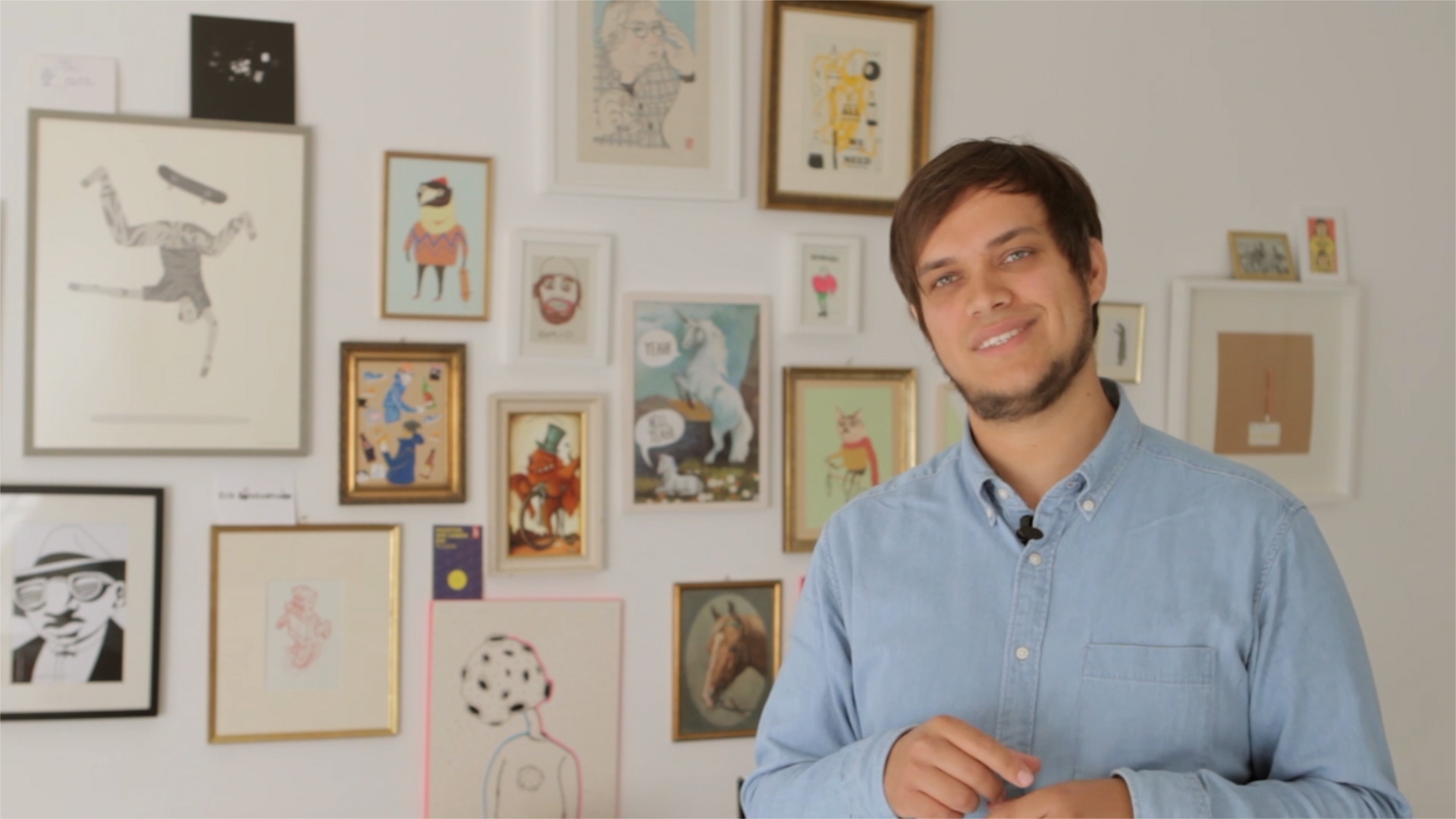
Mario GorniokArt Director, Motion Designer & Founder KEENLY
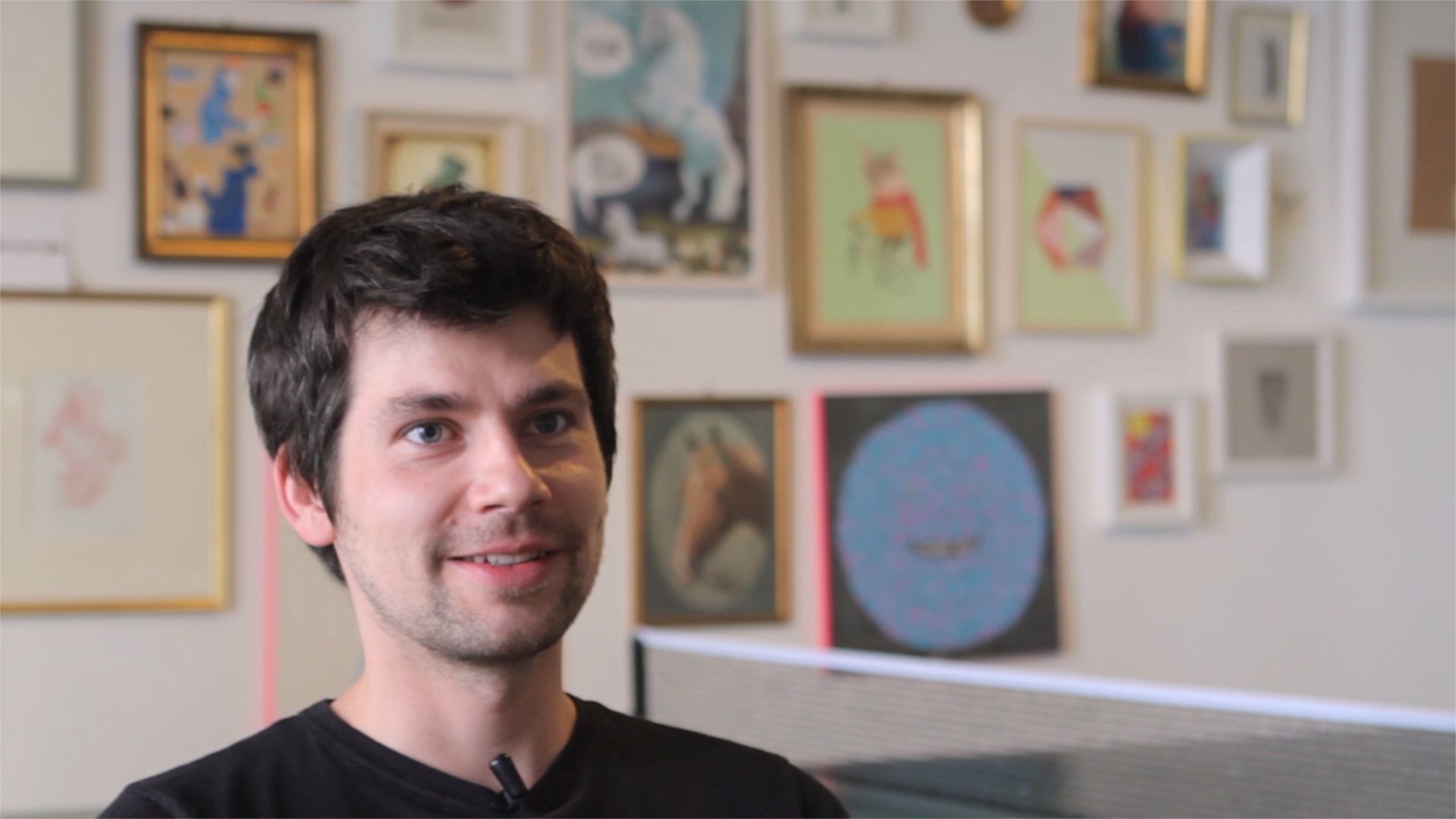
Robert LöbelIllustrator & Animator